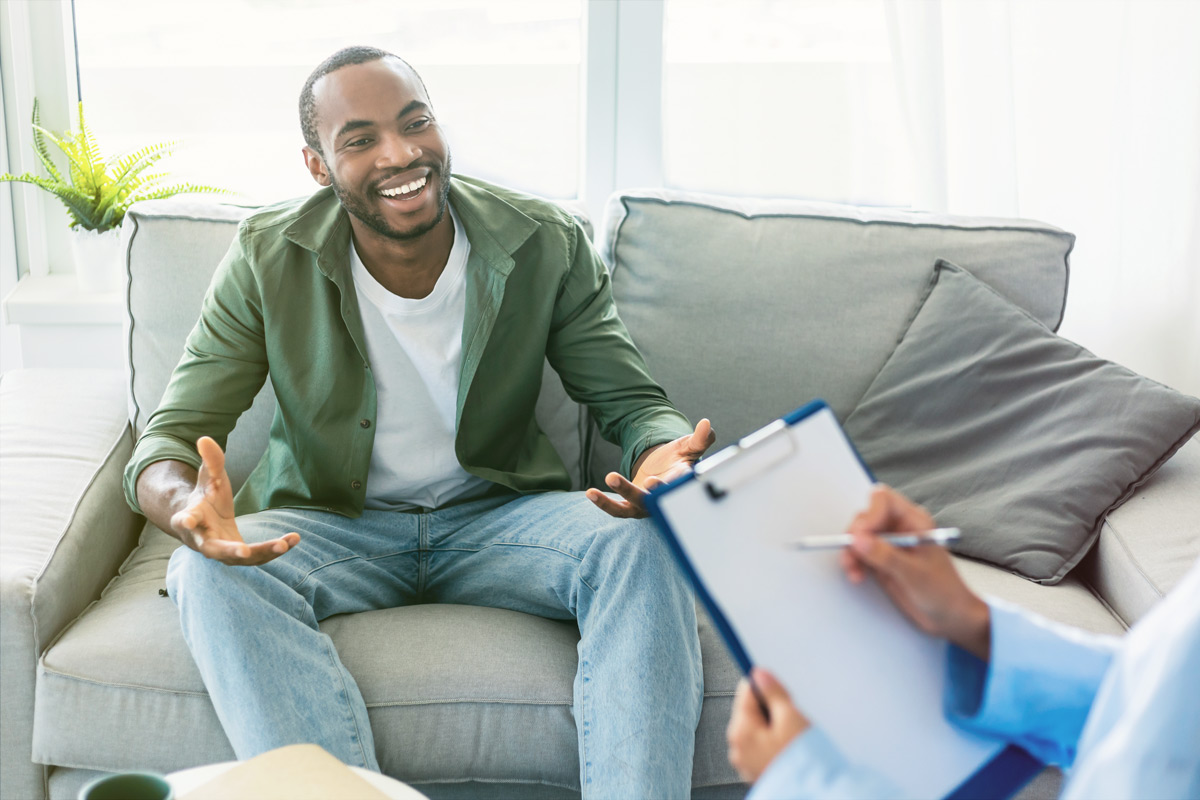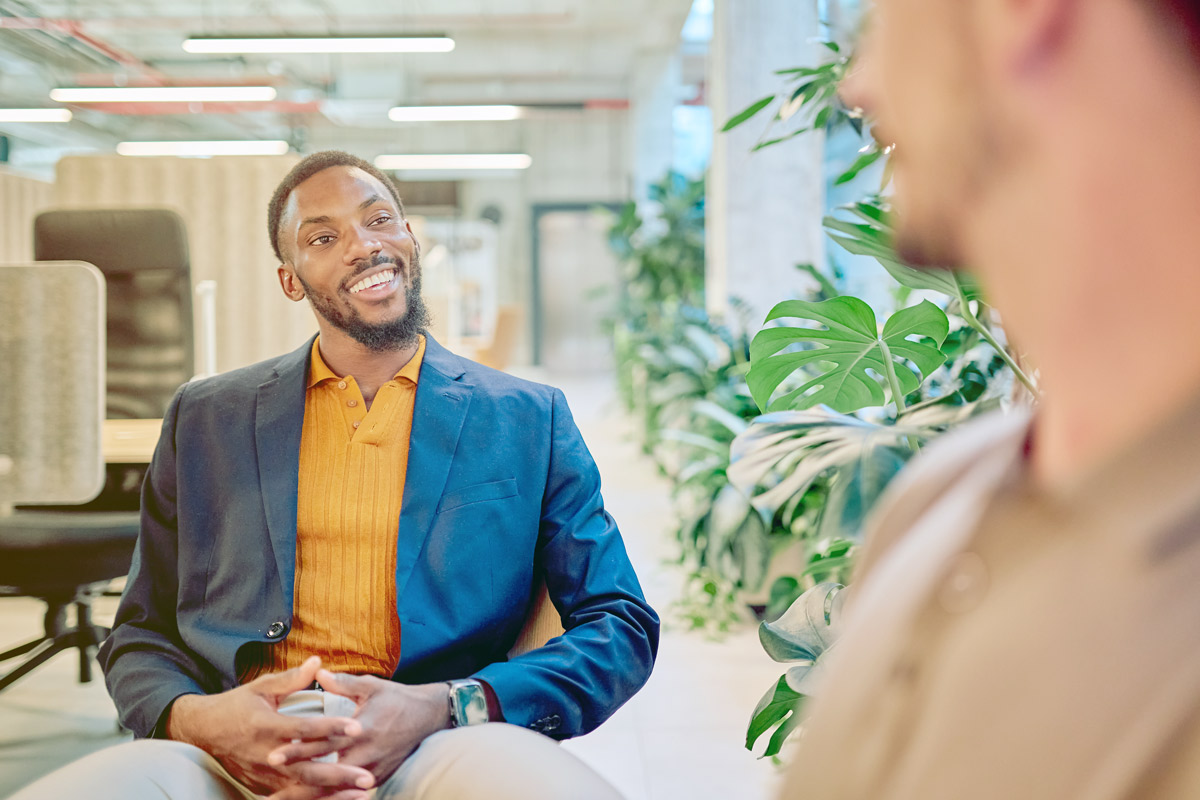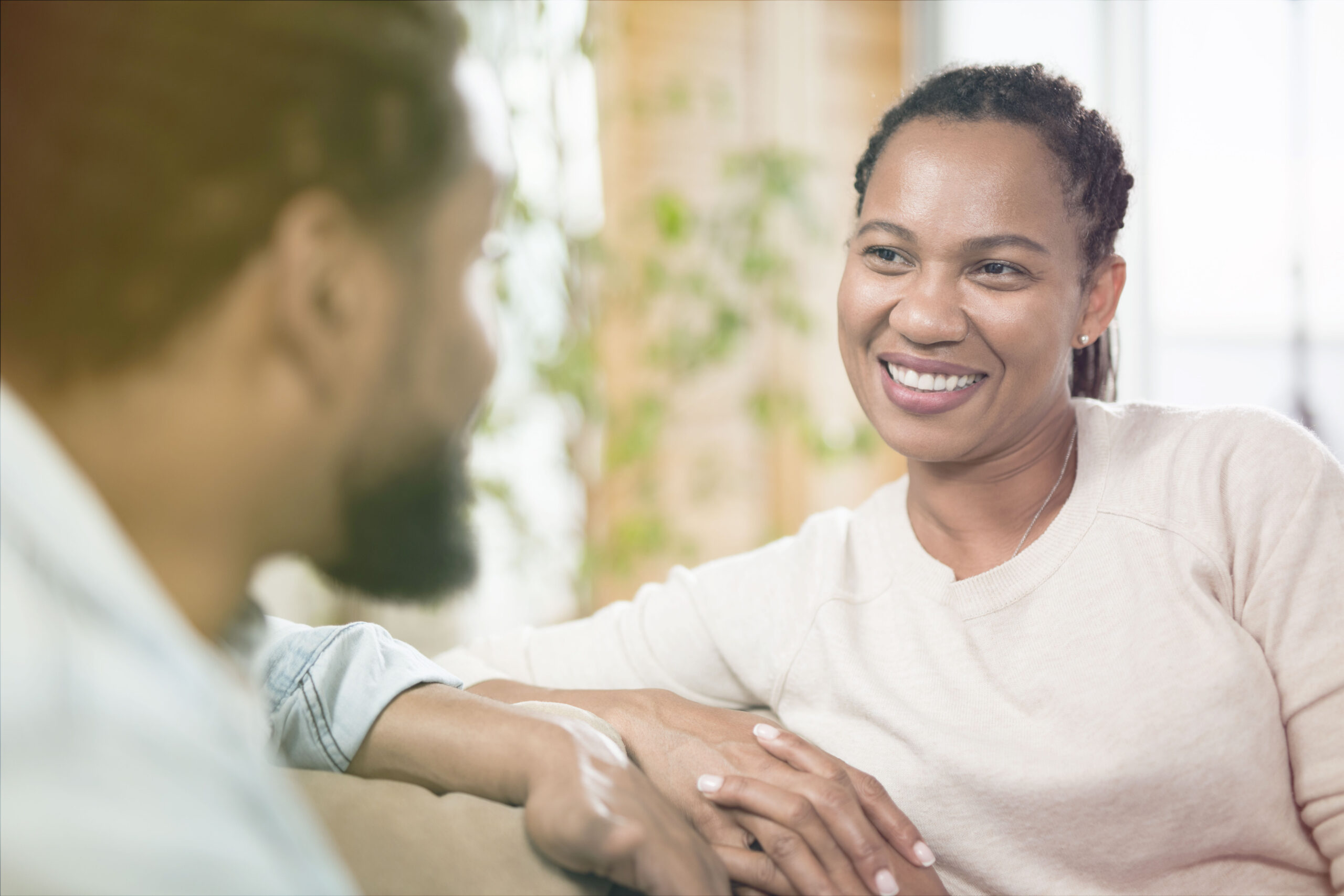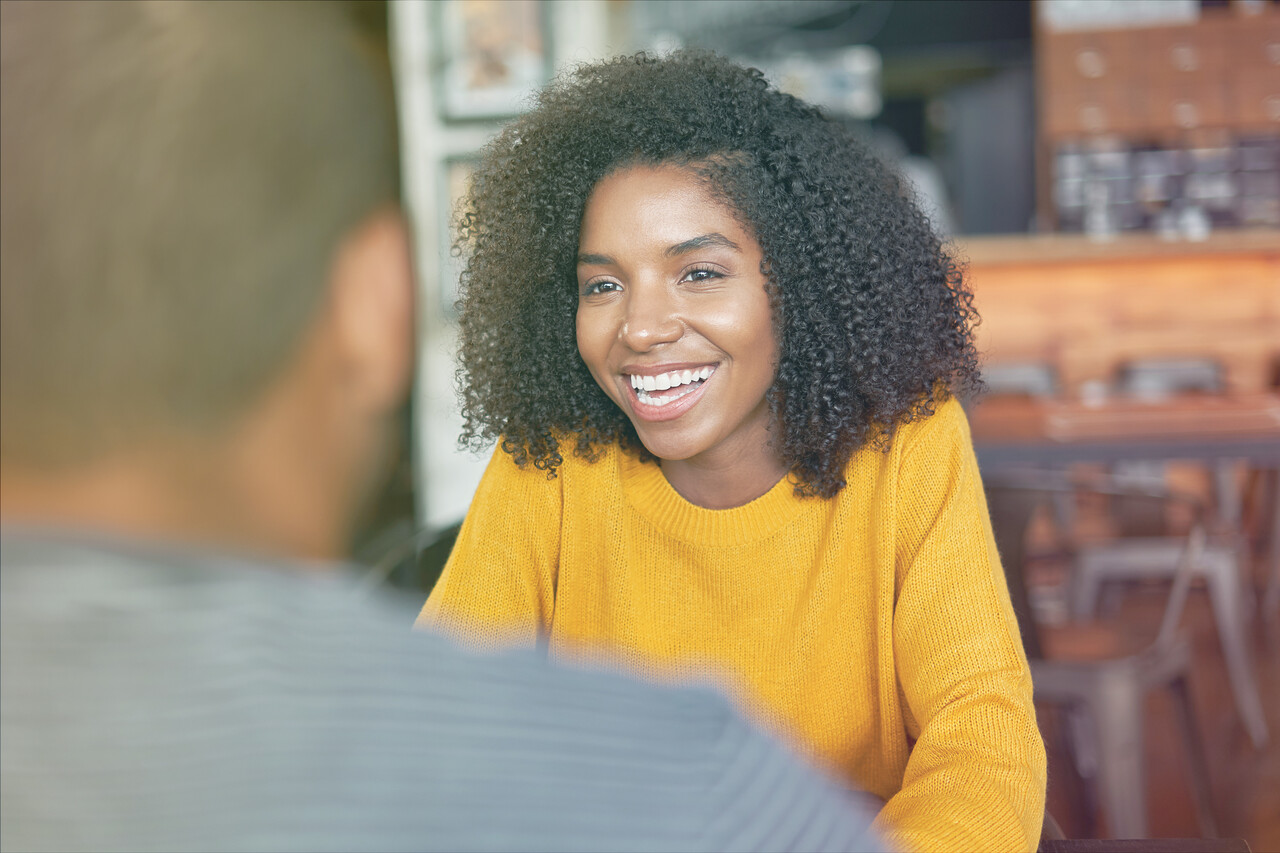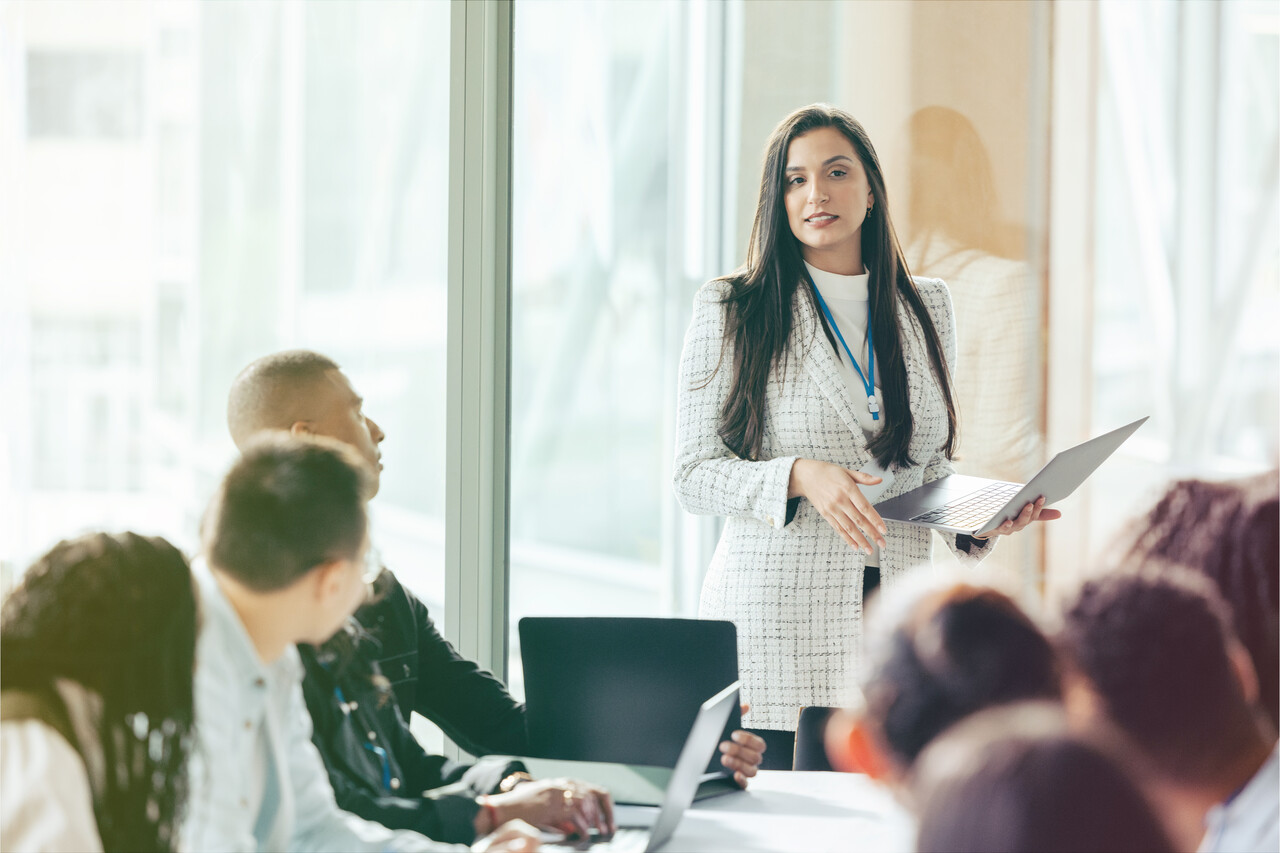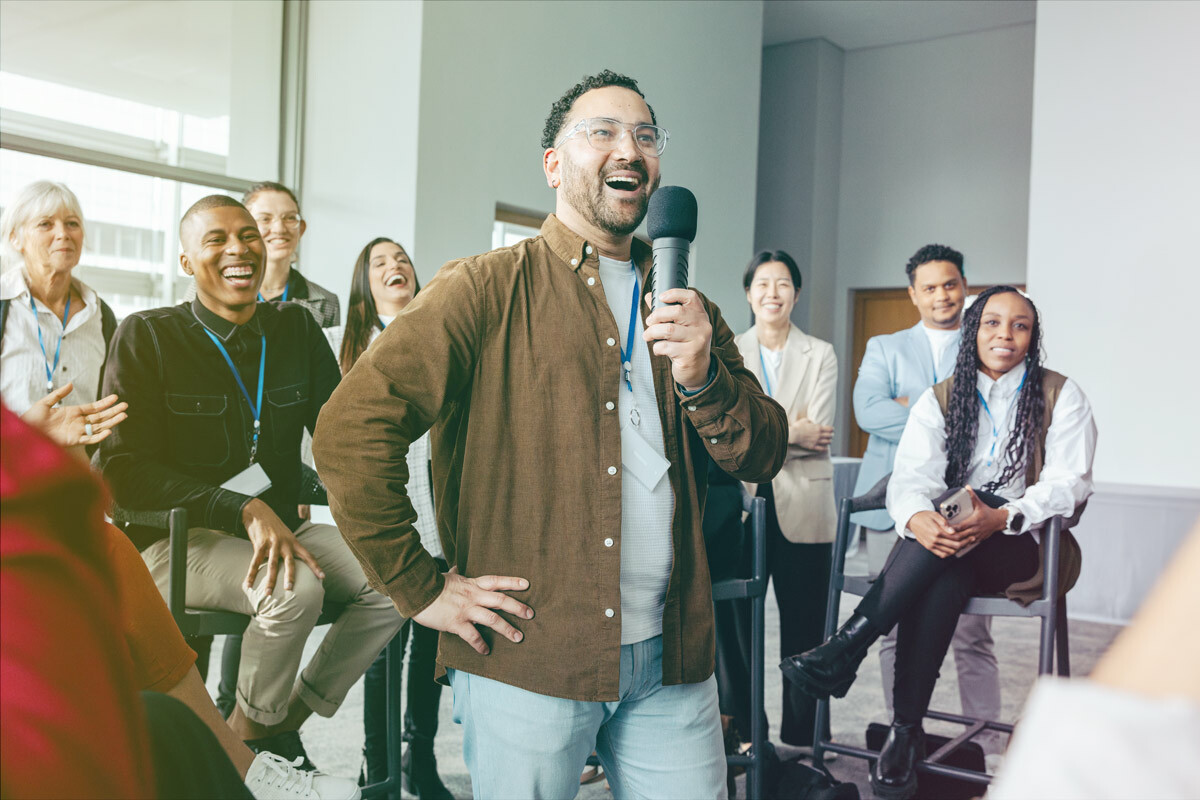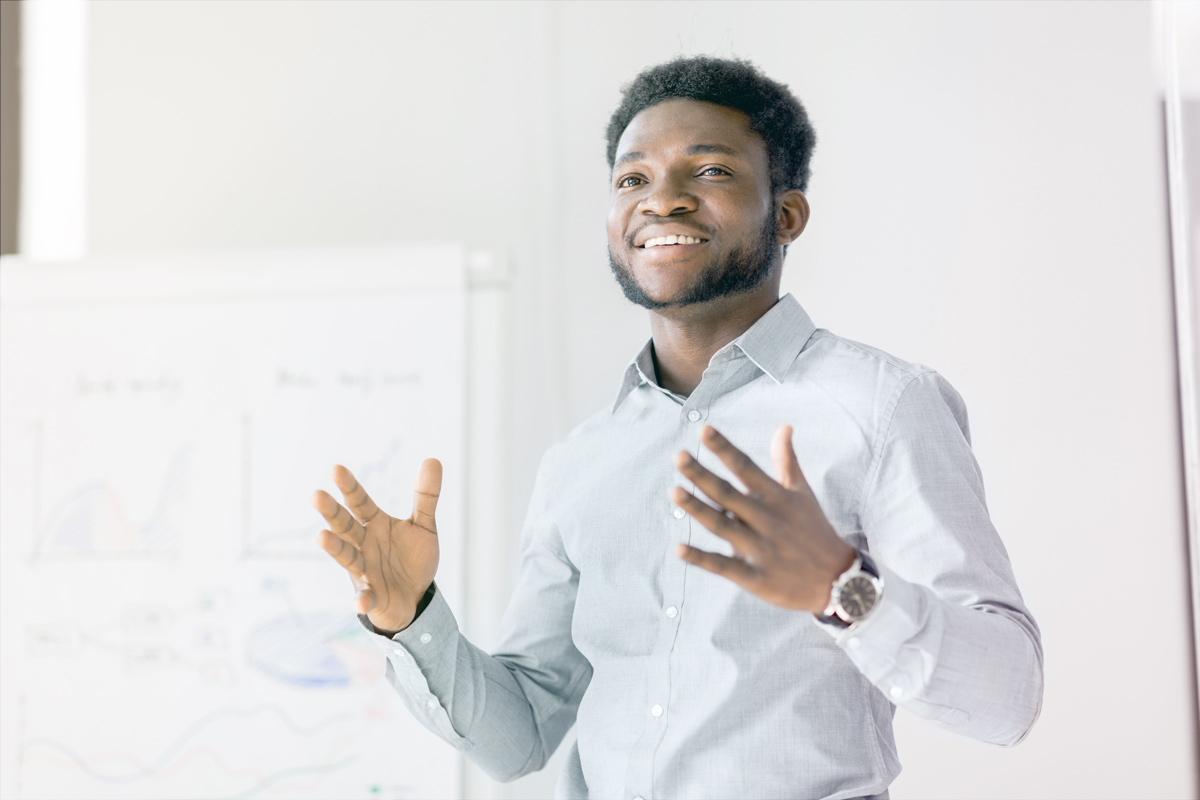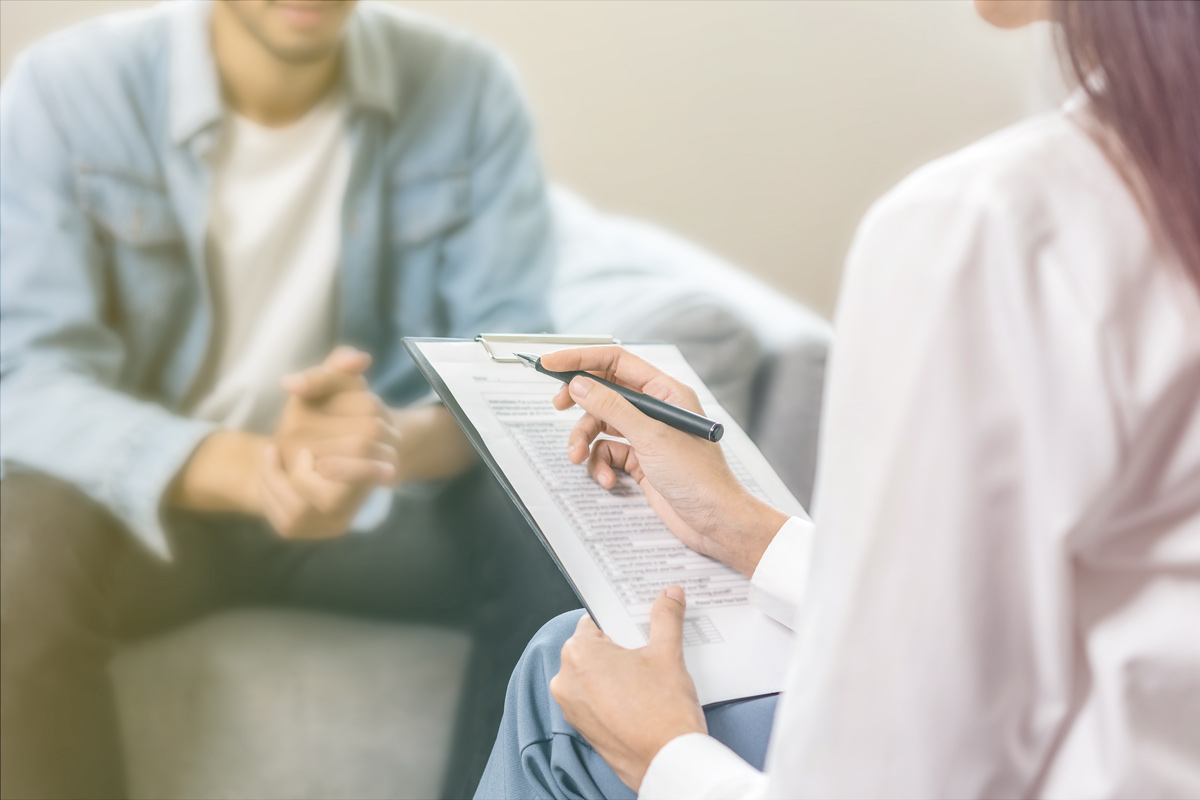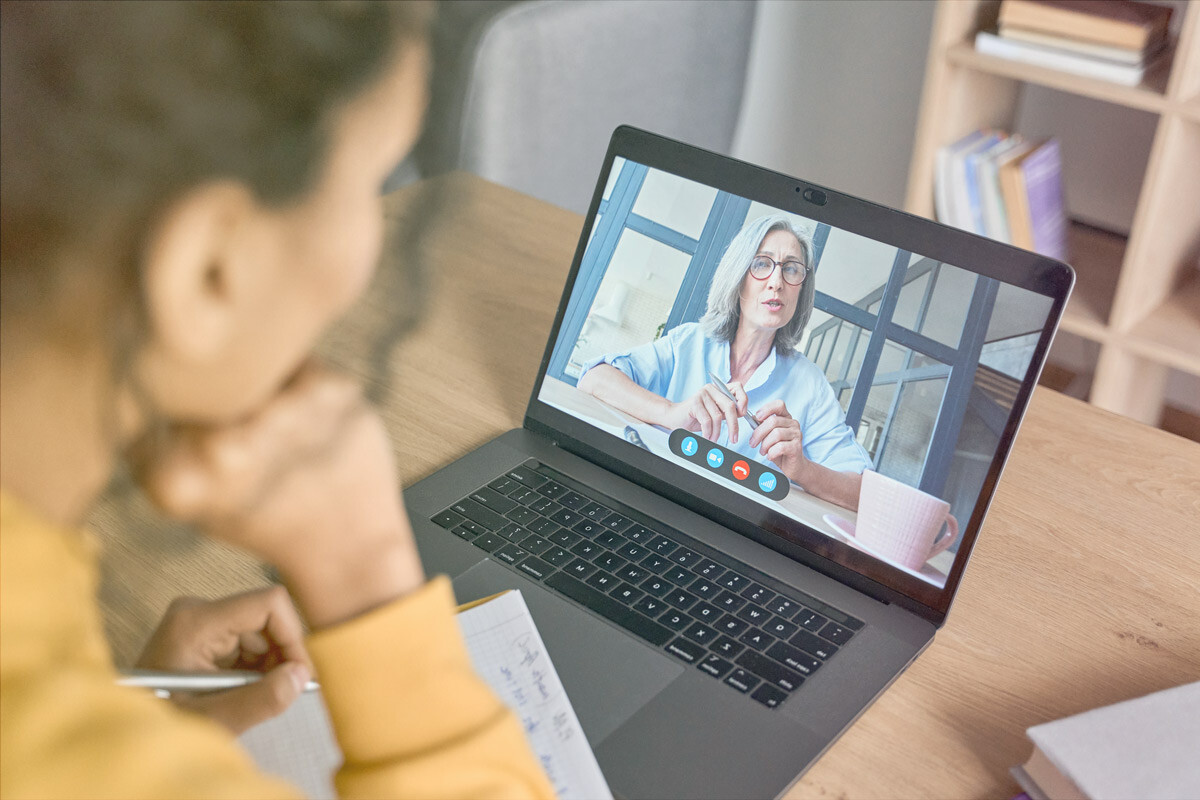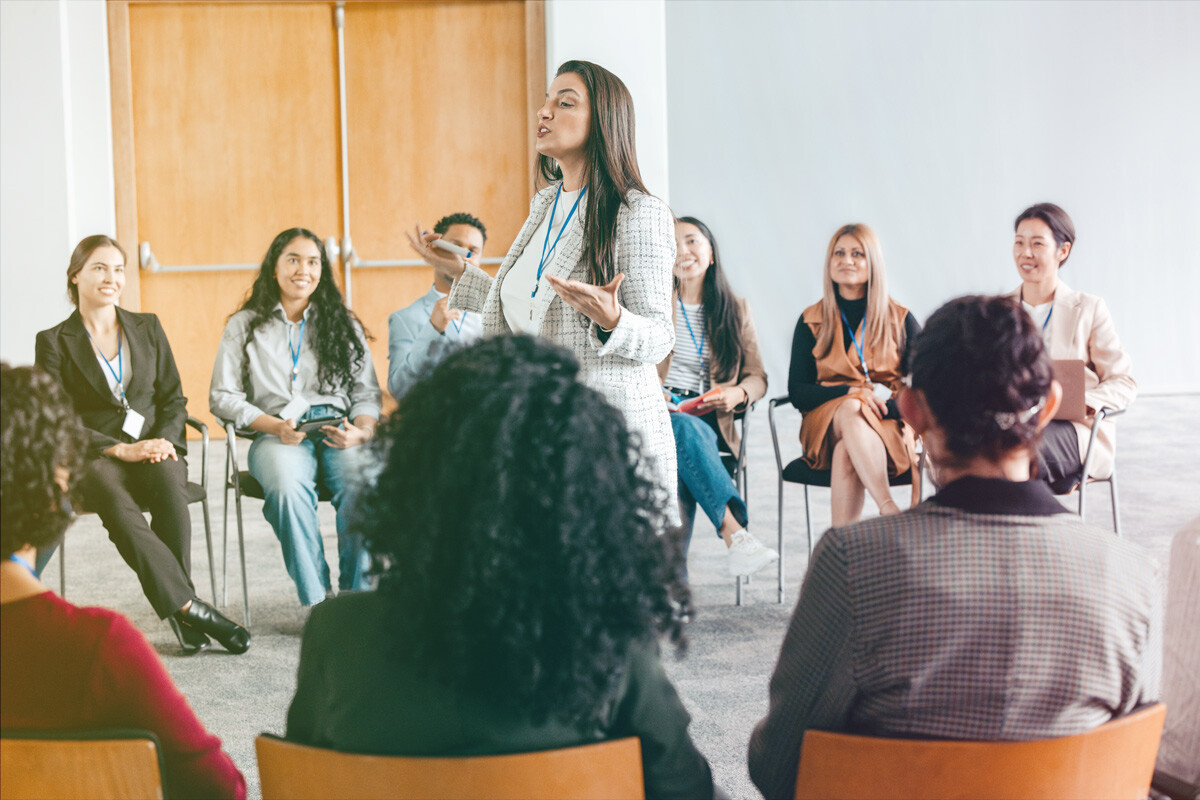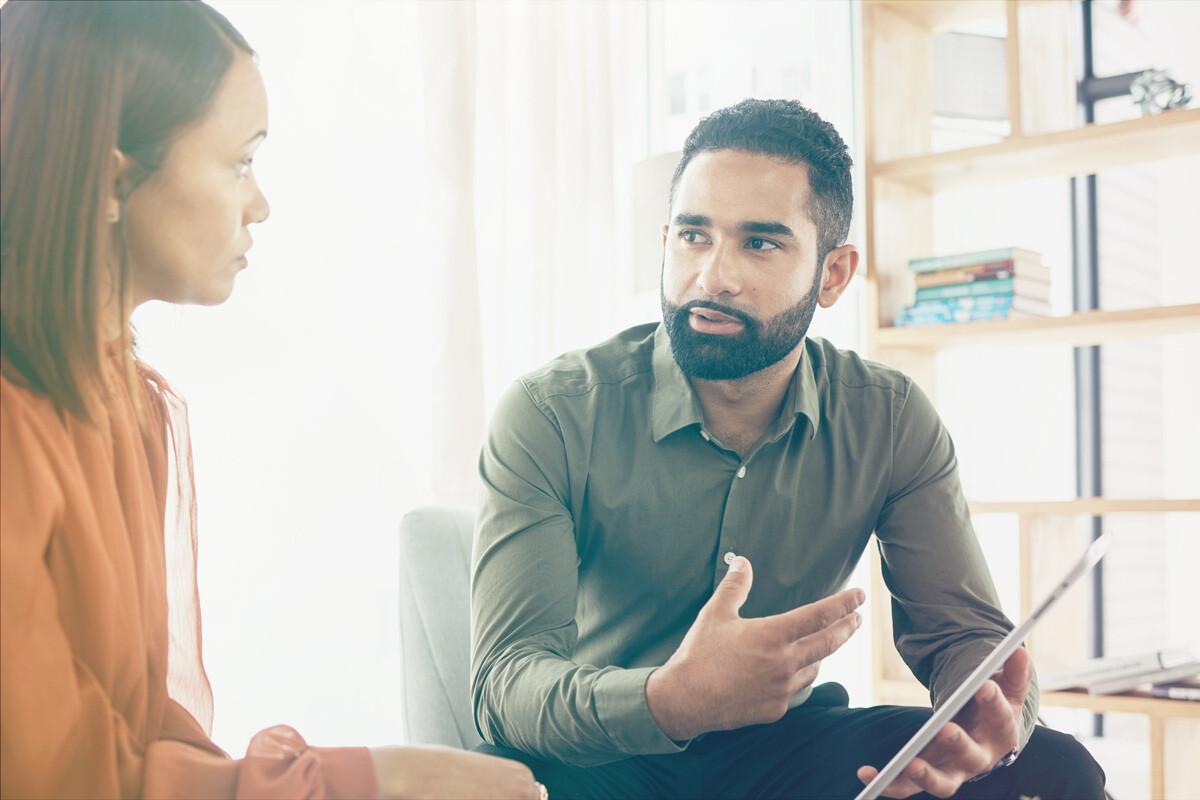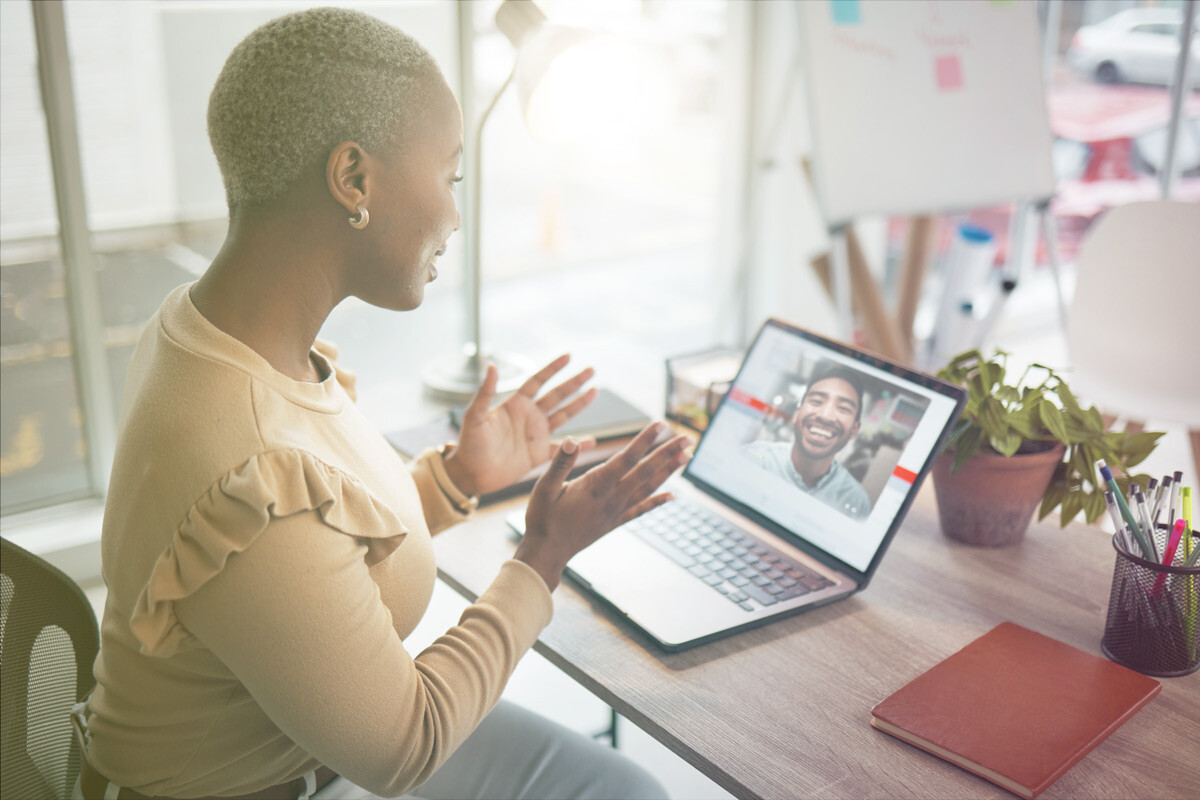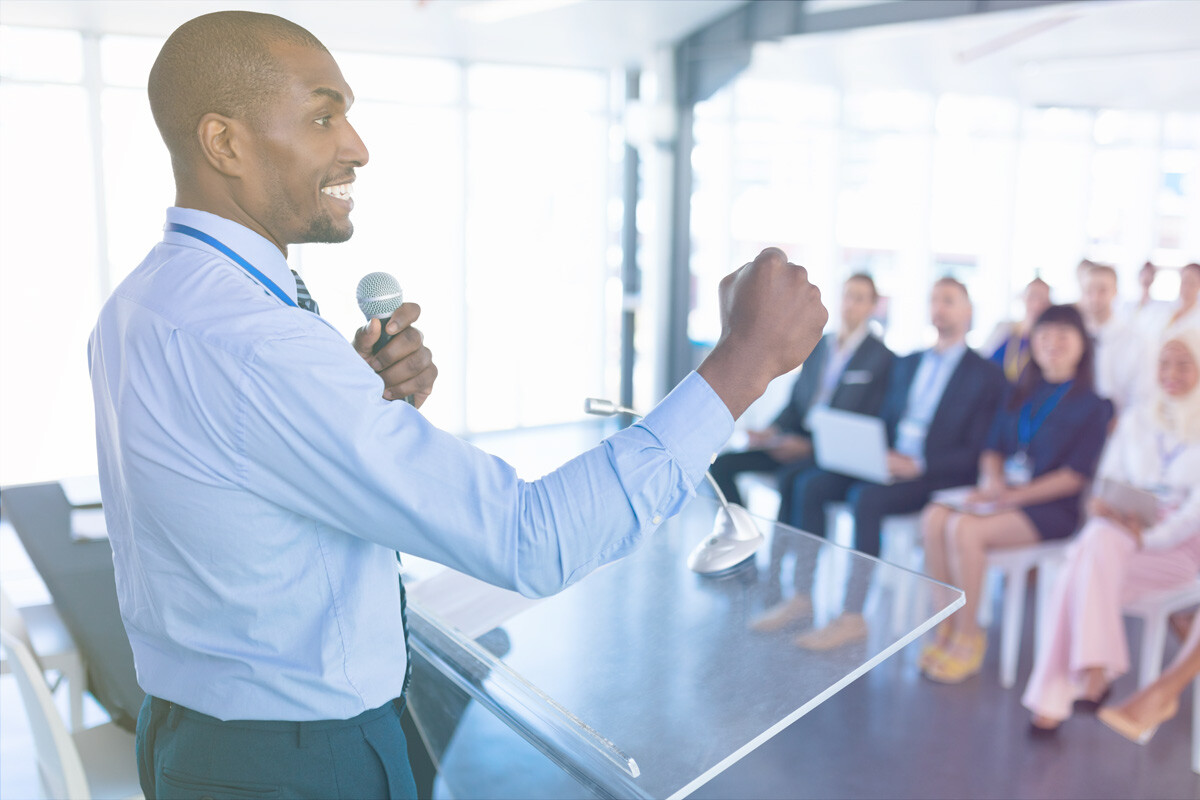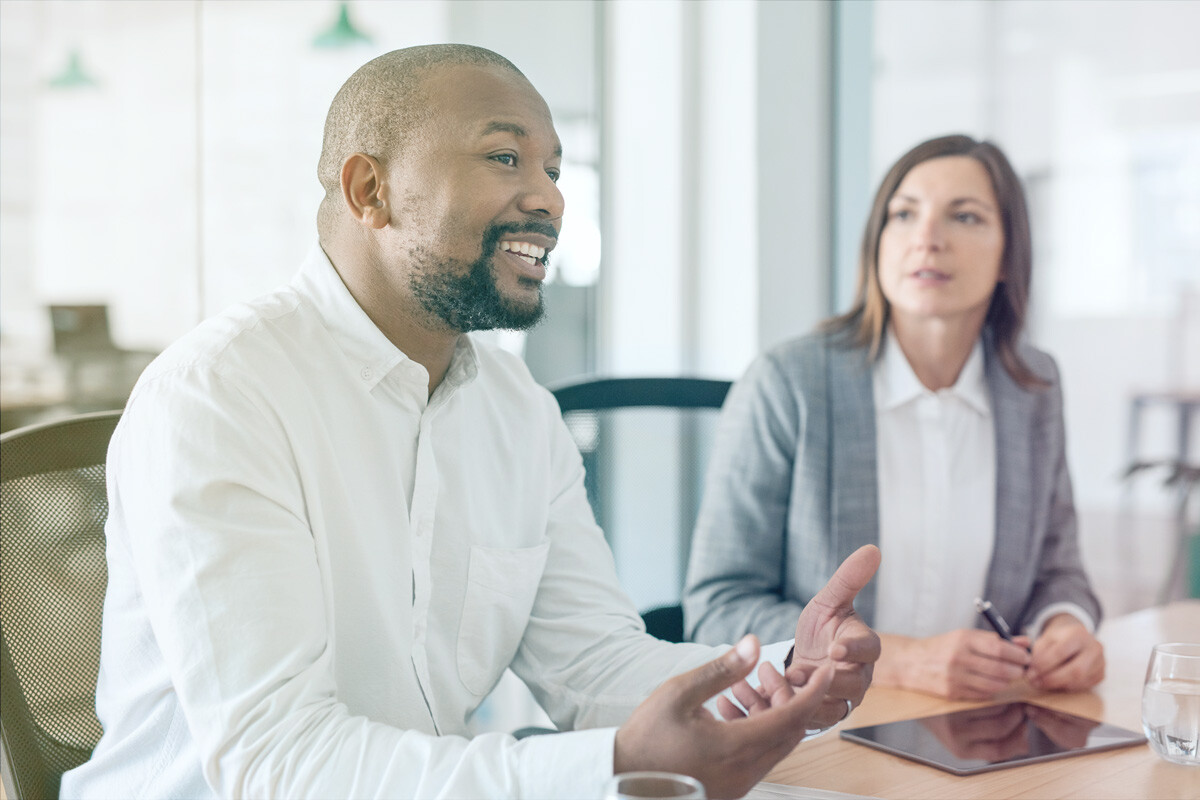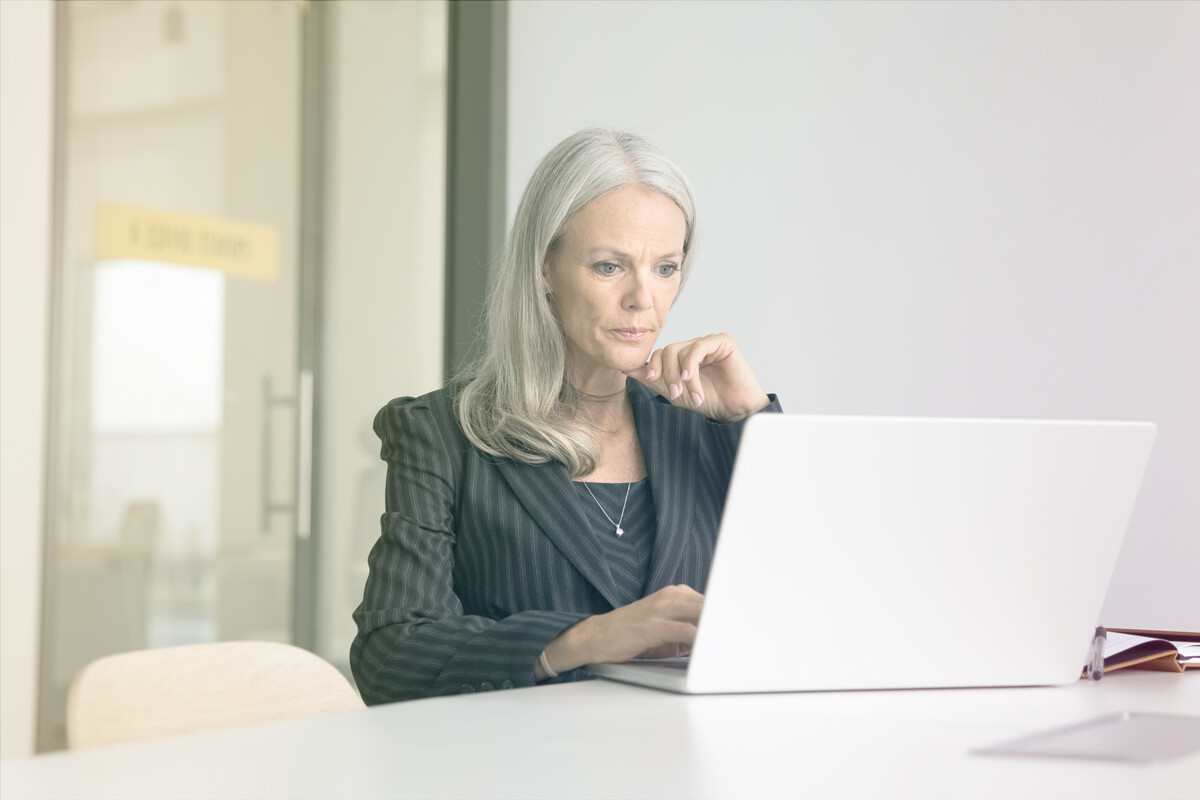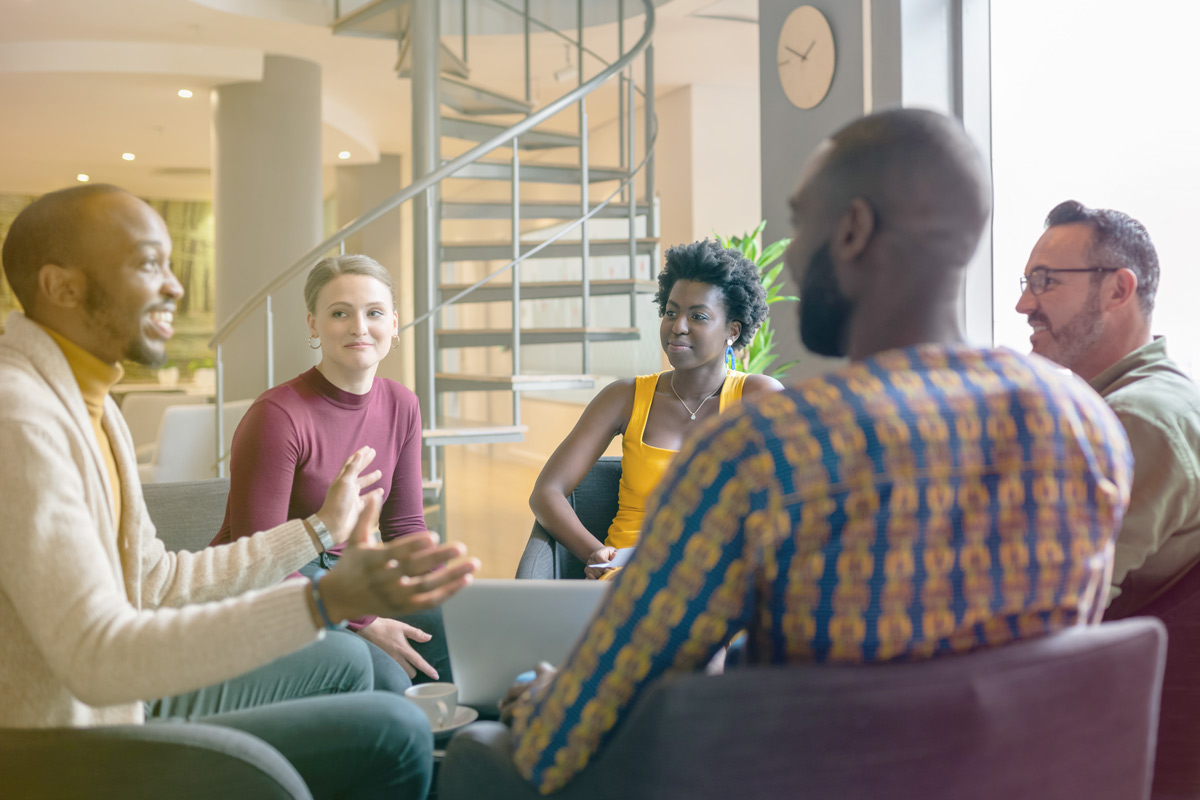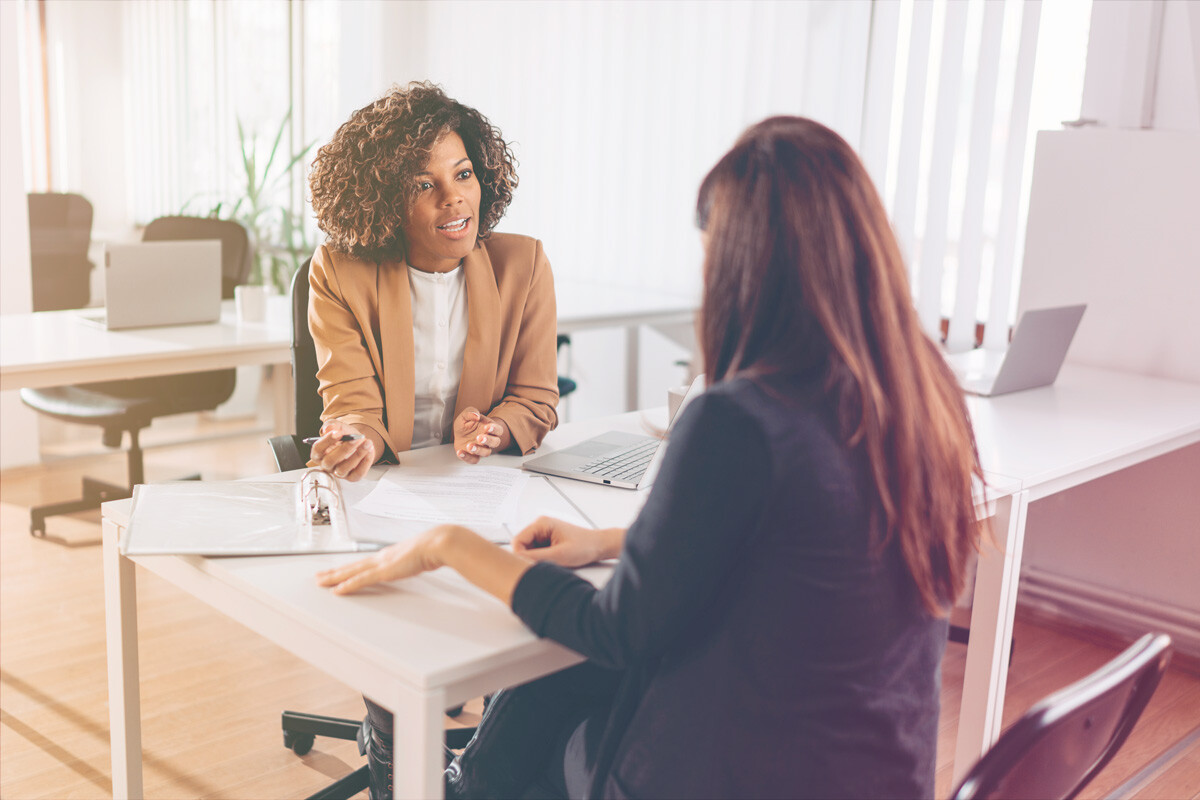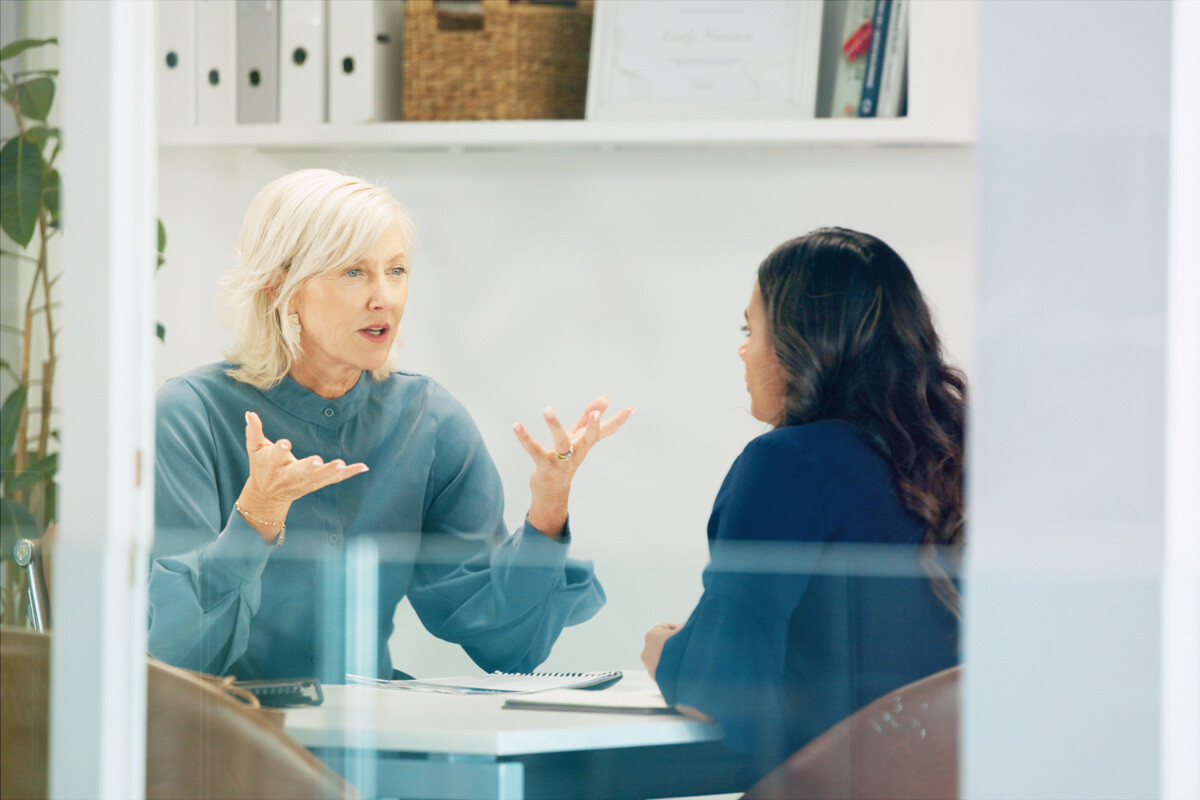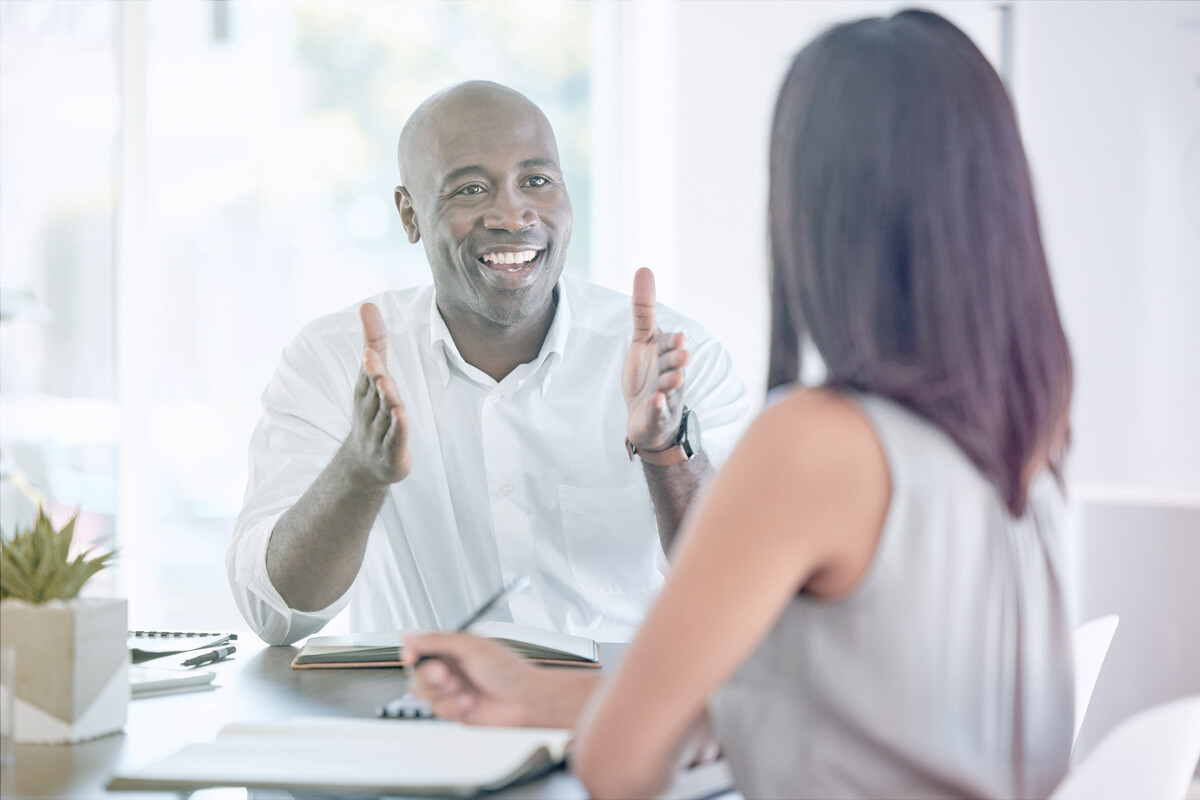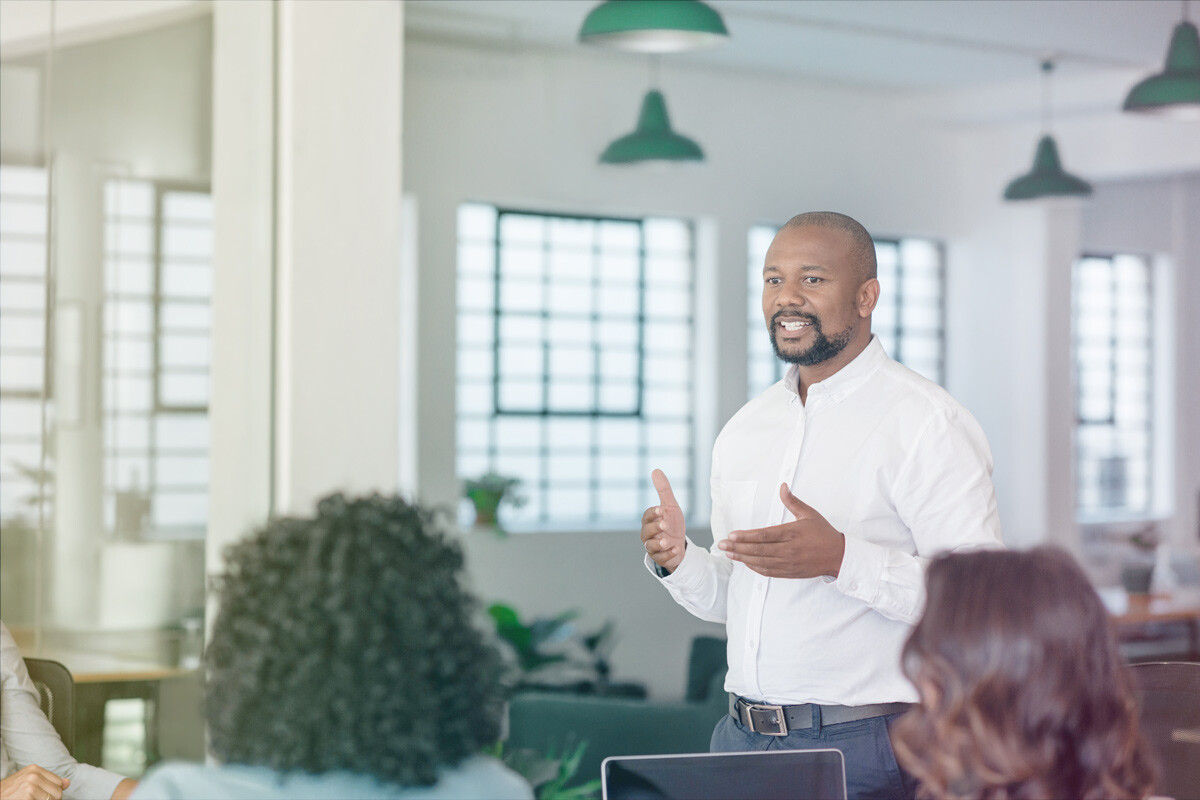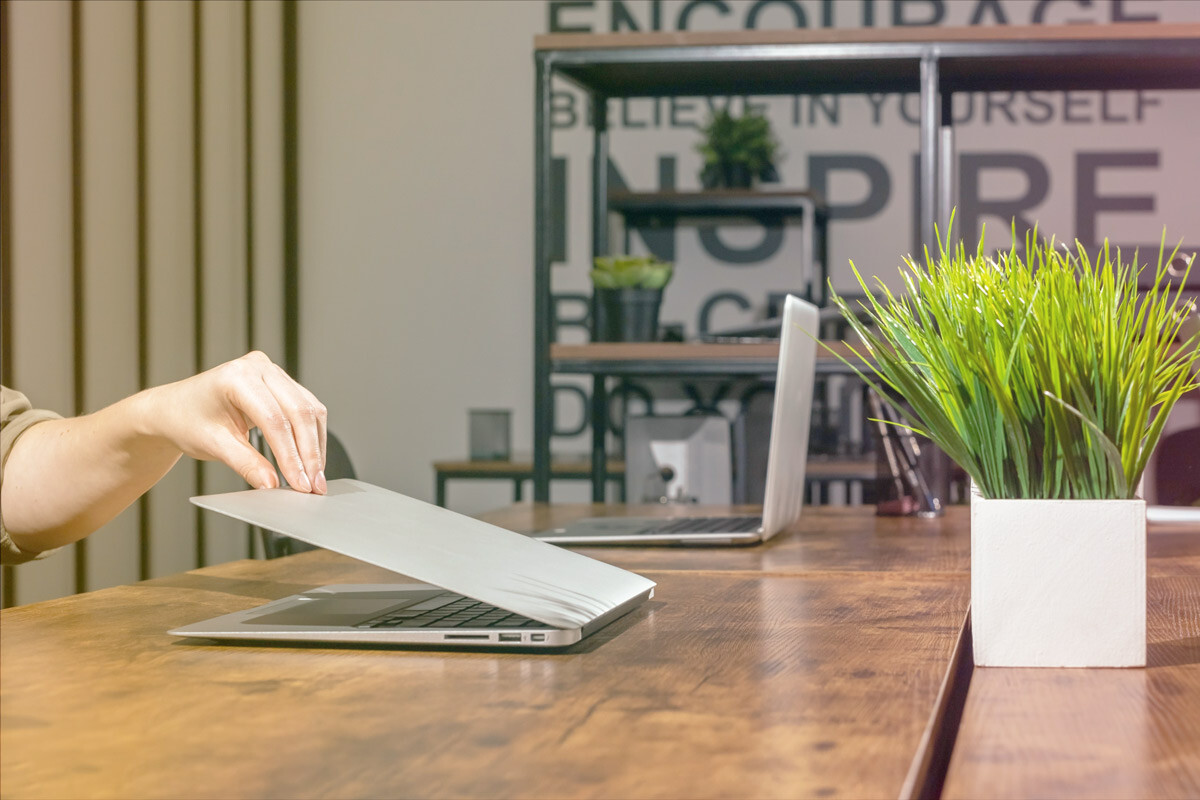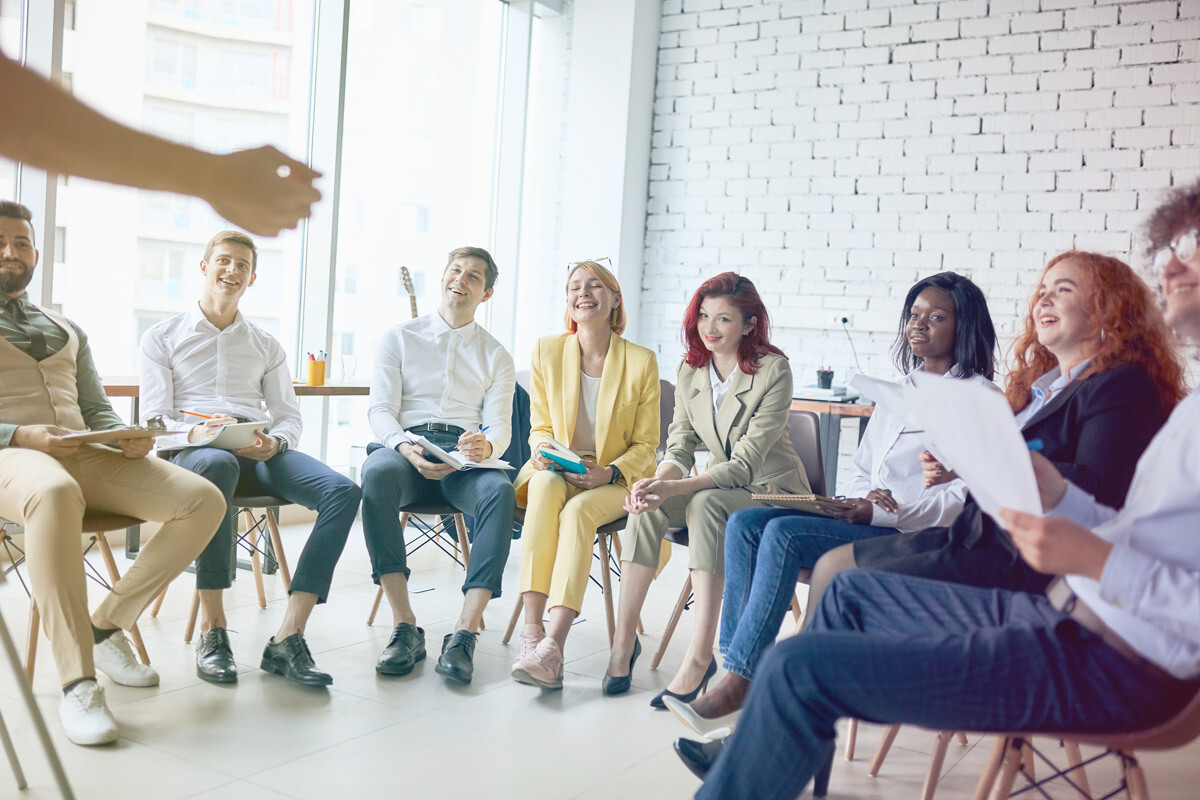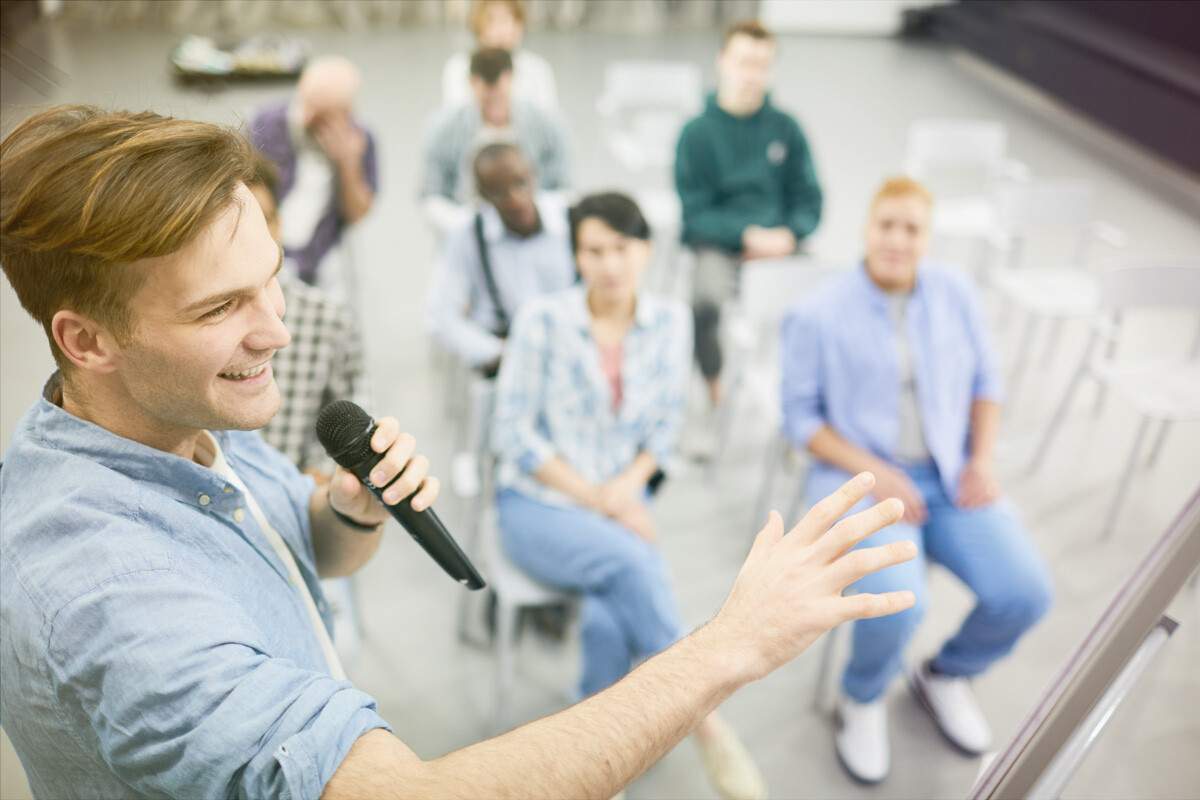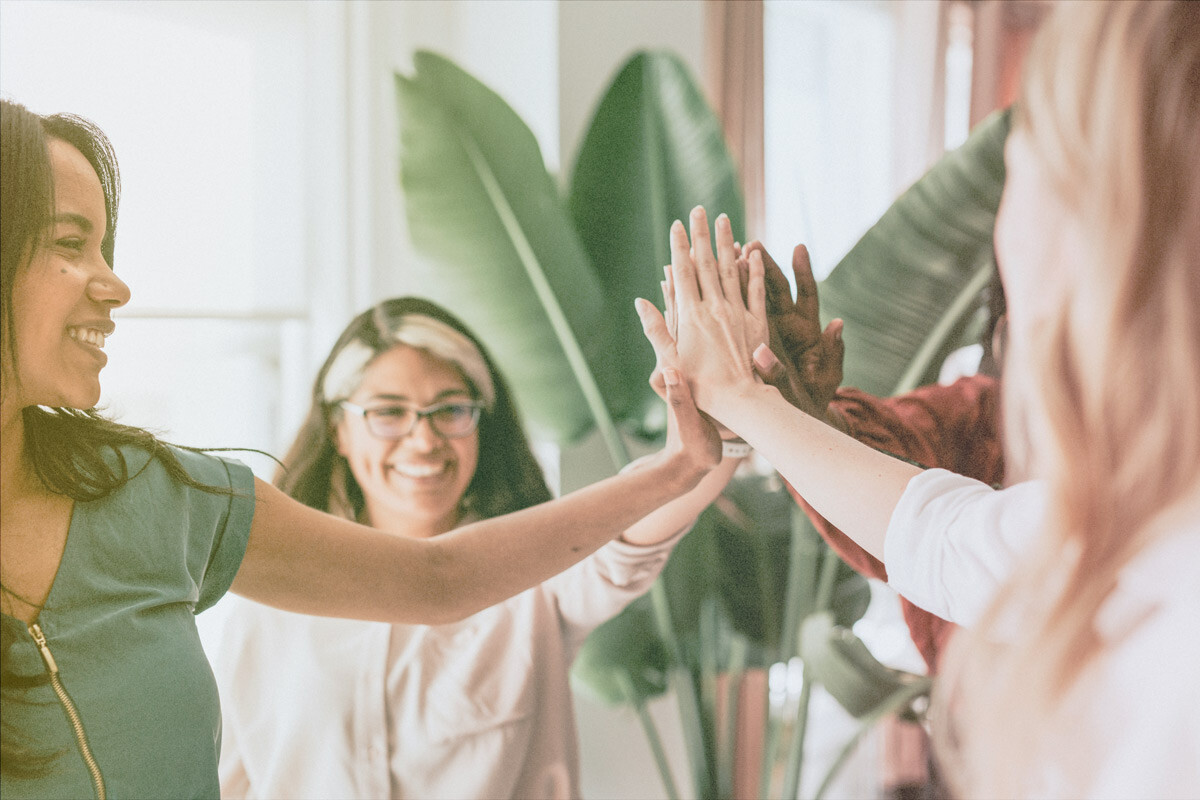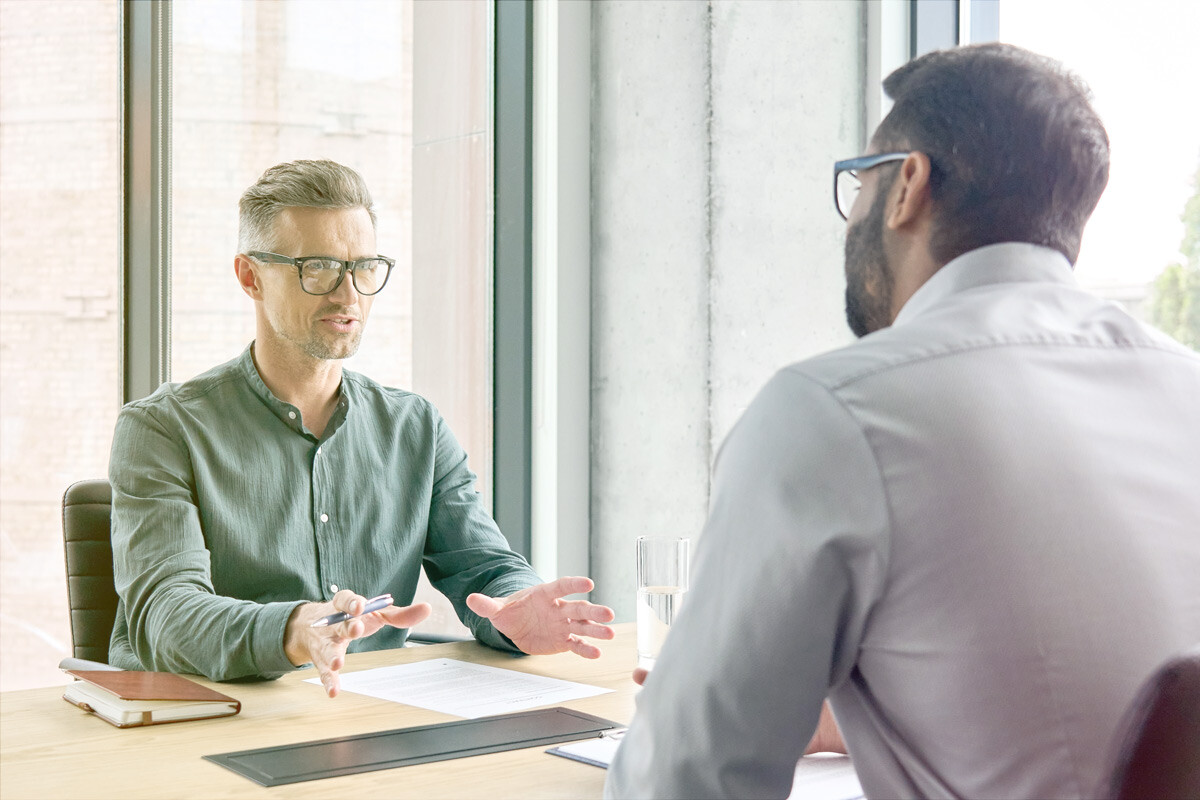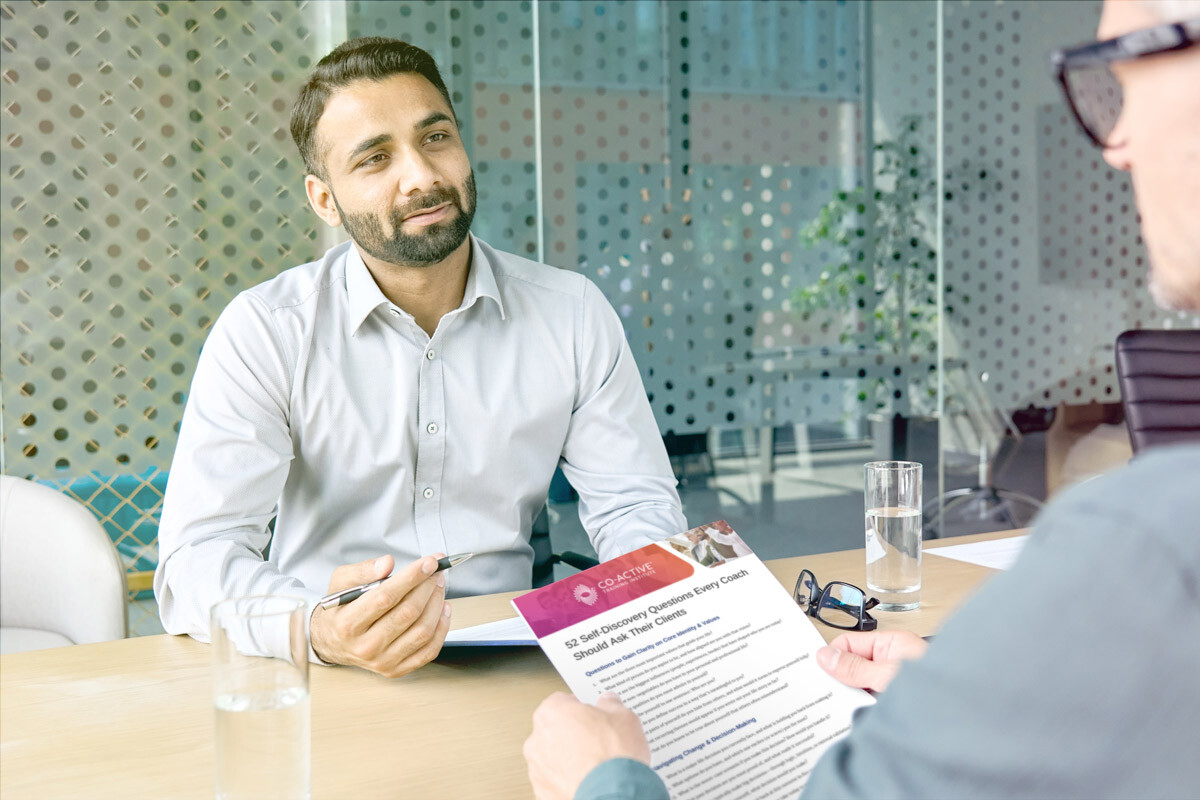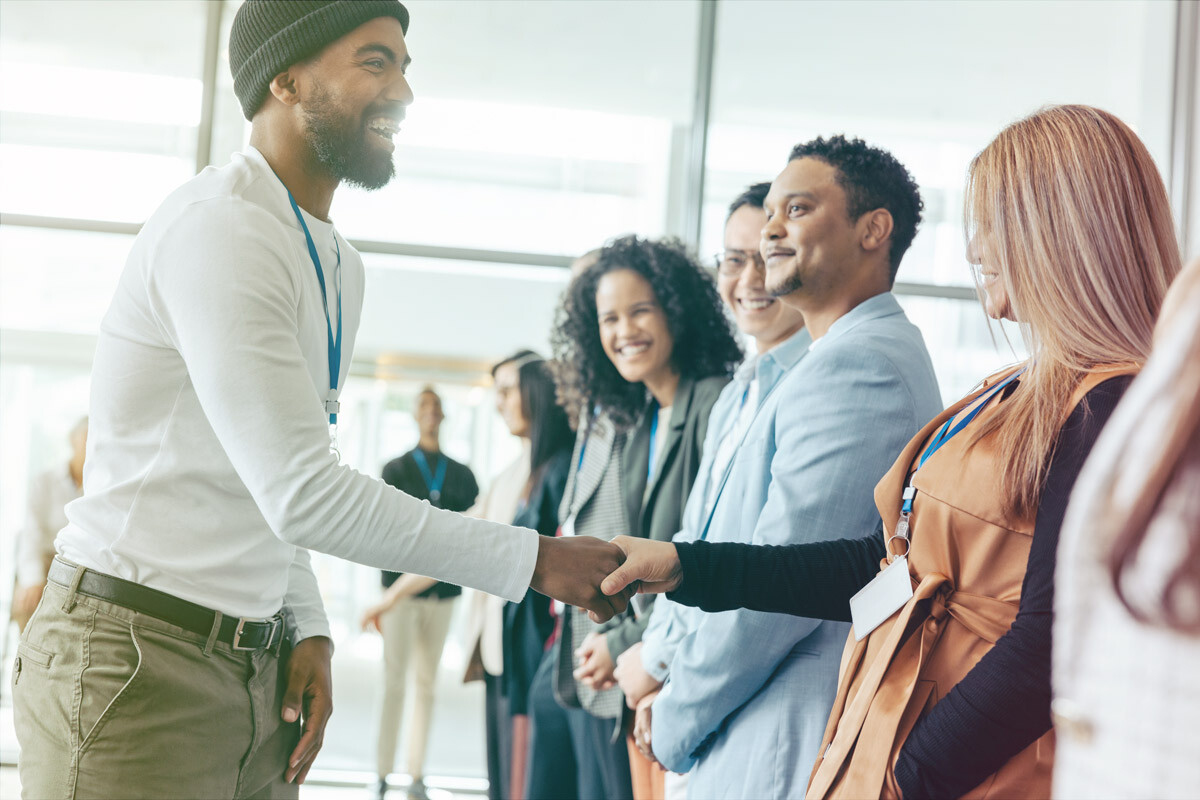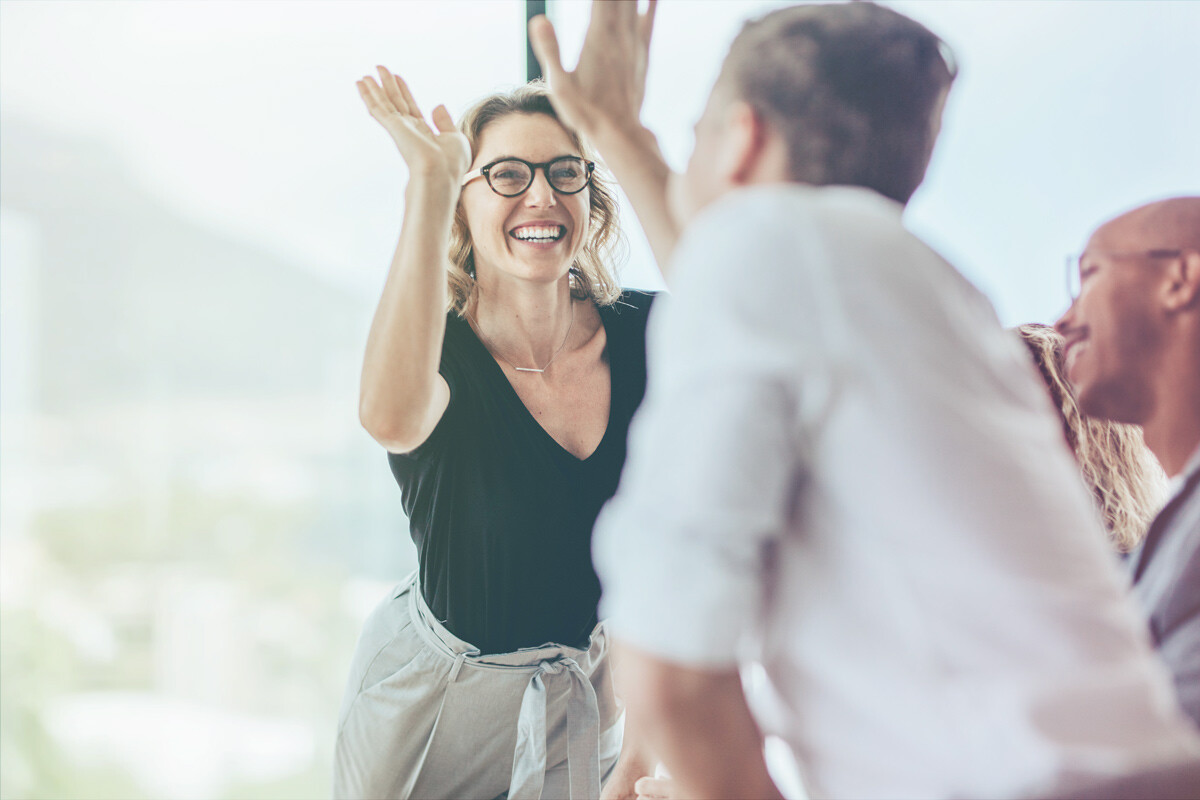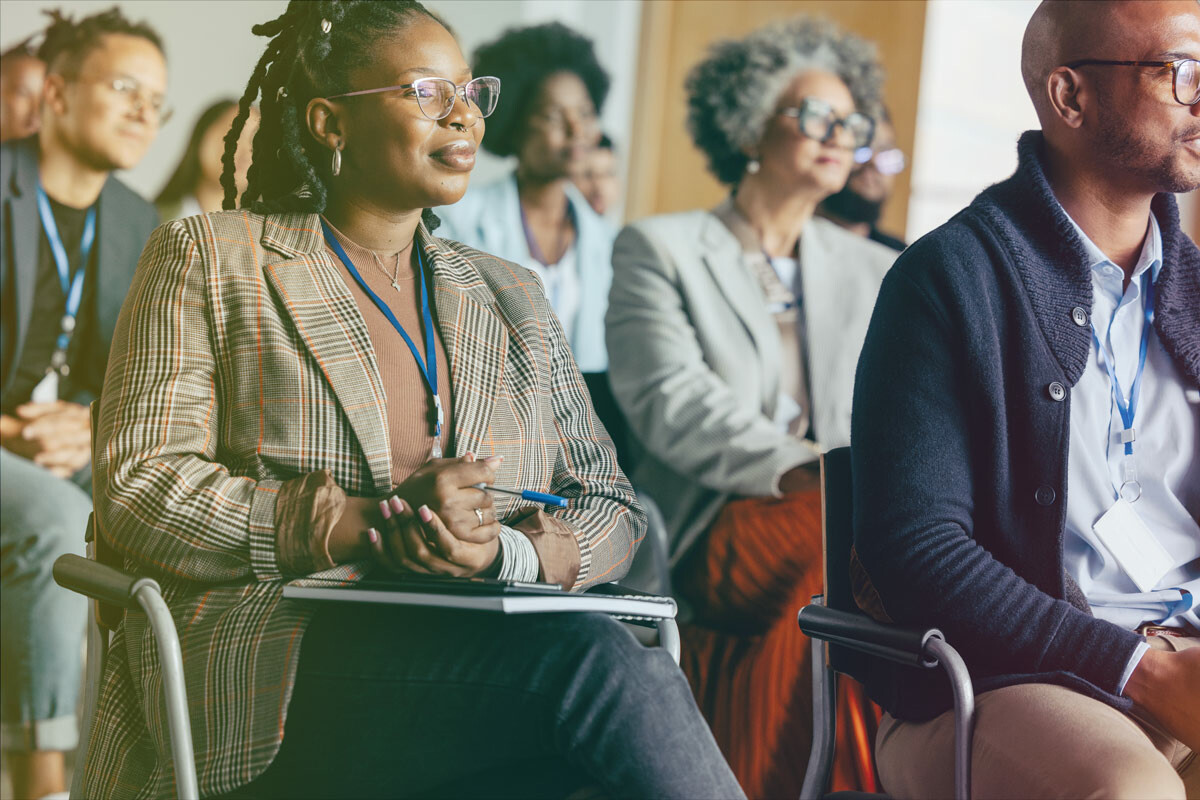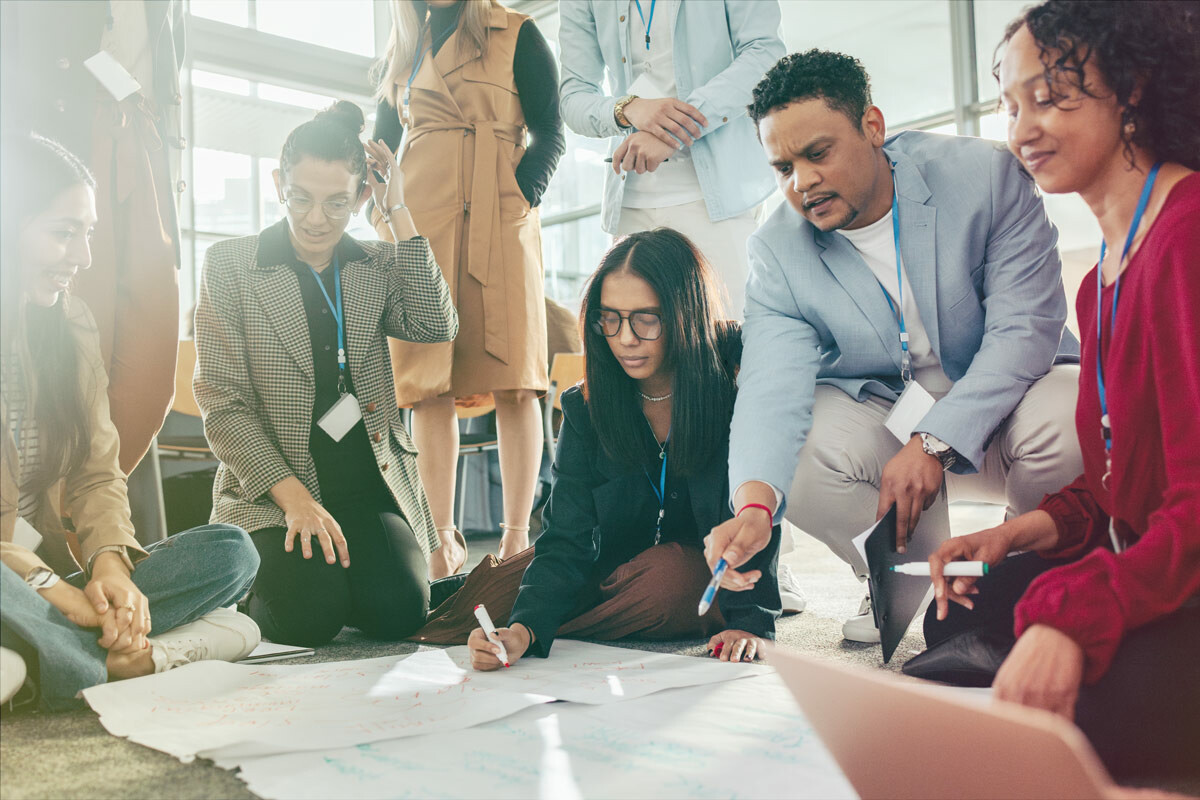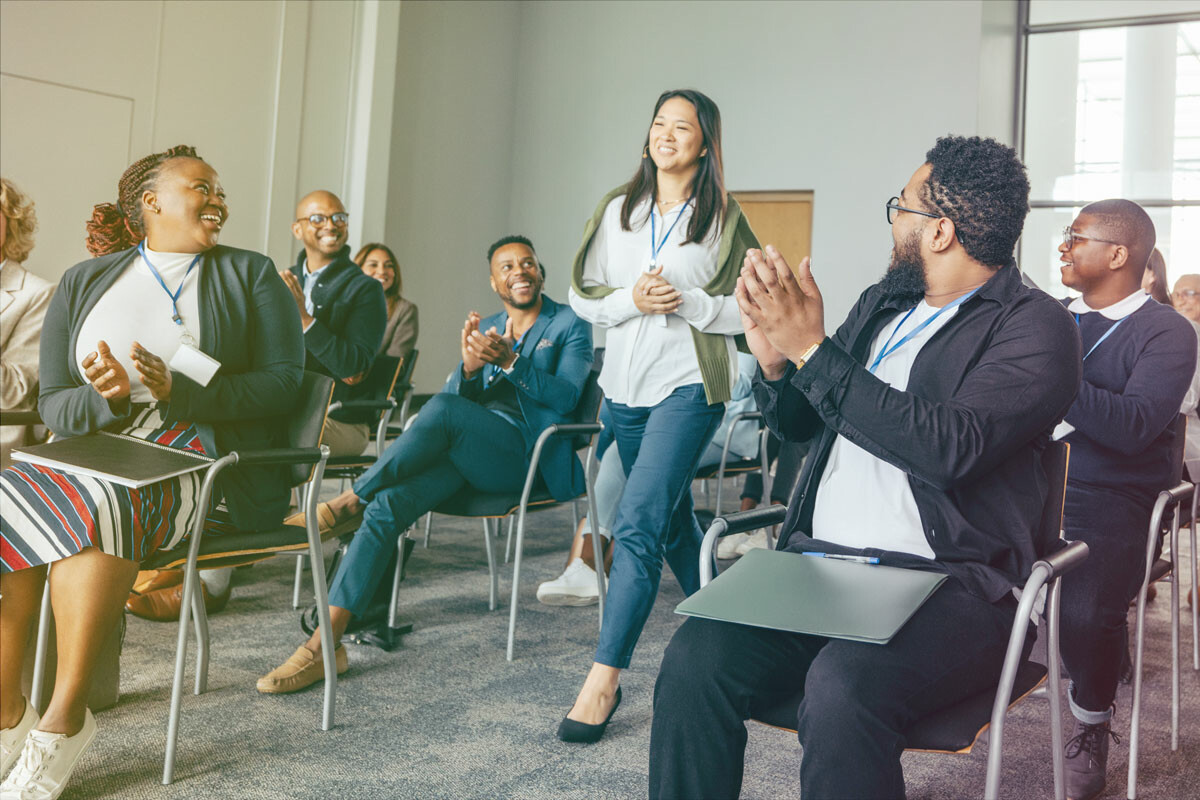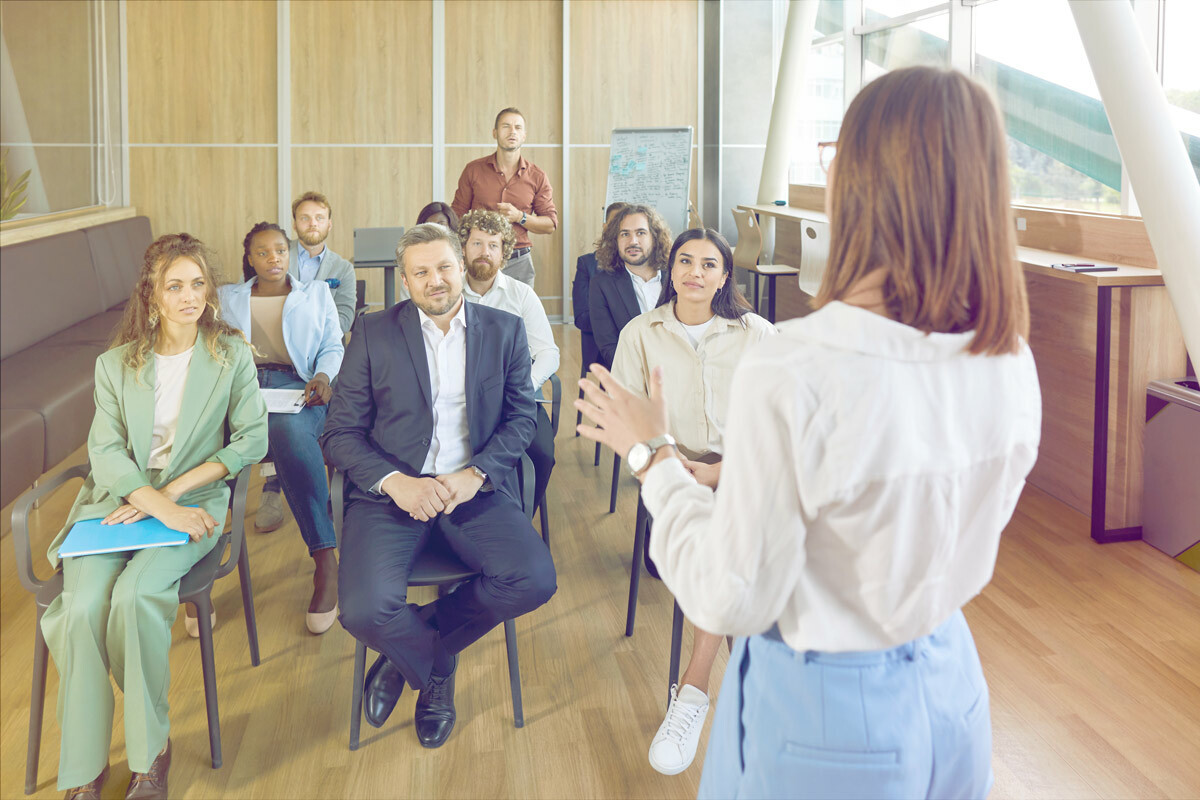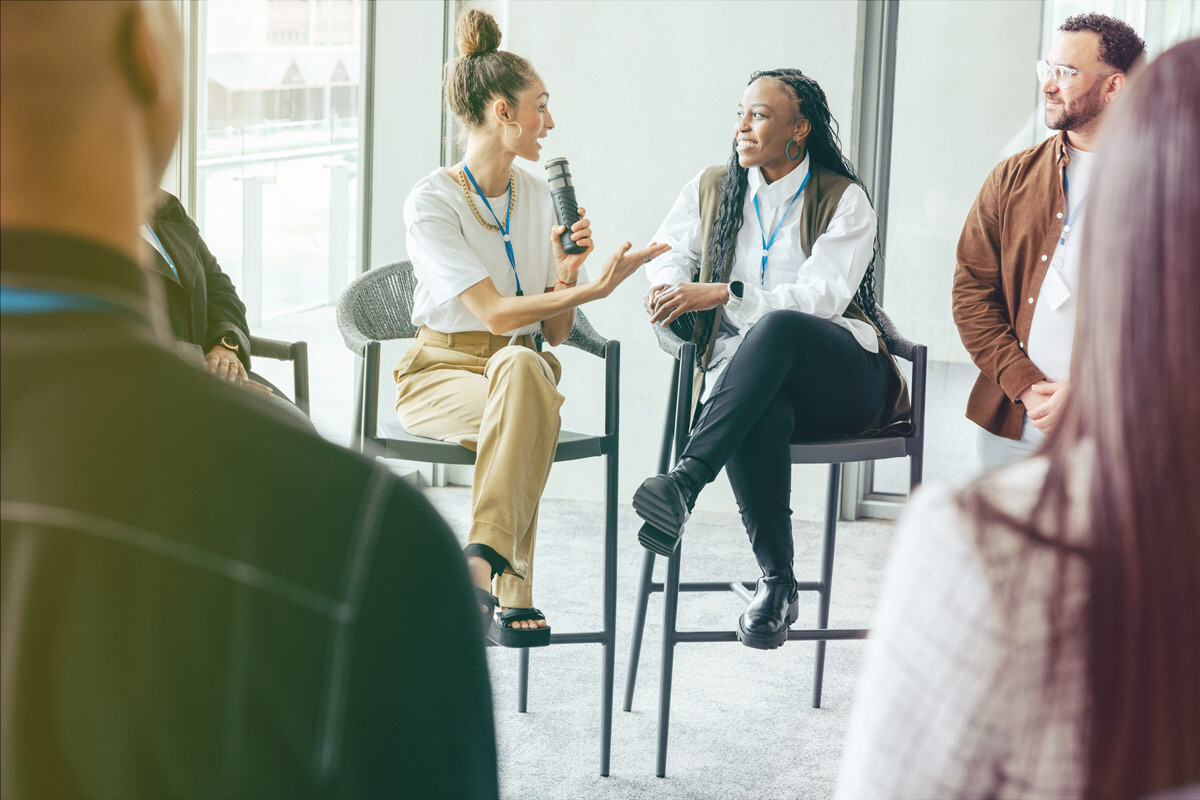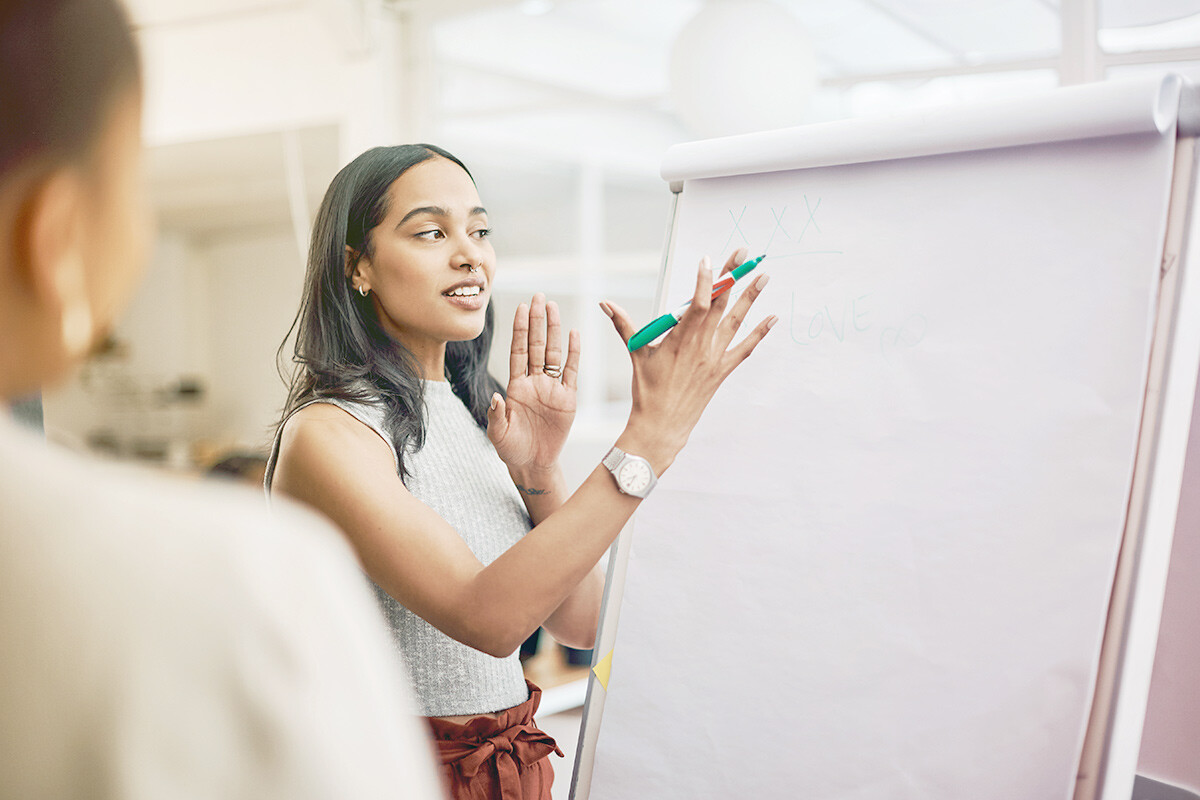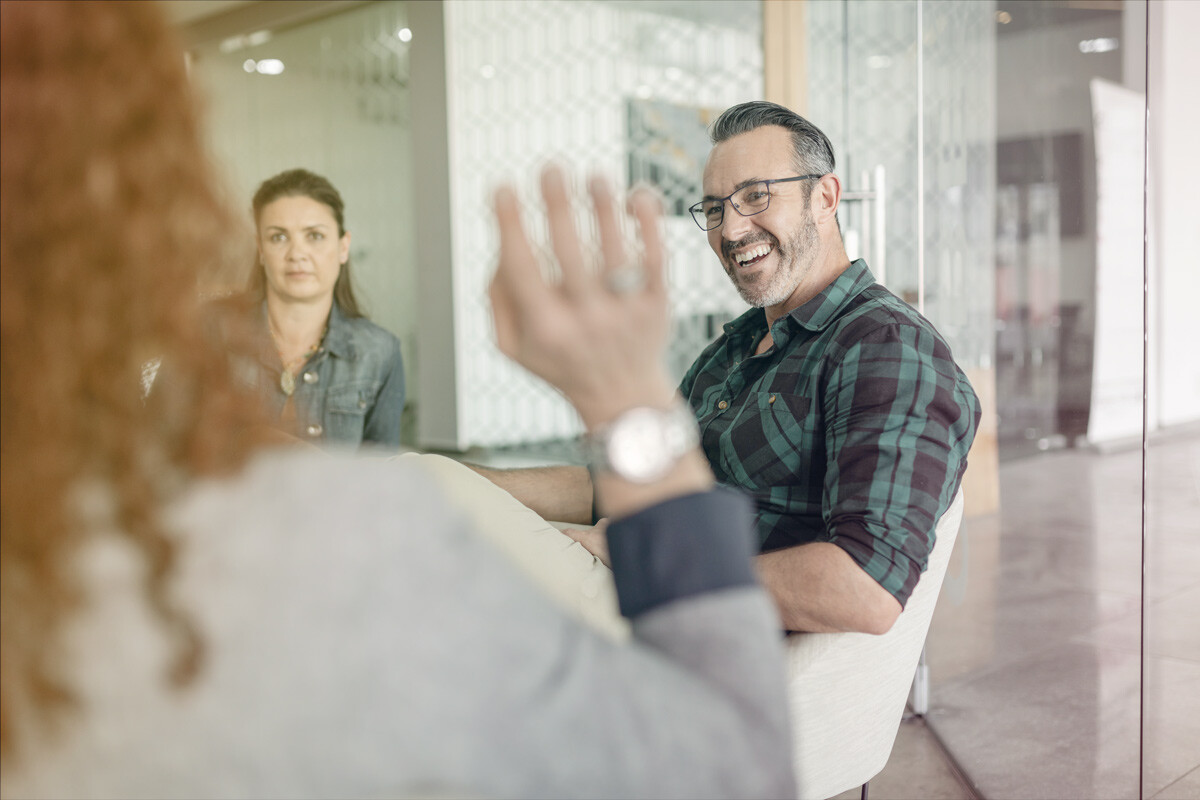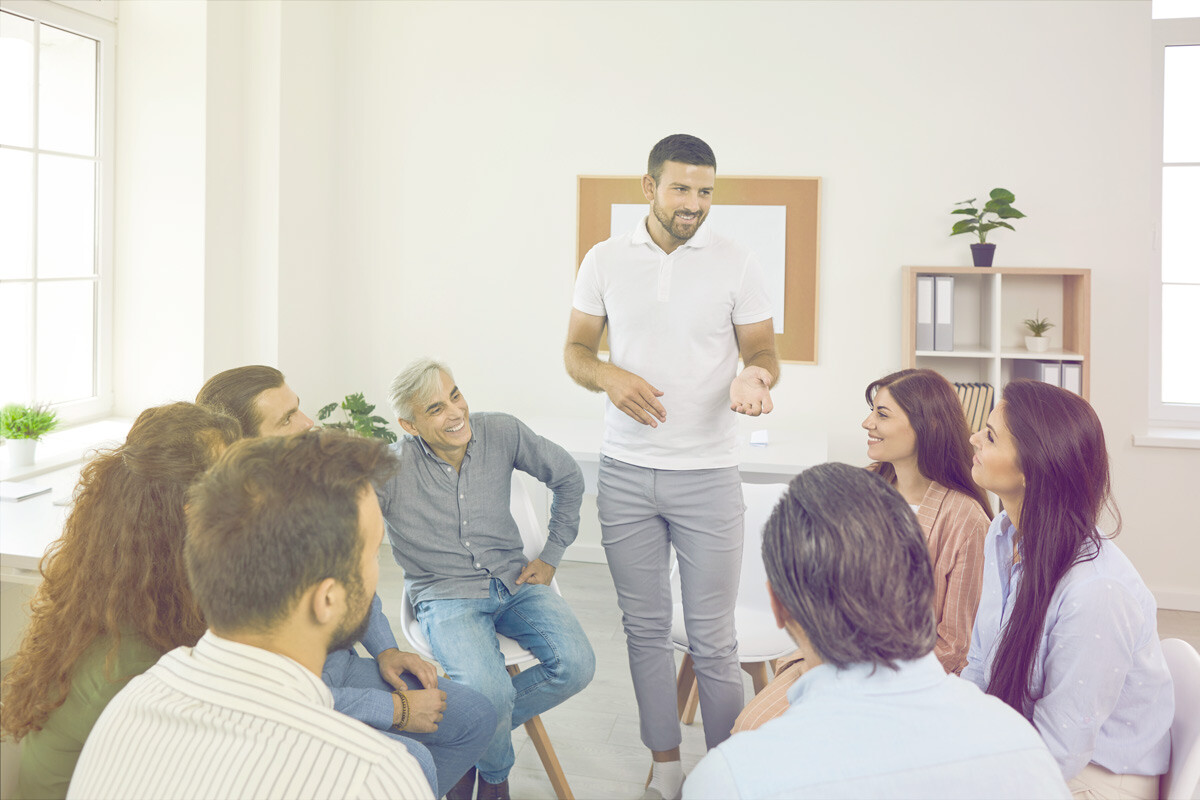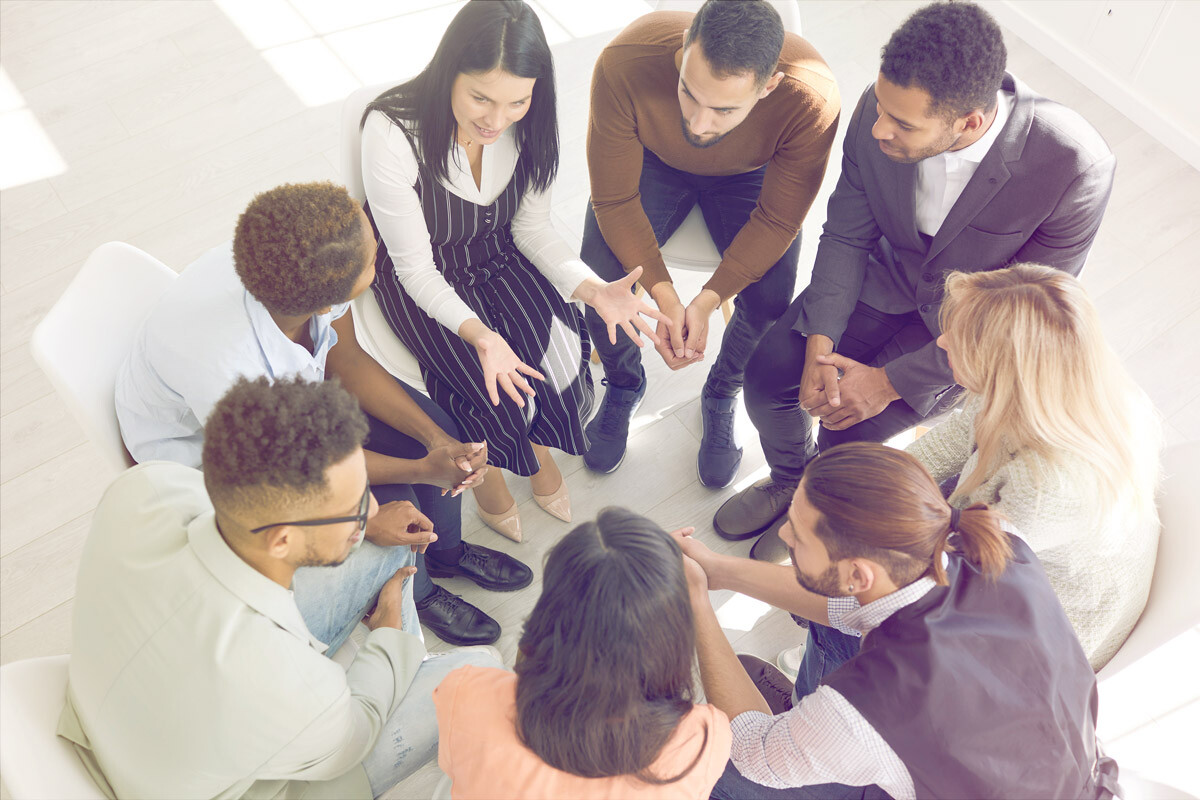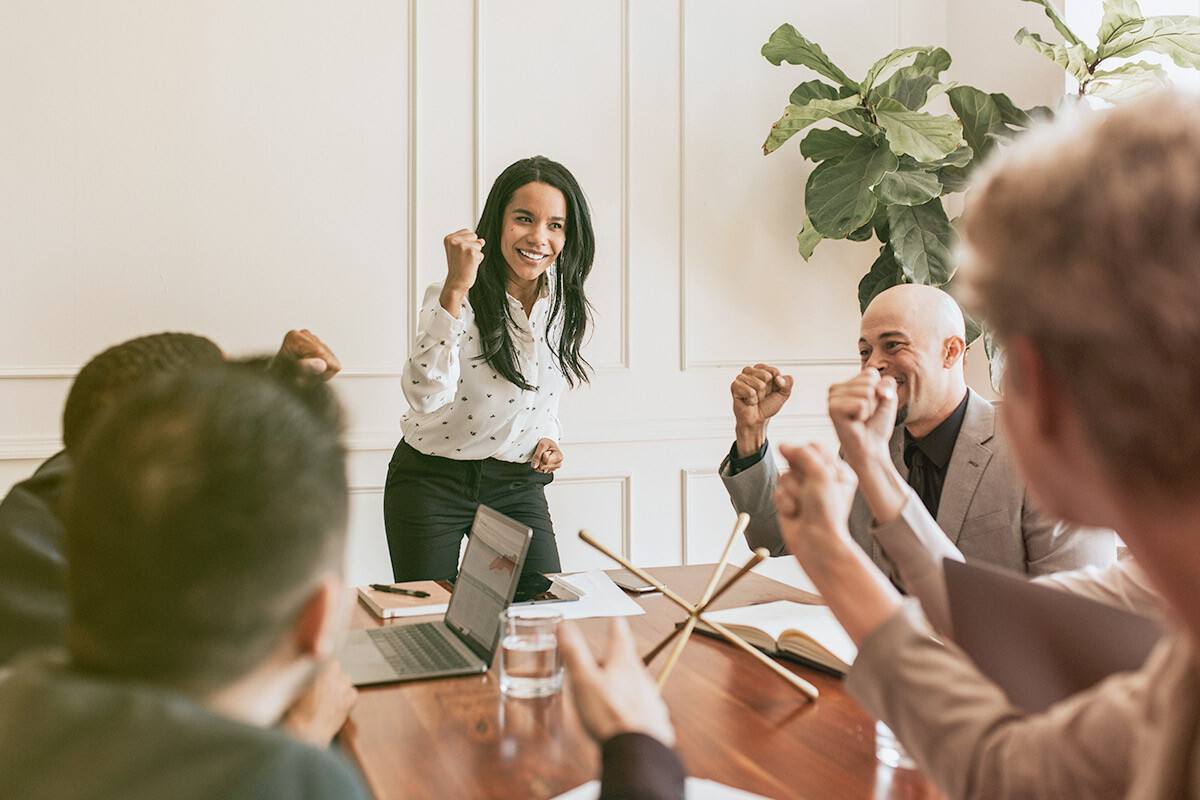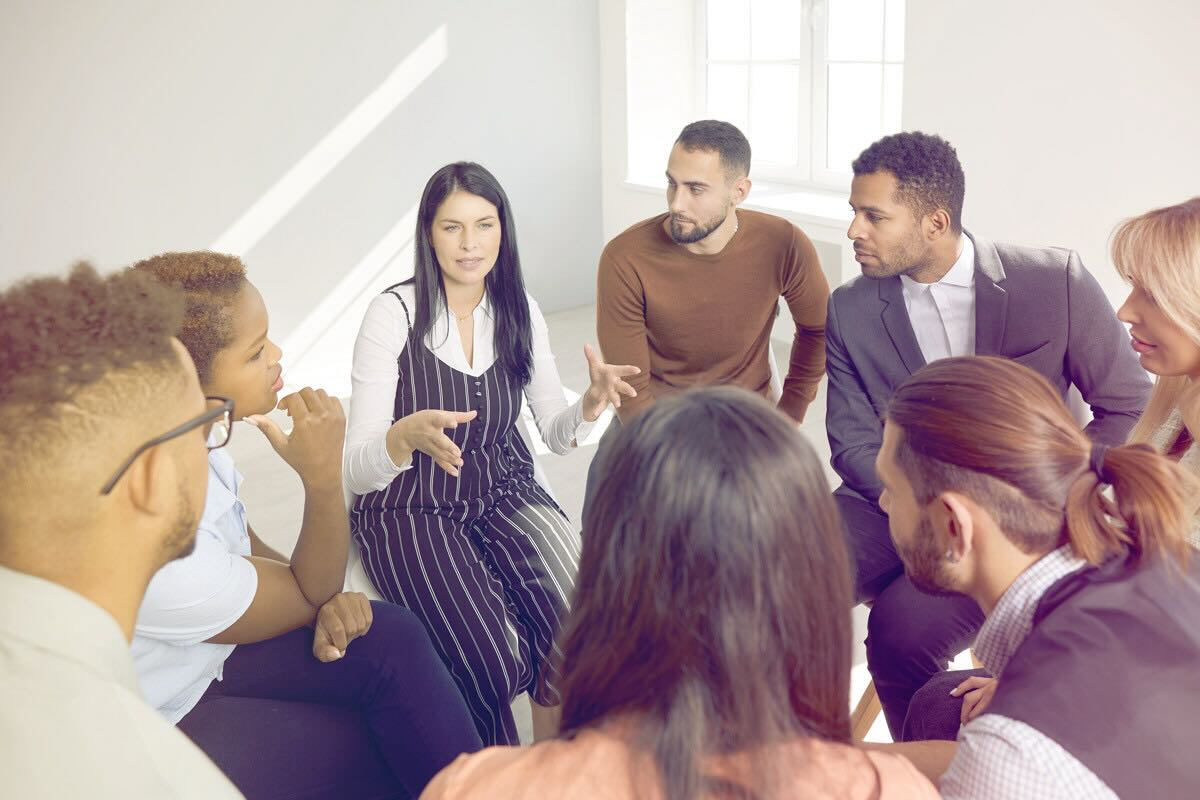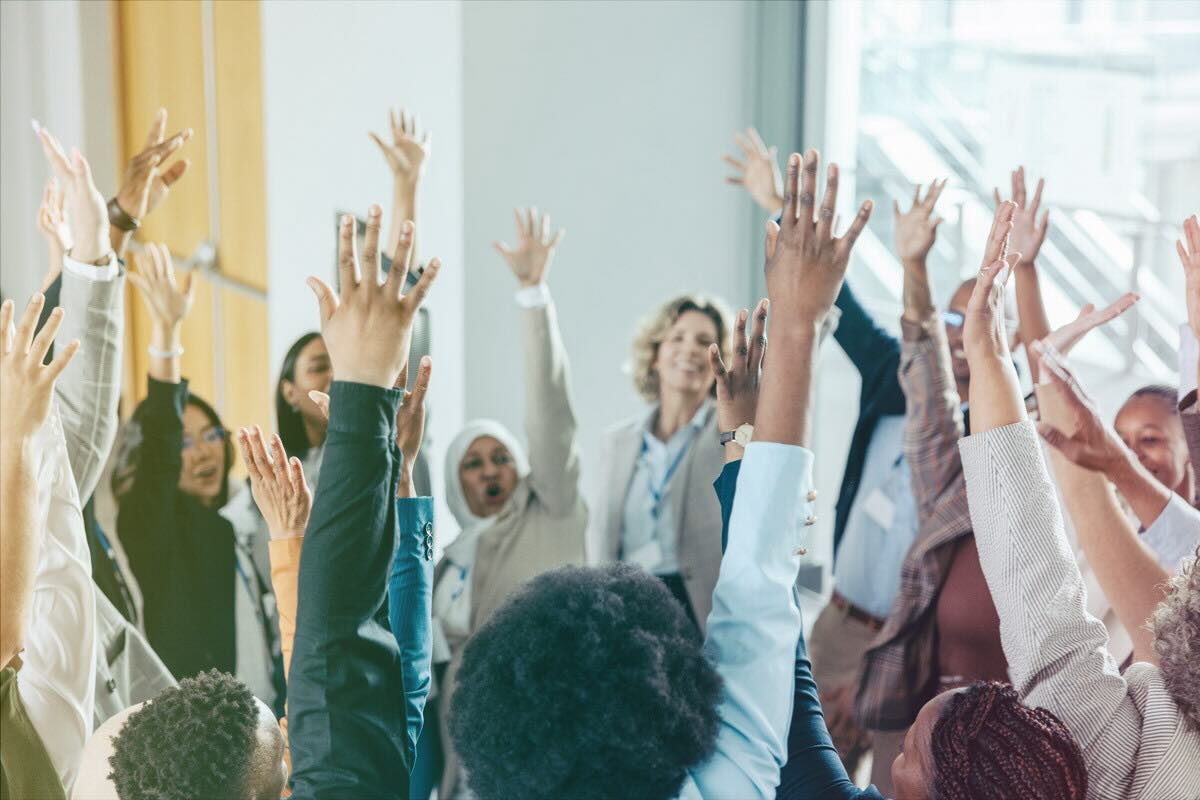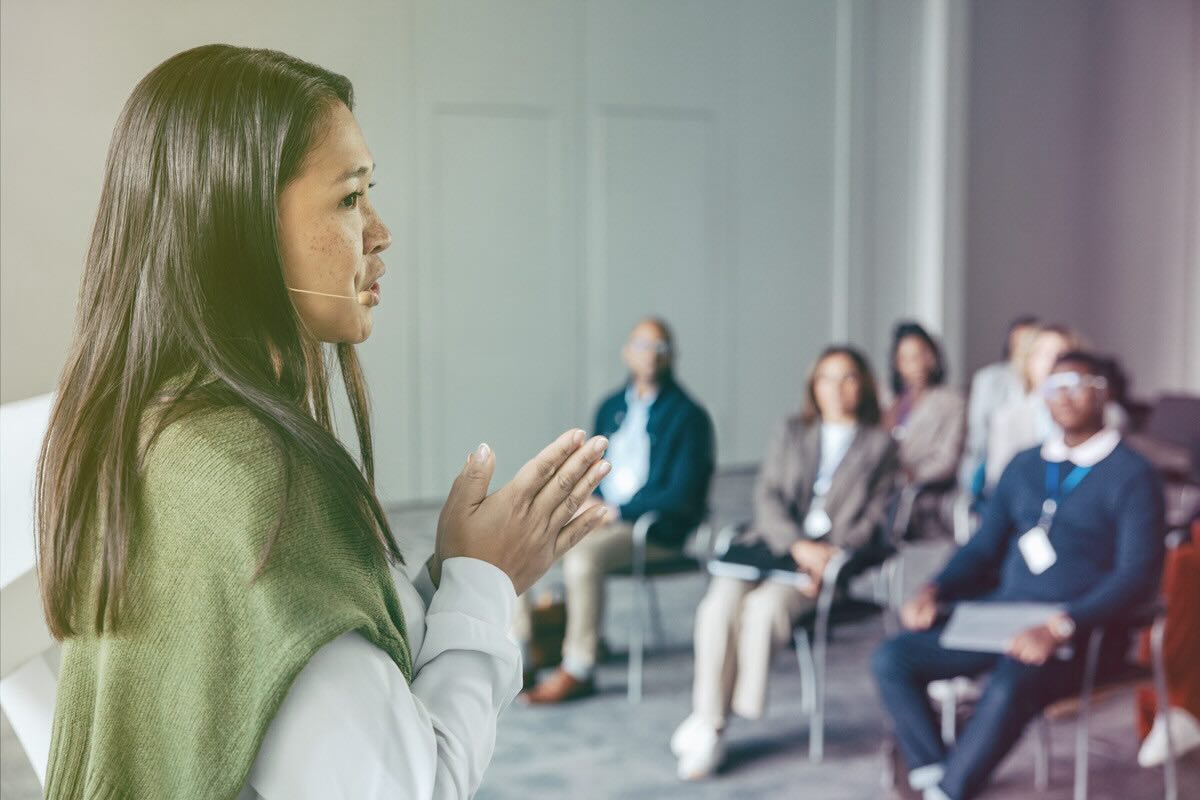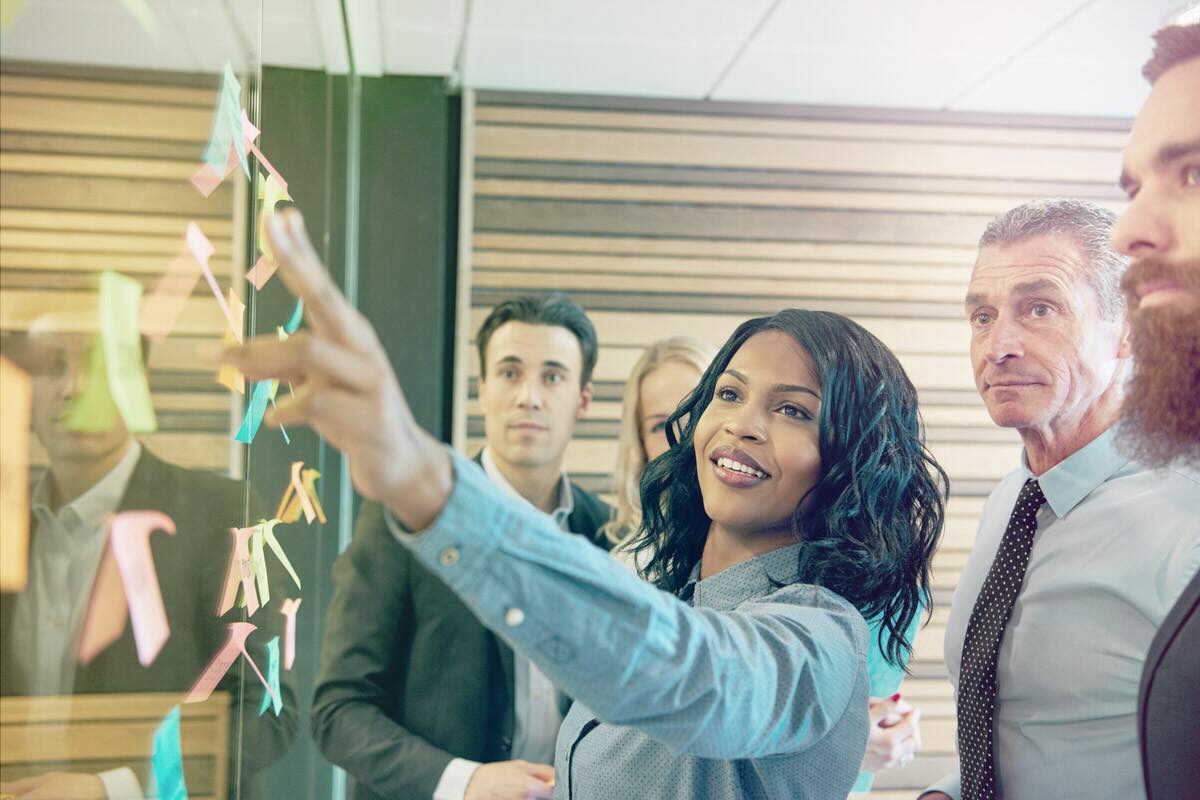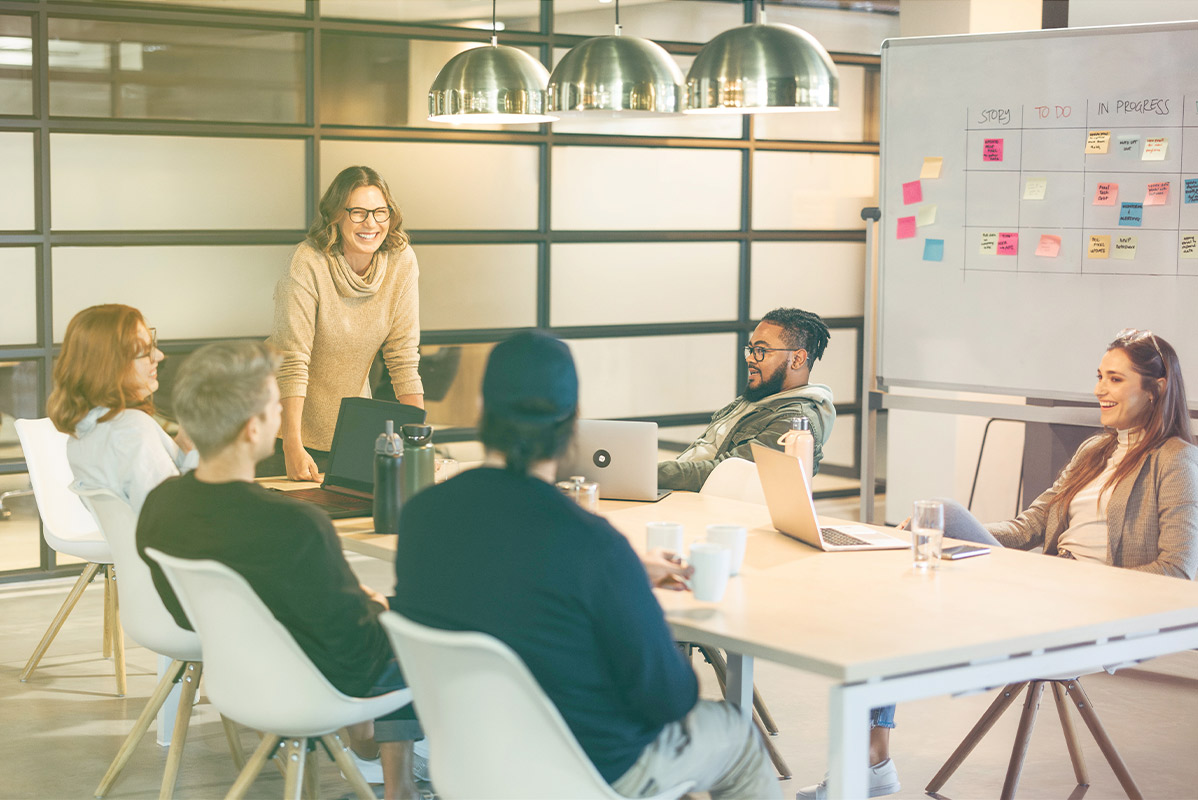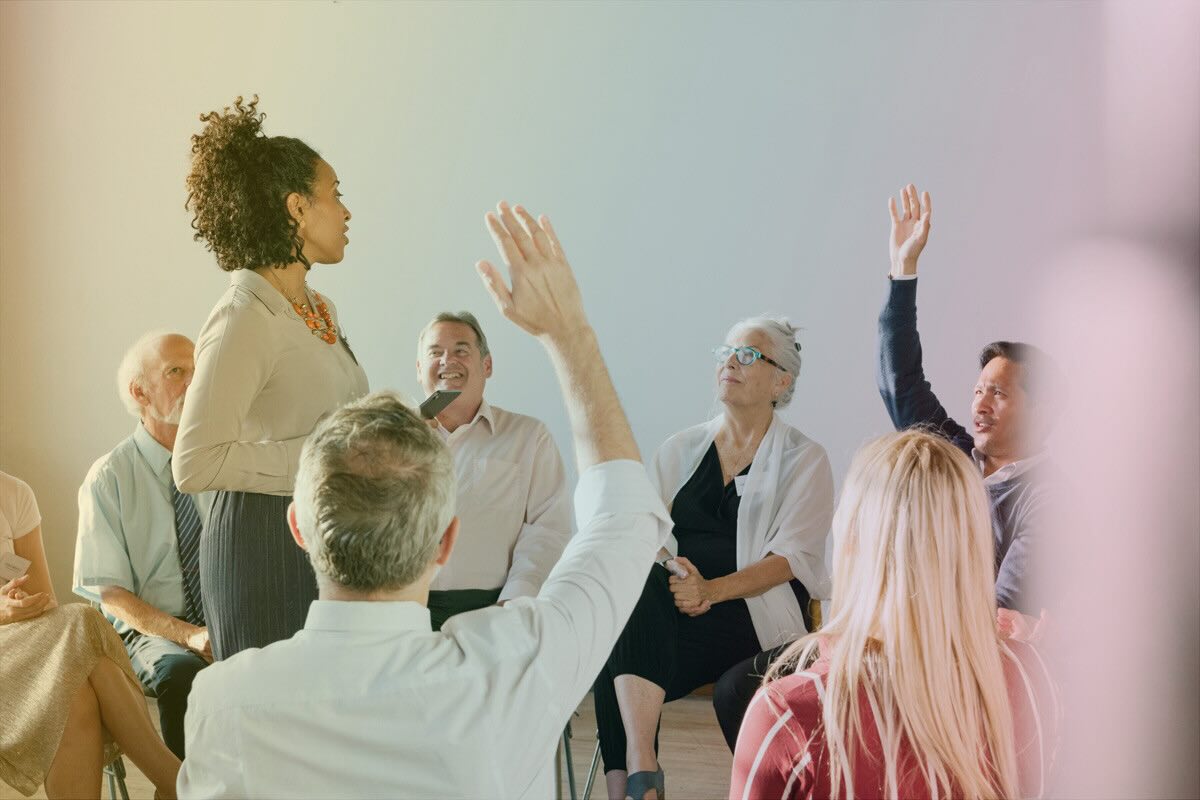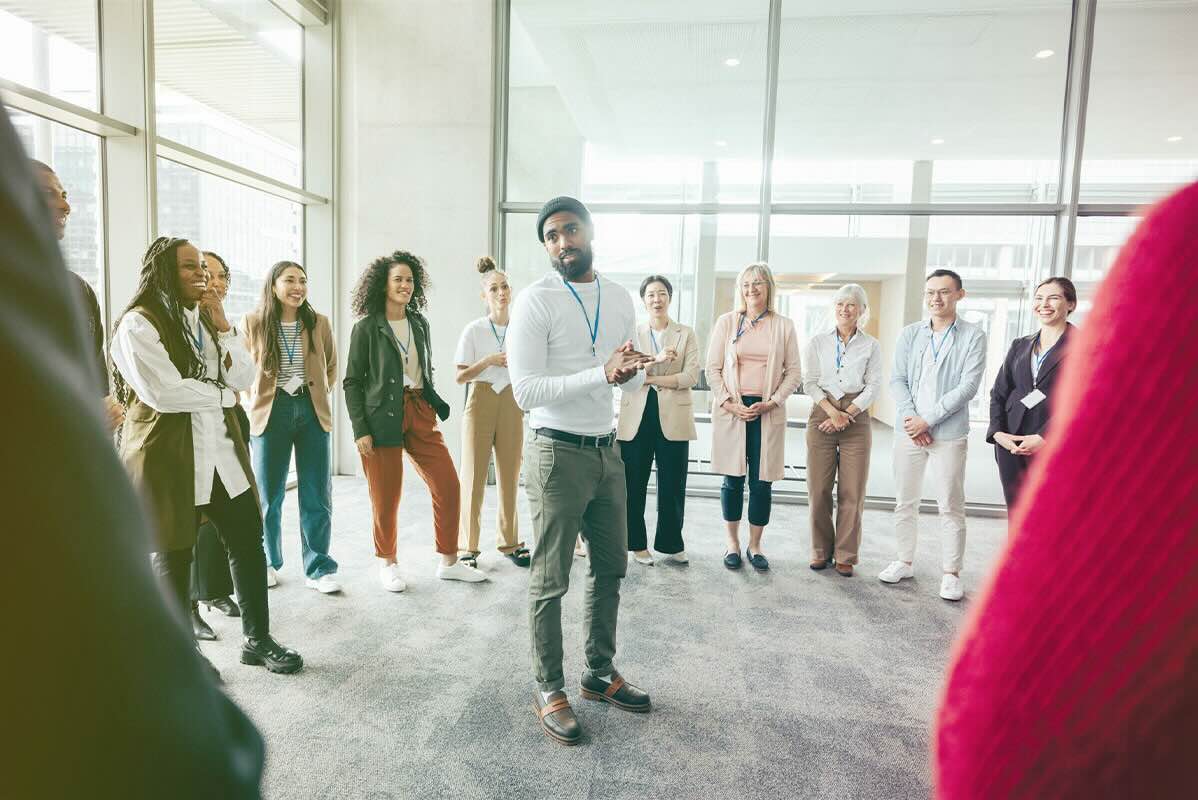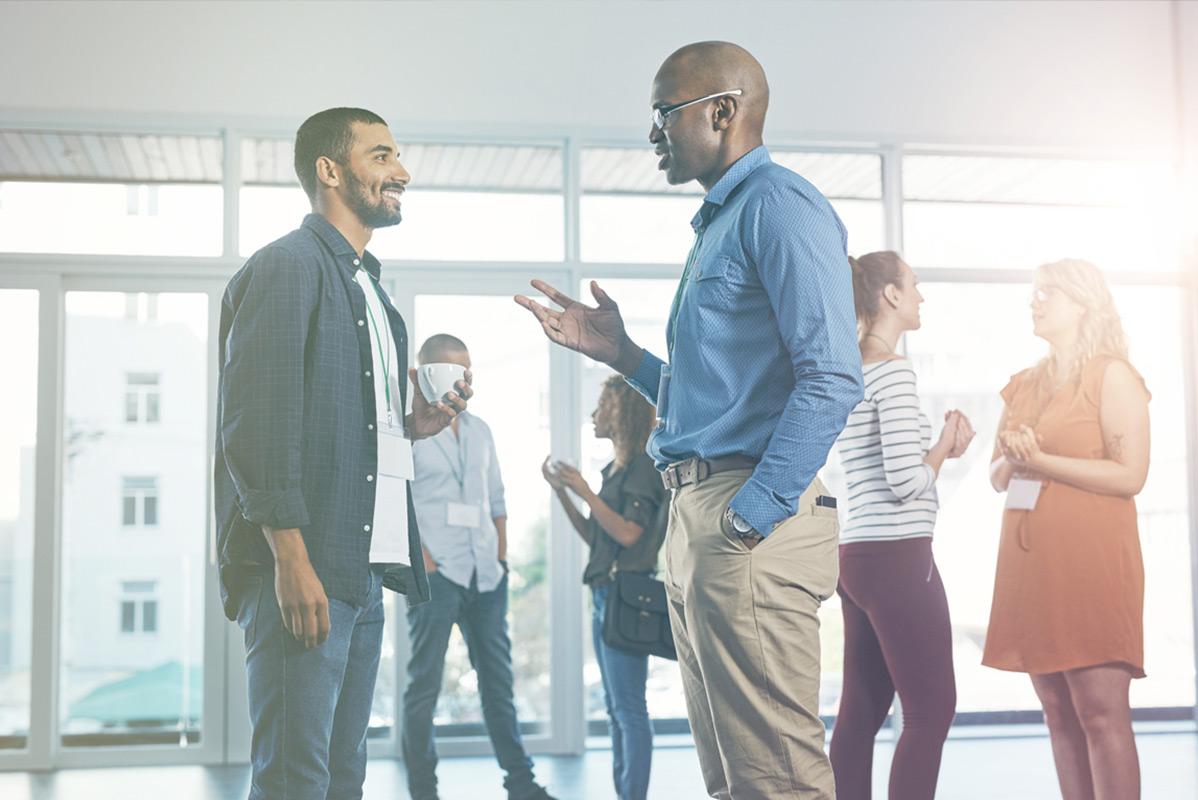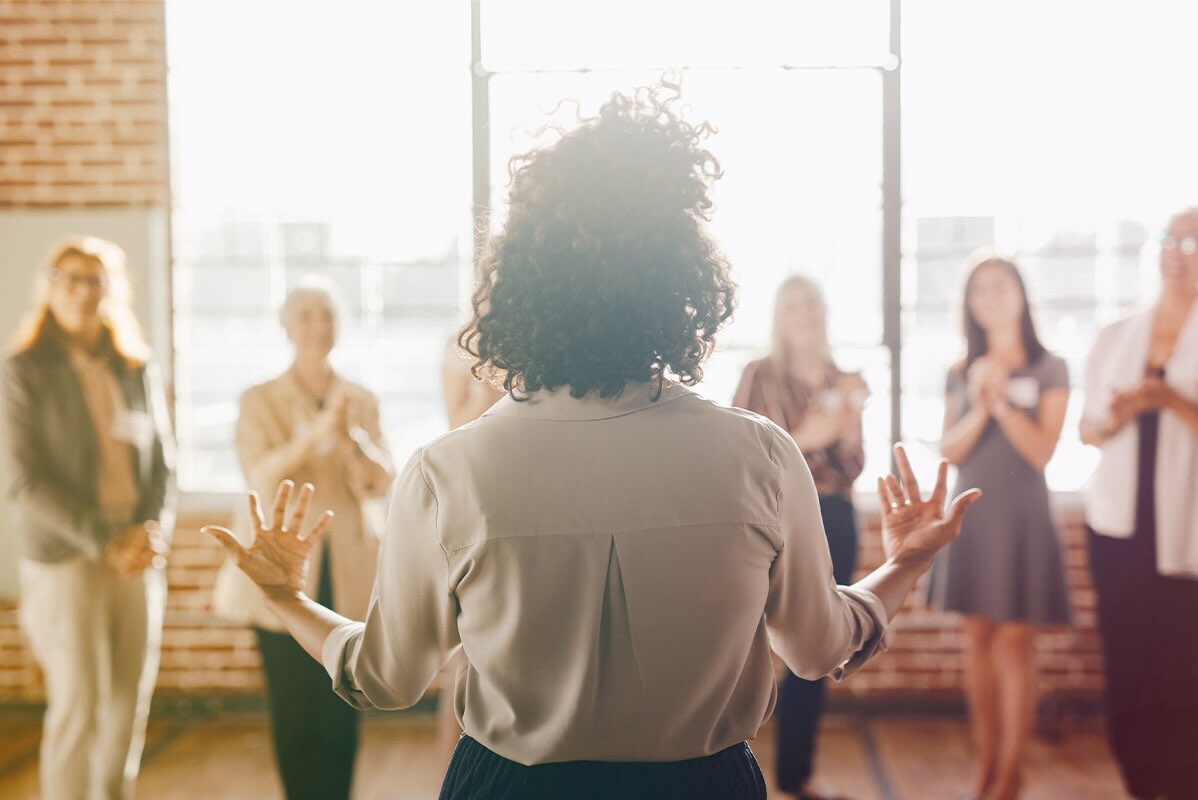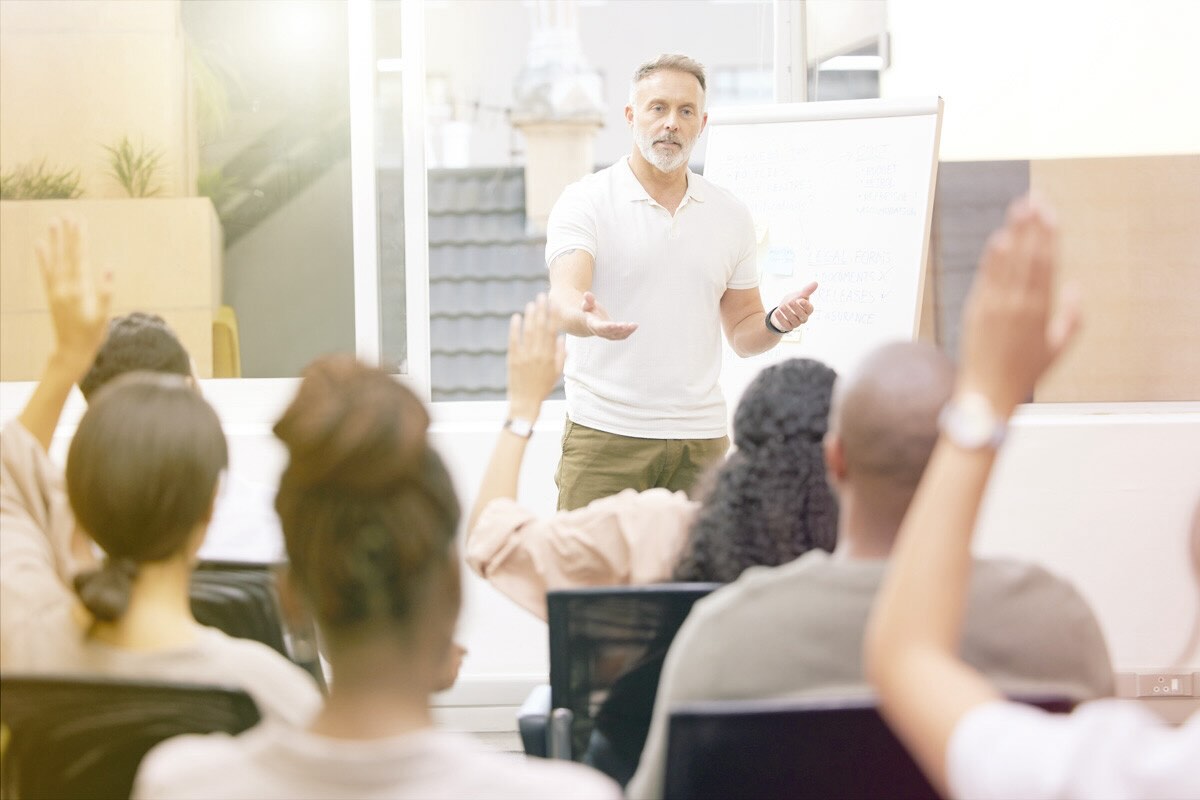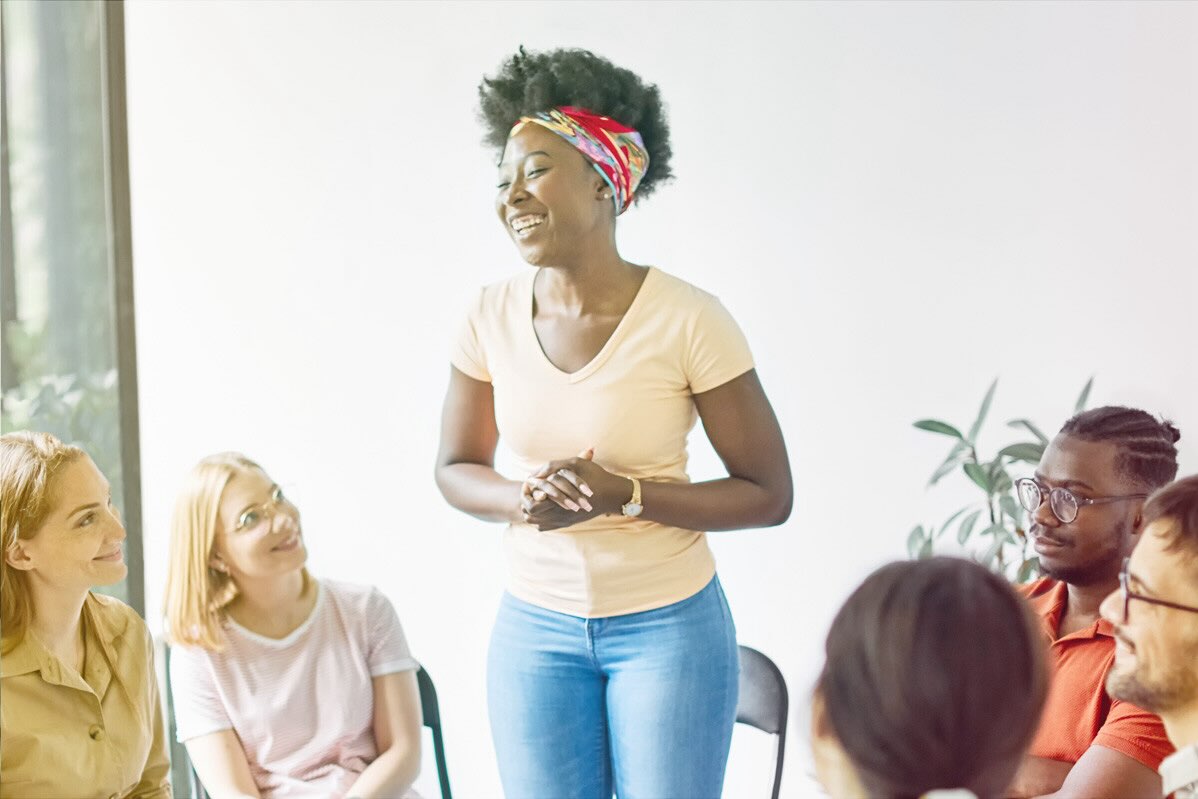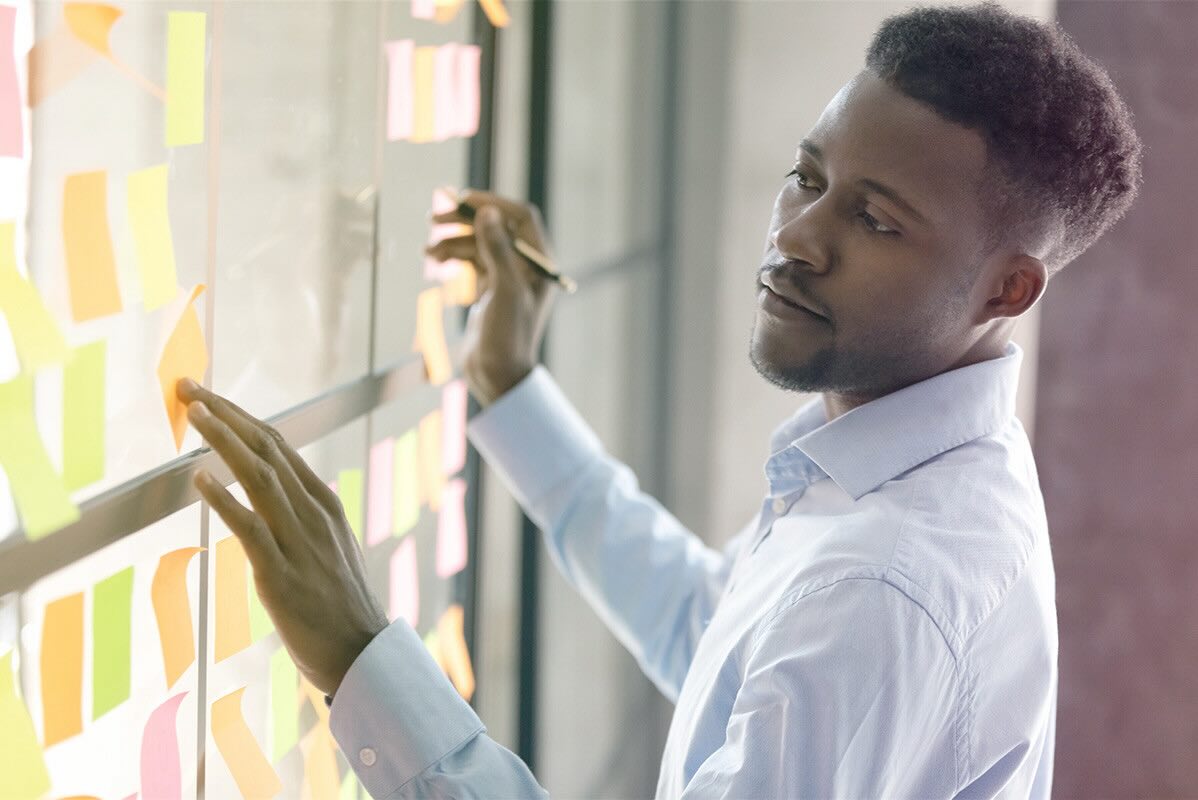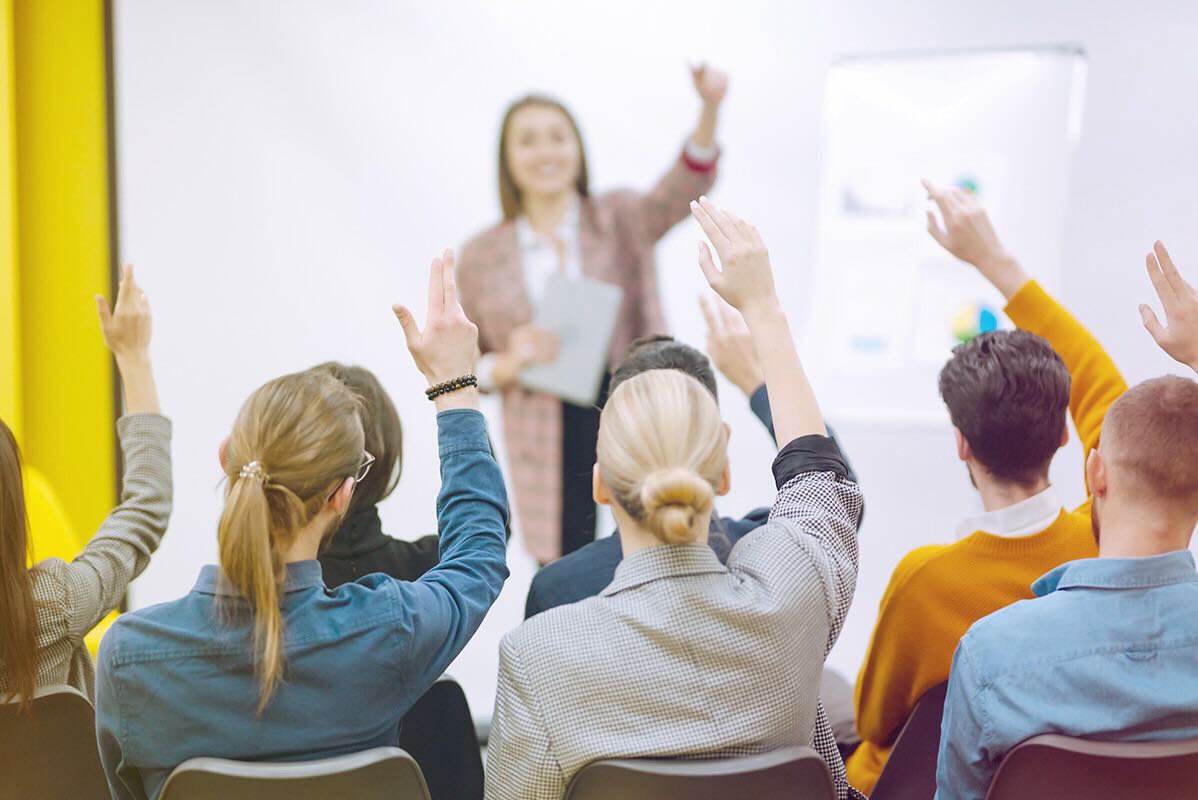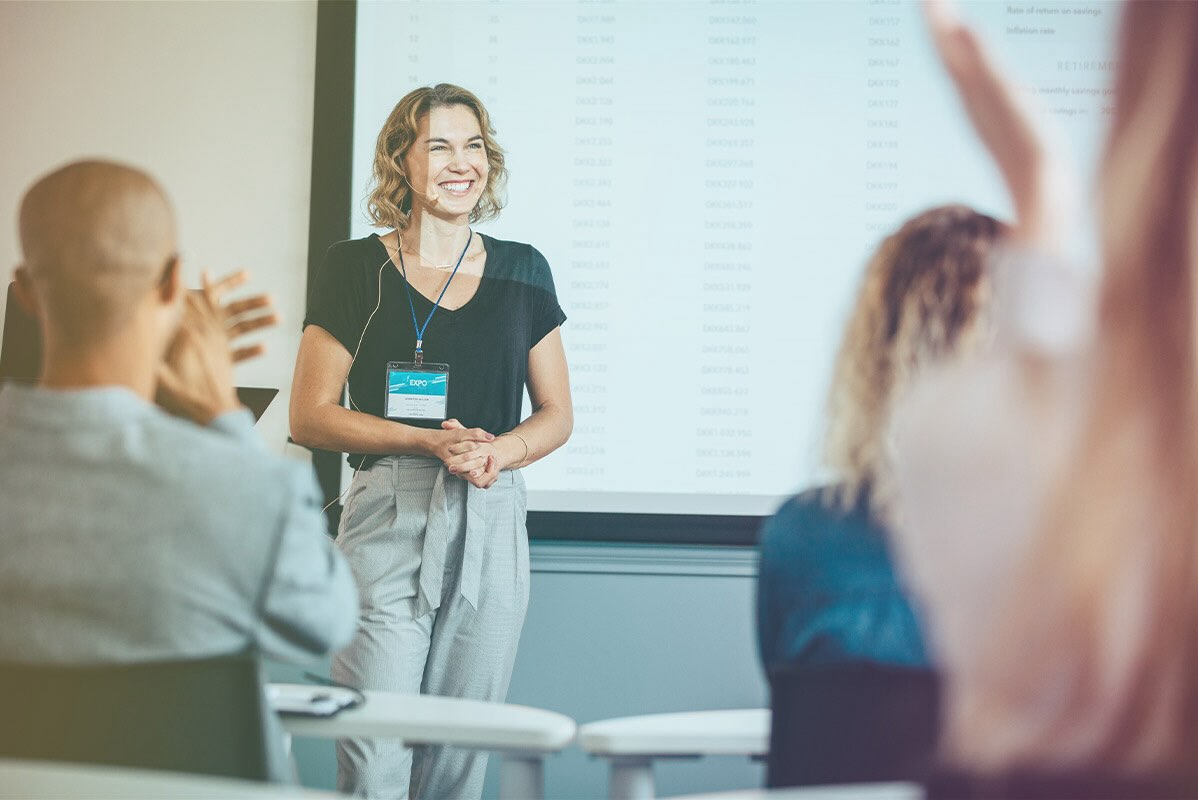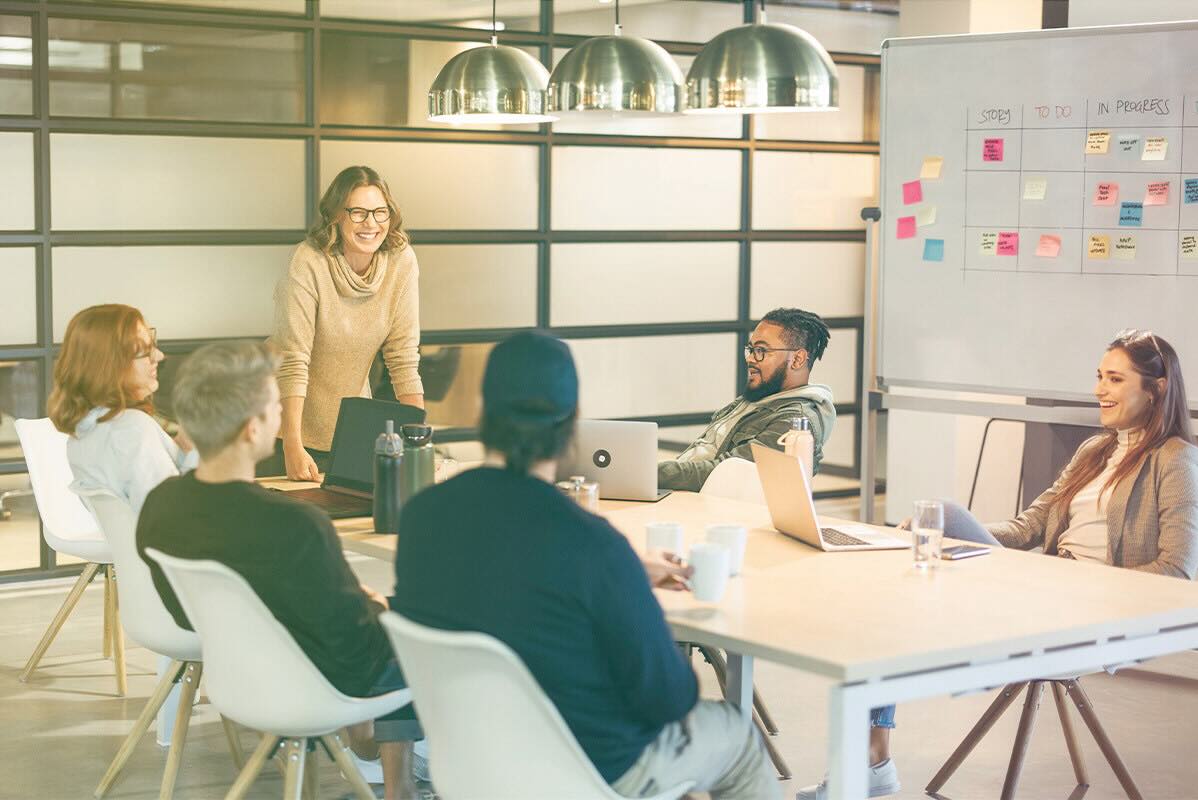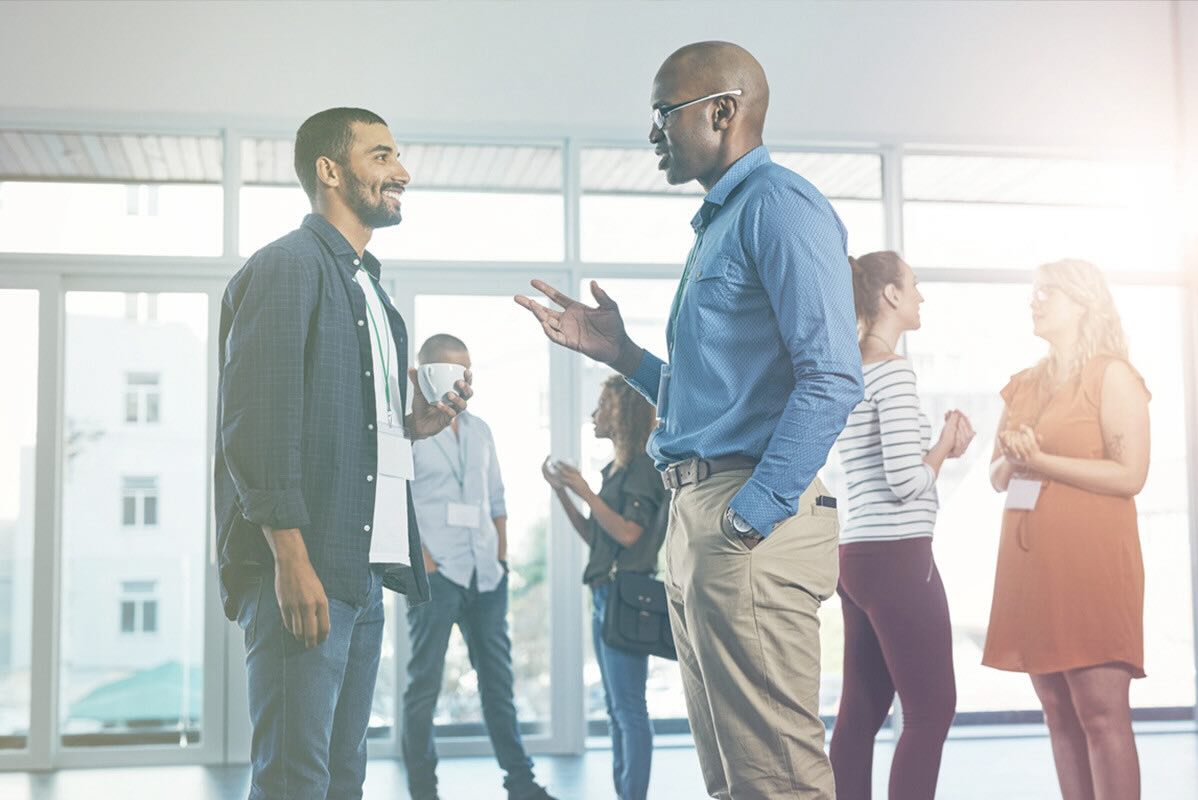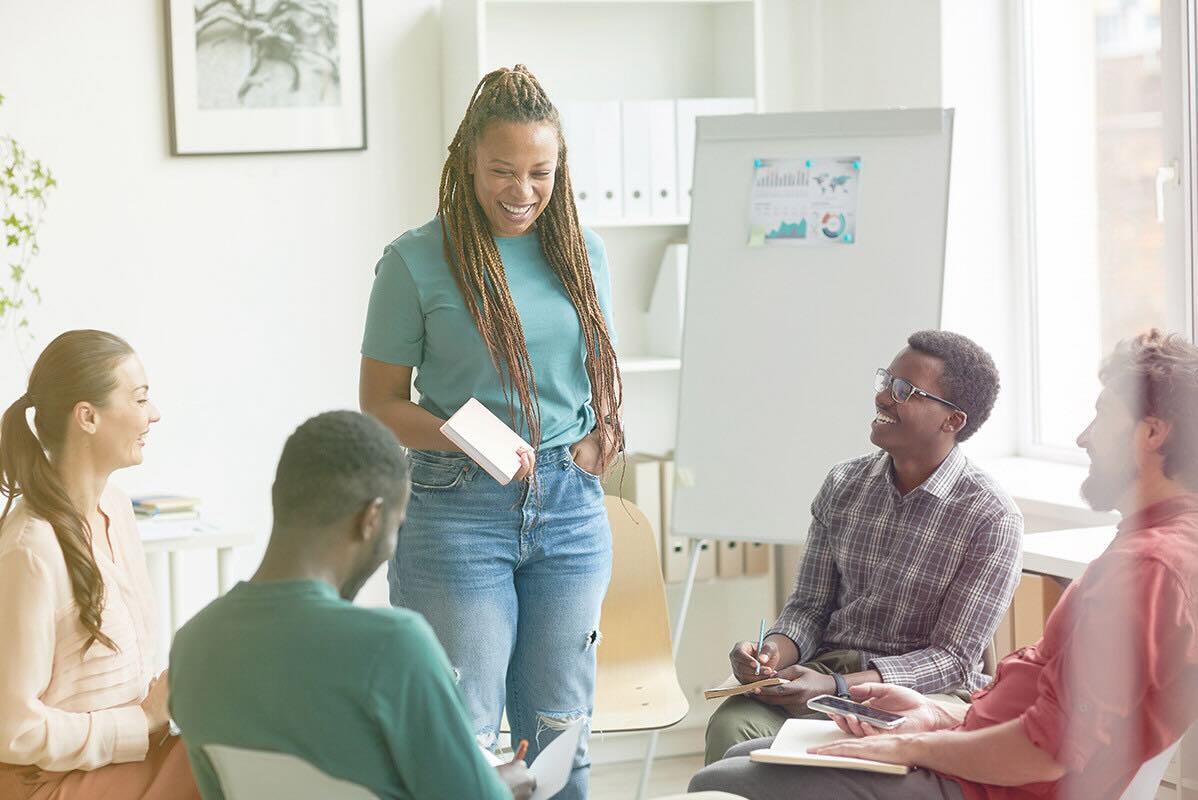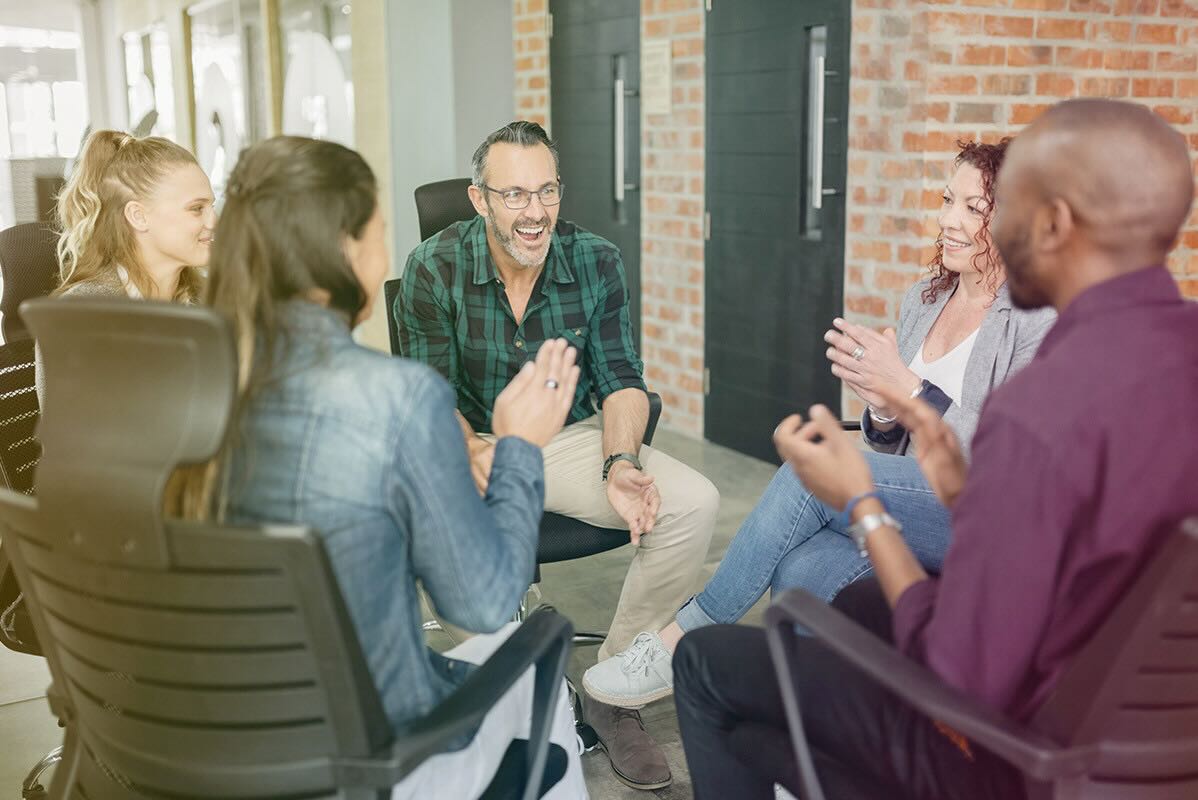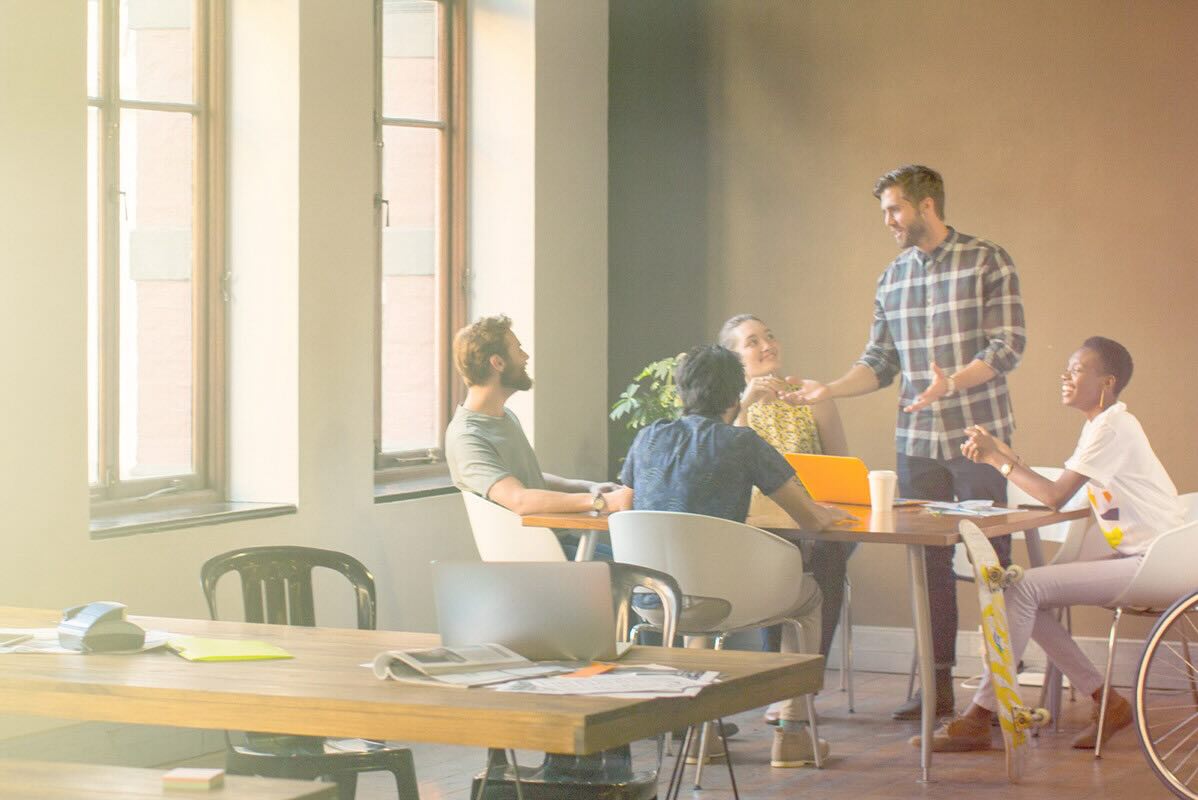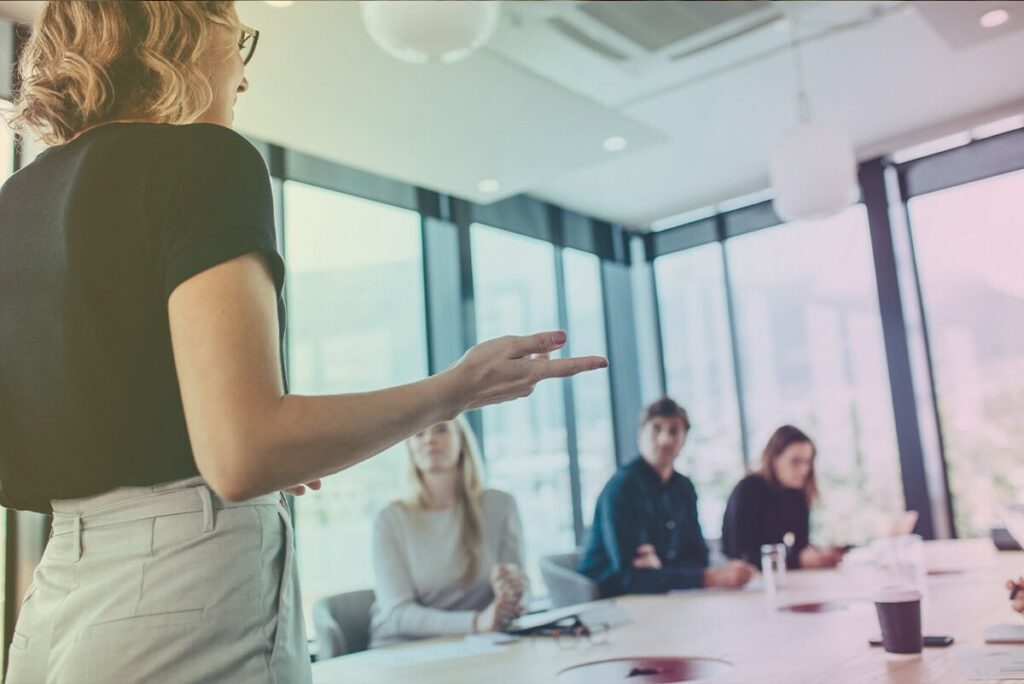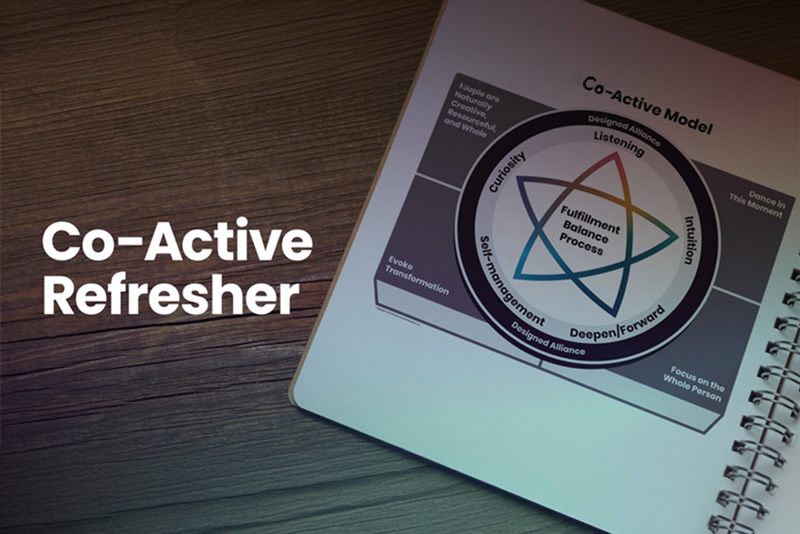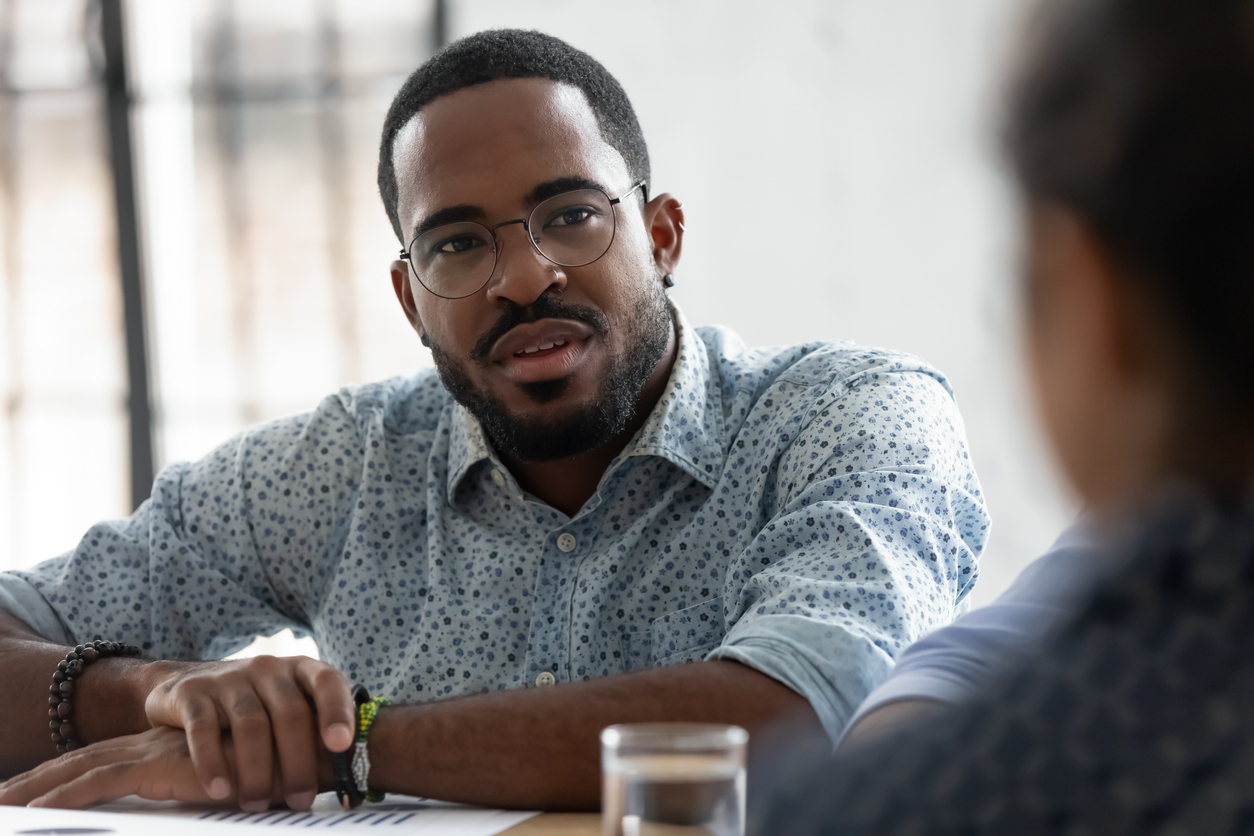Blog
Co-Active Training Institute Blog
Filters
Categories
Keywords
- certified coach (26)
- coaching business (6)
- coaching tips (59)
- leadership development (32)
- neuroscience (1)
- talent development (5)
- workplace coaching (13)
Filters
Categories
Keywords
- certified coach (26)
- coaching business (6)
- coaching tips (59)
- leadership development (32)
- neuroscience (1)
- talent development (5)
- workplace coaching (13)
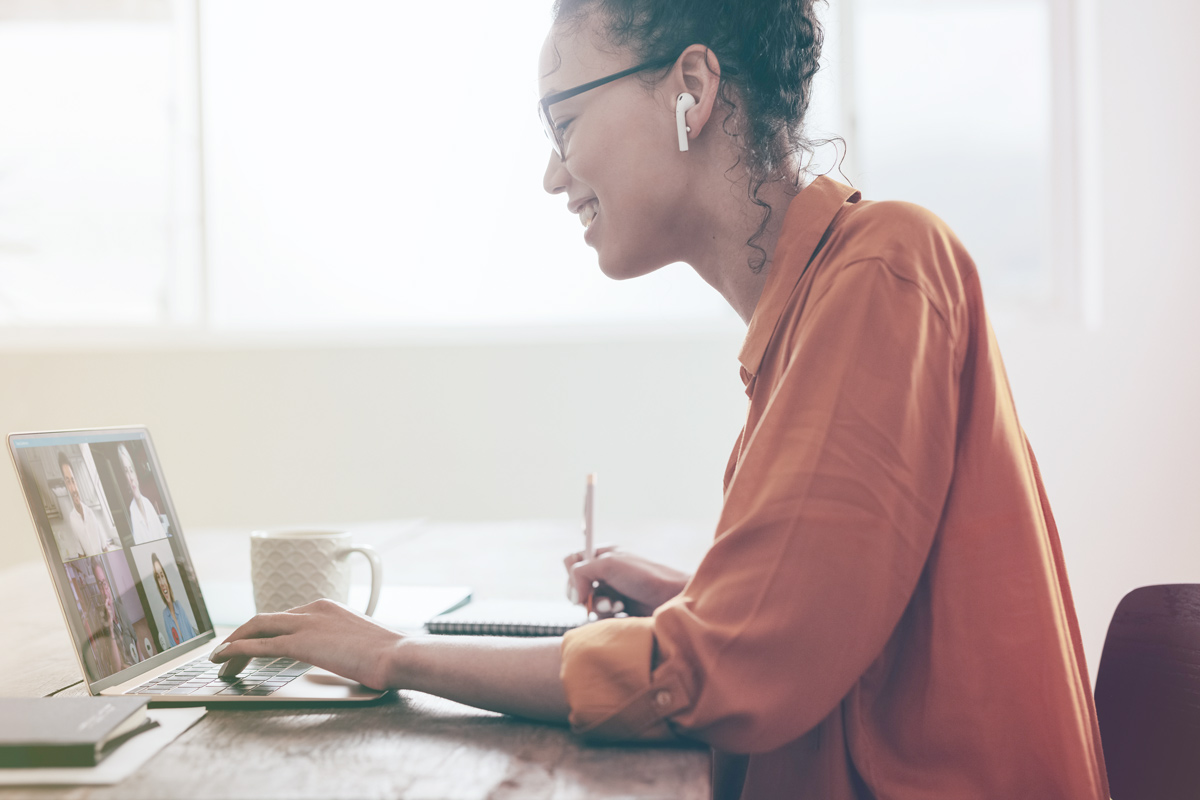
Dec 23, 2025 |
Systems & Structure
What to Expect in a Coaching Certification Program Before You Enroll

Nov 20, 2025 |
Responsibility
Creating a Feedback Culture: How Co-Active Coaching Supports Honest Dialogue
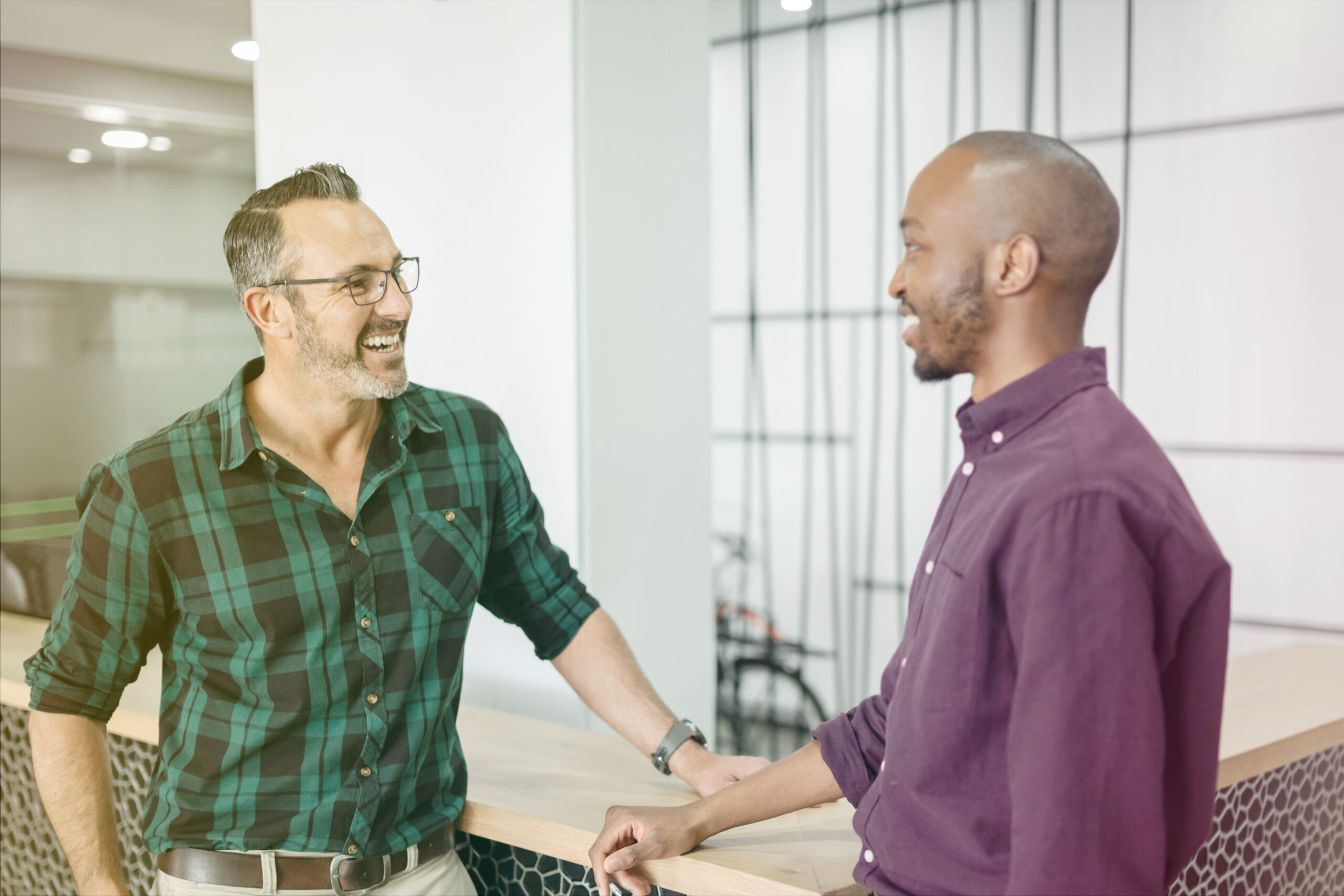
Oct 23, 2025 |
Innovation & Impact
Don’t Just Learn About Coaching. Become a Coach: The Power of Experiential Learning
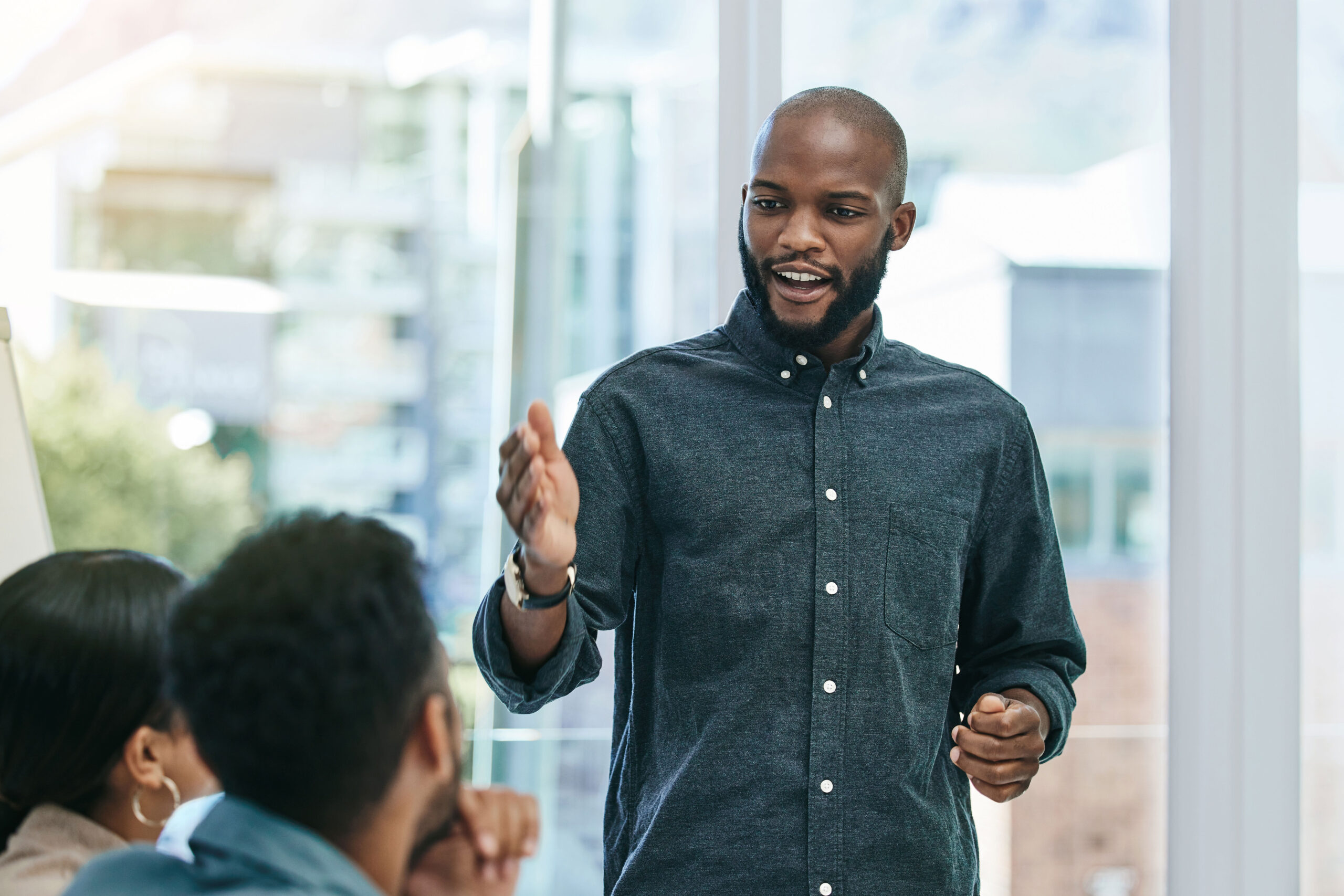
Oct 7, 2025 |
Systems & Structure
From Knowledge to Action: How Ignite the Practice Builds Coaching Confidence

Oct 7, 2025 |
Innovation & Impact
More Than Just Words: How Co-Active Foundations Transforms Your Conversations and Relationships
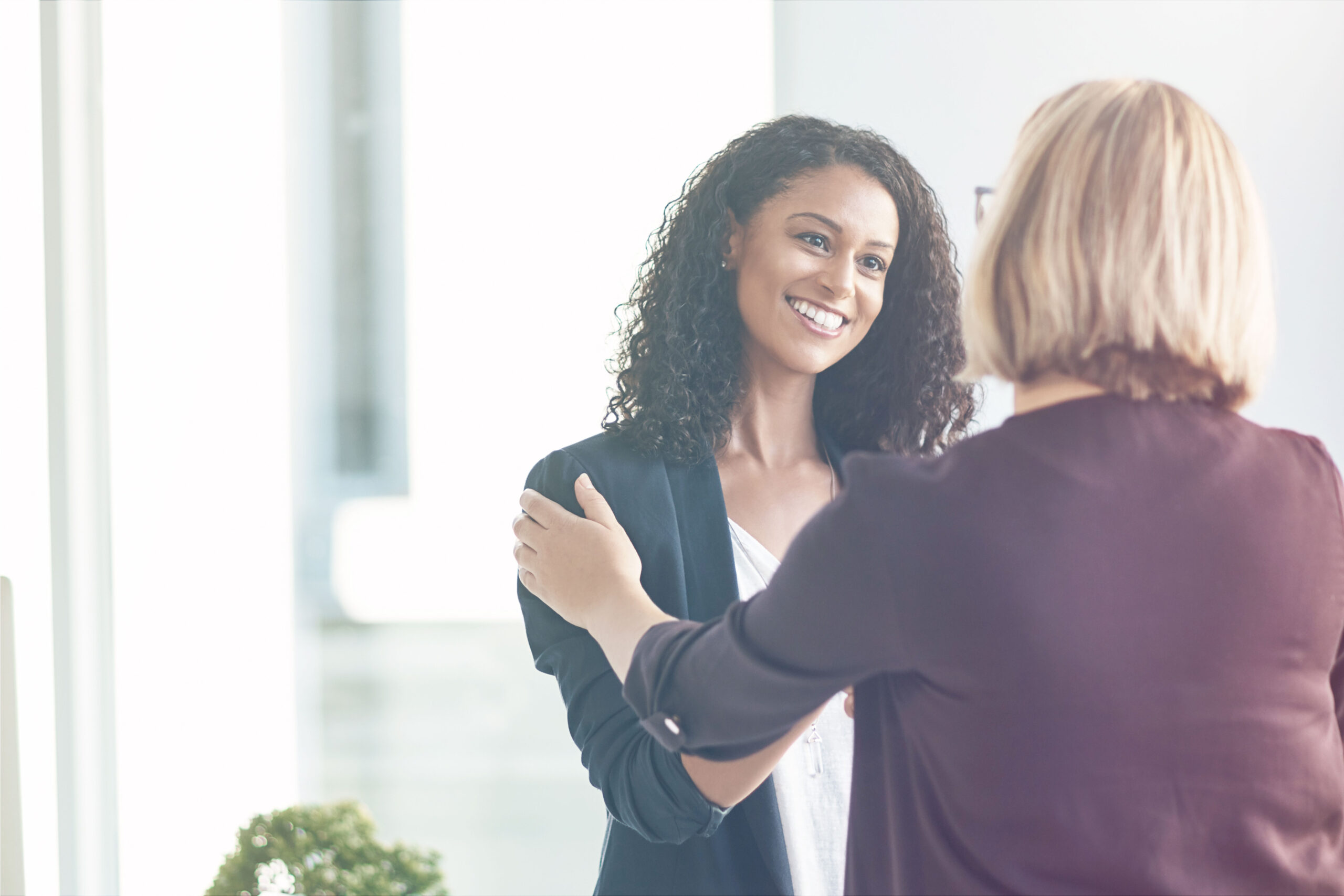
Oct 2, 2025 |
Systems & Structure
The Co-Active Coach Training Pathway: A Roadmap to Coaching Mastery

Sep 30, 2025 |
Responsibility
The Inner Work of Coaching: Why Self-Awareness Is a Coach’s Most Powerful Tool
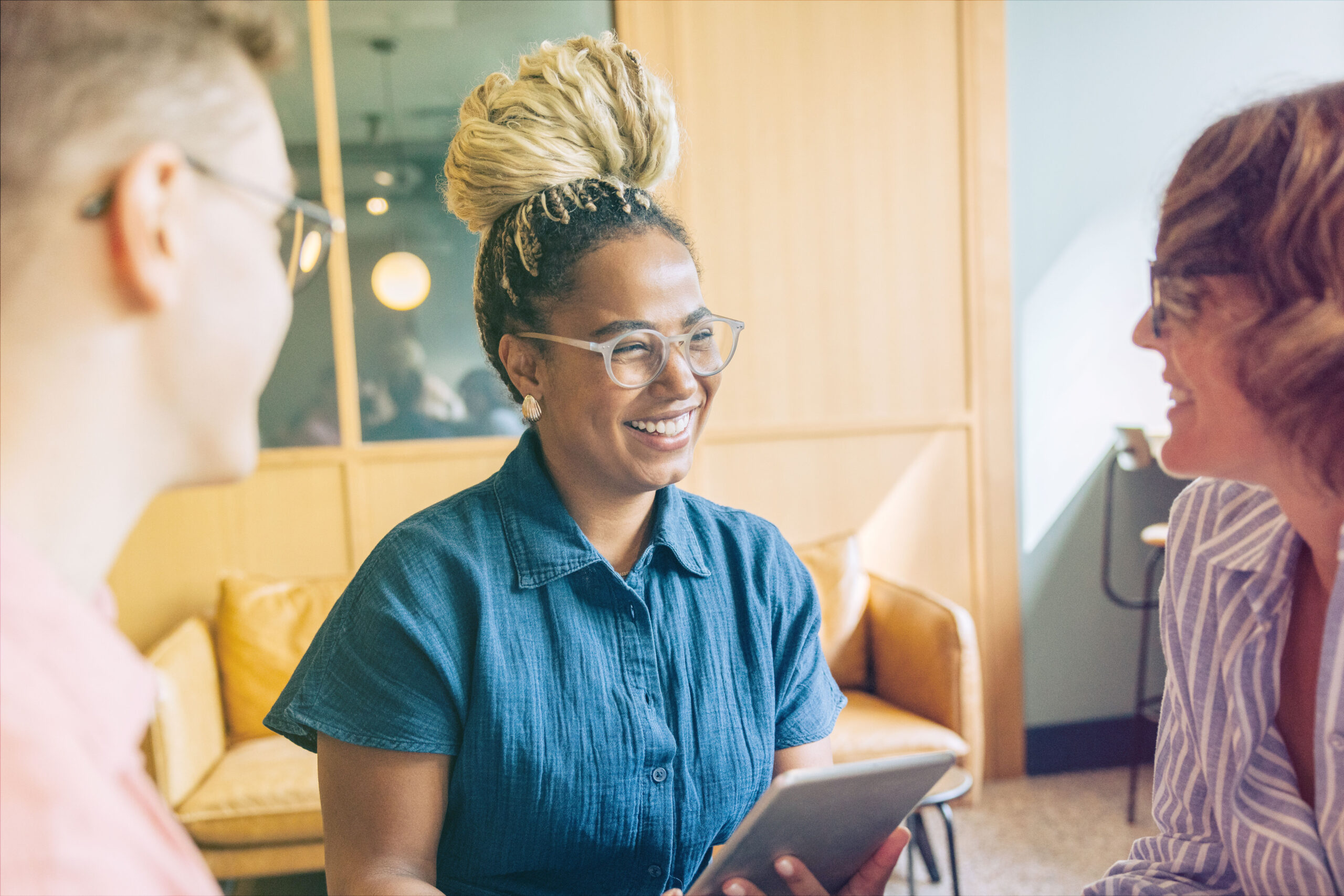
Sep 16, 2025 |
Innovation & Impact
Leadership Coaching ROI: 55% Better Results Than Traditional Training
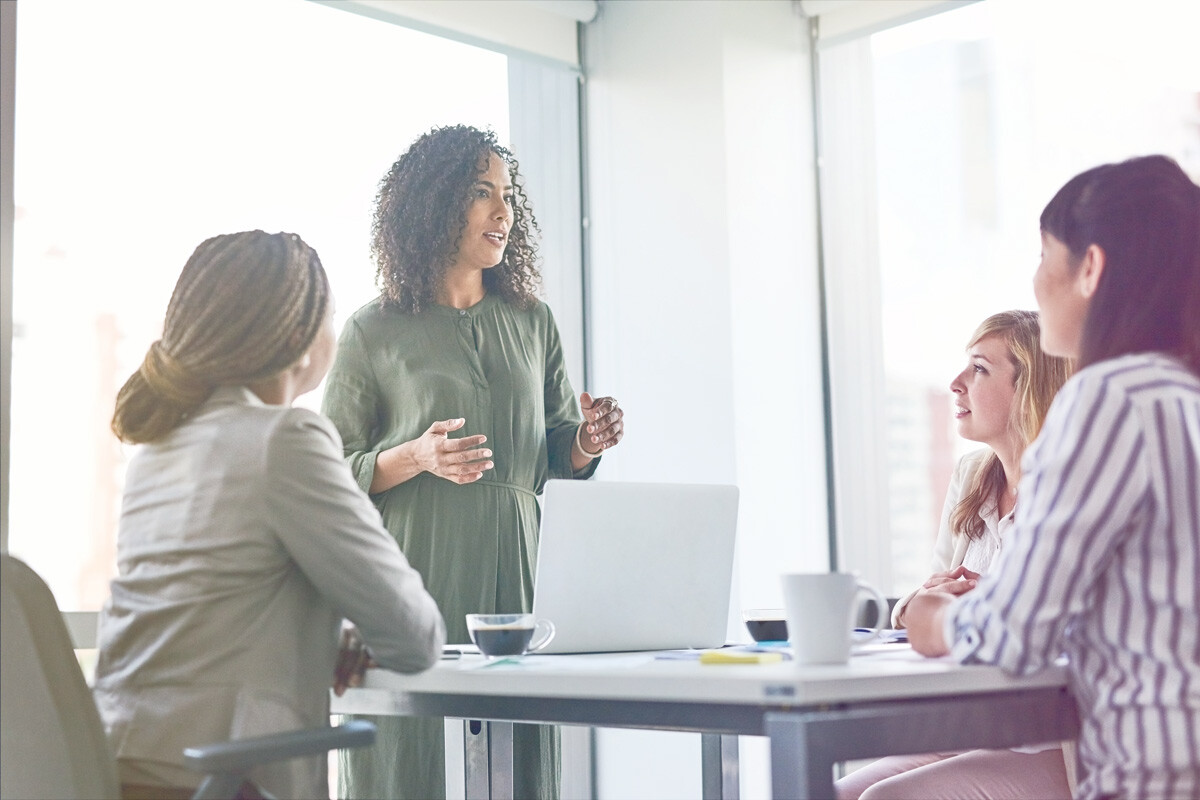
Aug 13, 2025 |
Innovation & Impact
The Role of an Internal Coach: What to Expect and How to Get Started
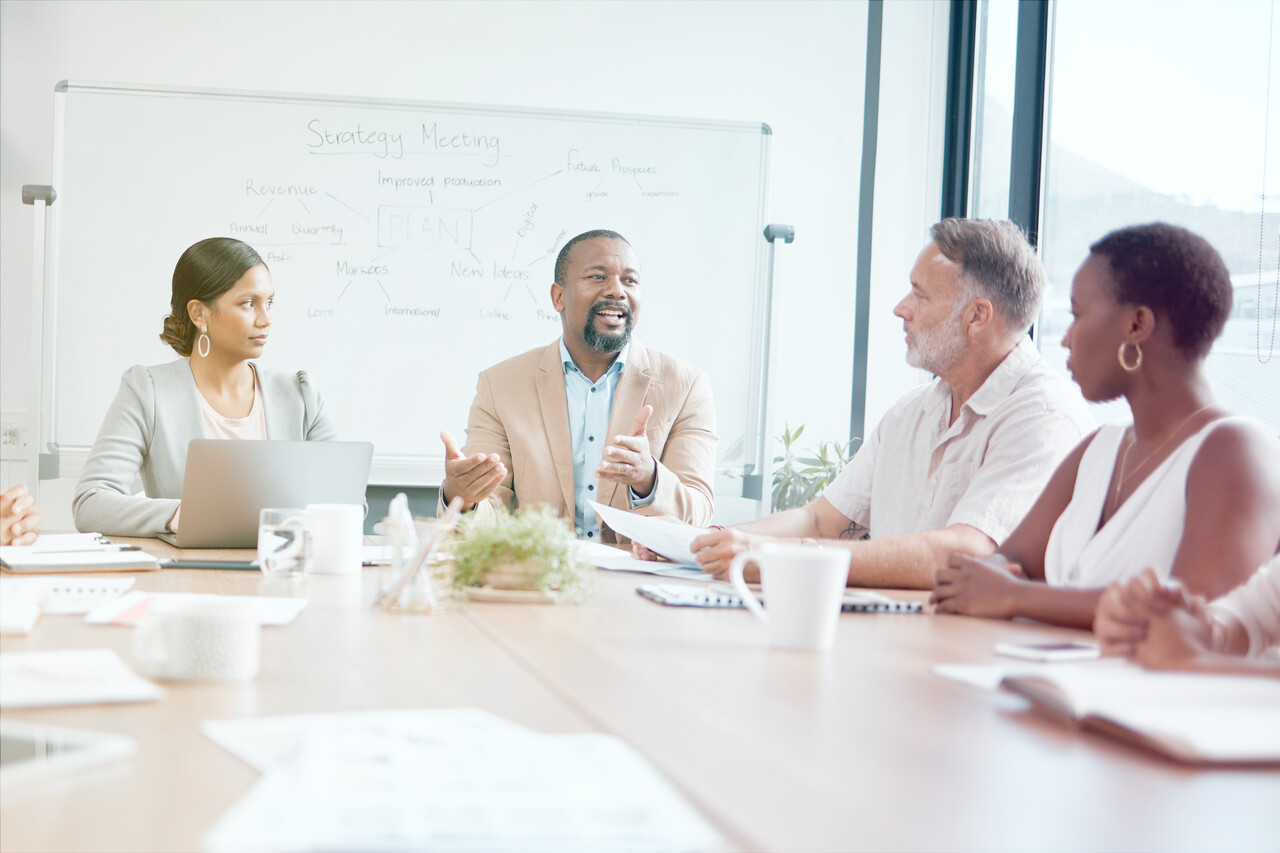
Aug 12, 2025 |
Innovation & Impact
Debunking Common Coaching Myths: What Coaching Is (and What It Isn’t)

Jul 22, 2025 |
Innovation & Impact
Best Strategies for Developing Inclusive Leaders with Co-Active Training

Jul 22, 2025 |
Innovation & Impact
Best Ways to Improve Employee Engagement with Co-Active Leadership Practices
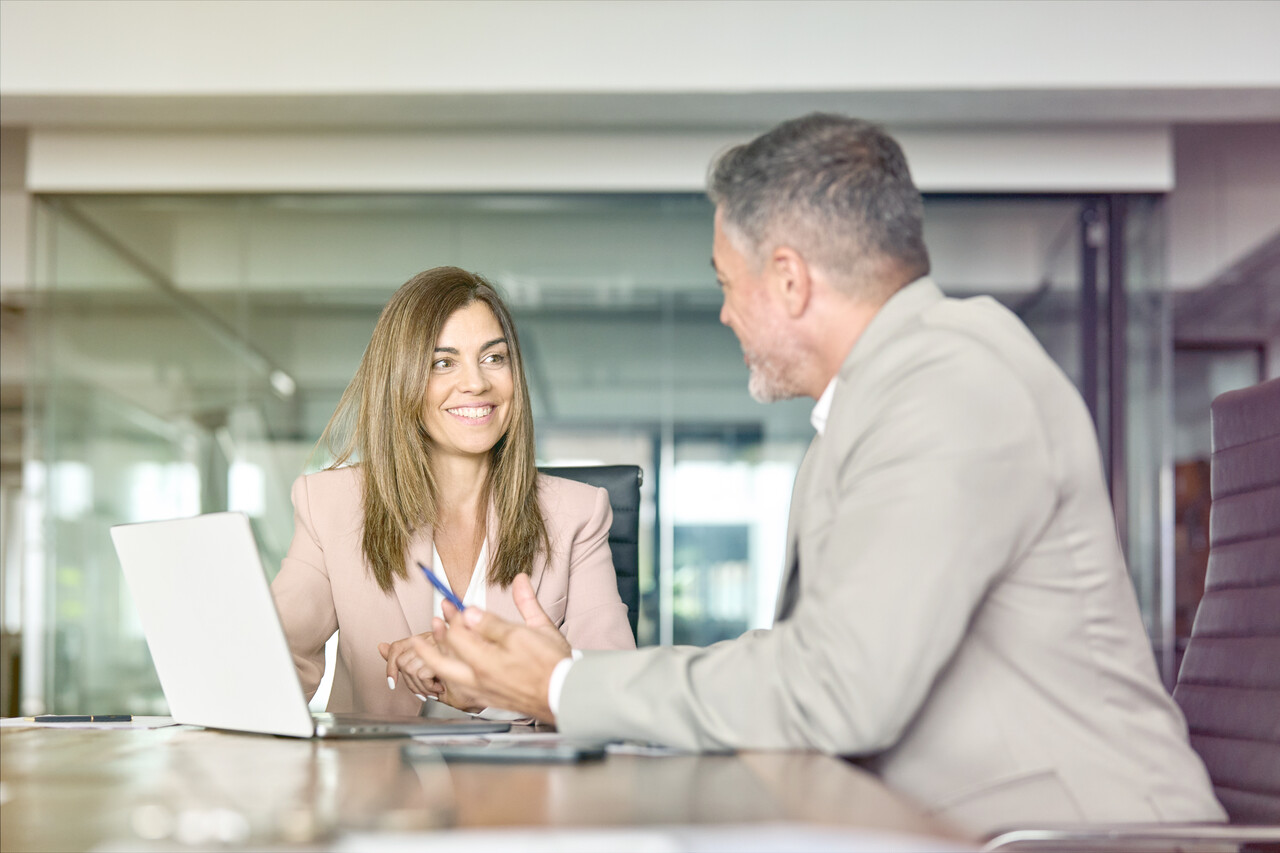
Jul 22, 2025 |
Innovation & Impact
Compassionate Coaching: How to Balance Empathy and Accountability

Jun 24, 2025 |
Systems & Structure
Coaching Workshop Ideas That Attract Clients and Deliver Real Value

Jun 20, 2025 |
Innovation & Impact
How to Use Leadership Models in Business to Amplify Your Mid-Sized Impact
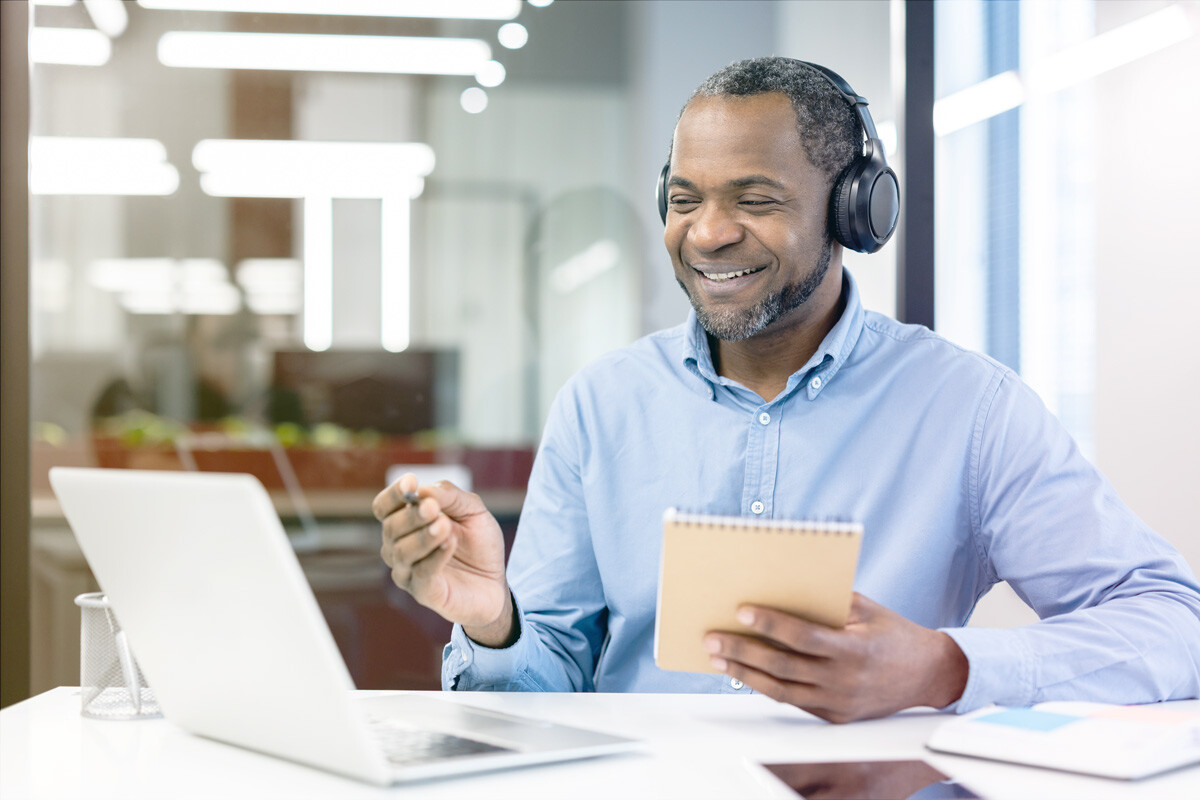
May 21, 2025 |
Systems & Structure
How to Conduct a Successful Coaching Discovery Call: A Guide for Coaches
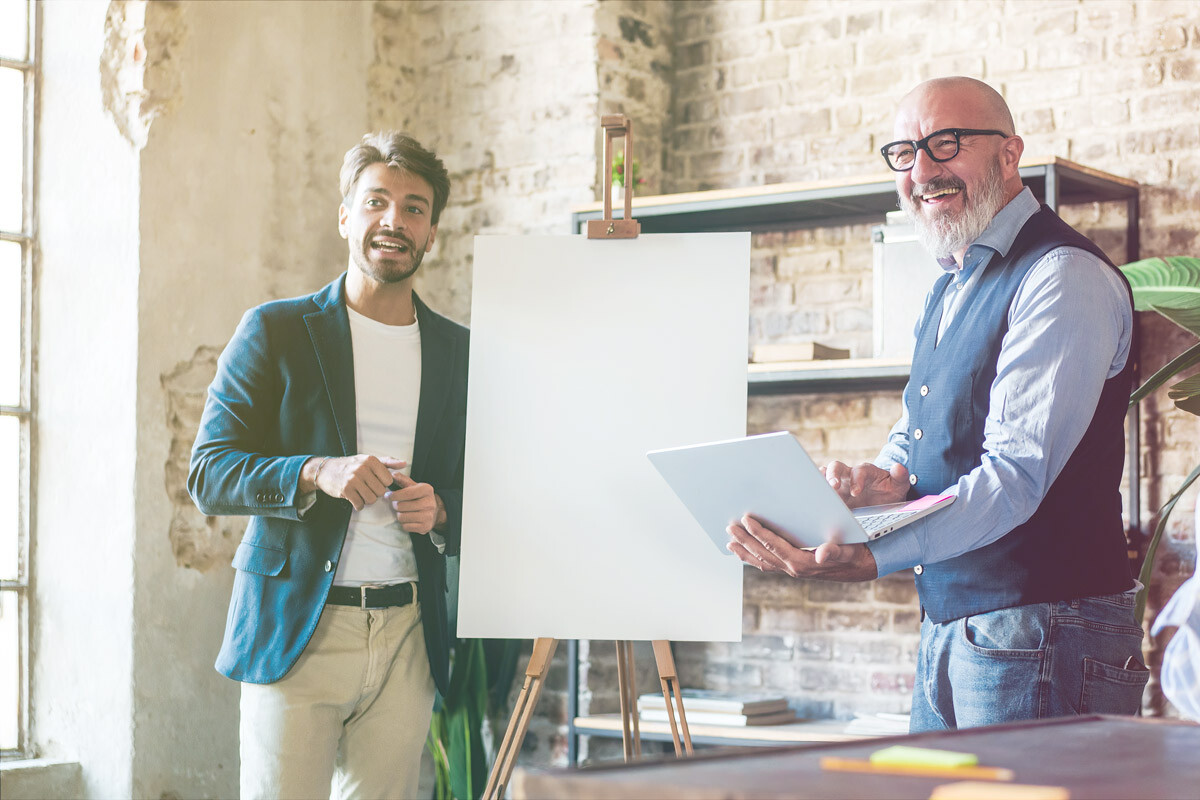
Mar 26, 2025 |
Systems & Structure
What is Co-Coaching And How Does it Work? A Simple Guide for Coaches
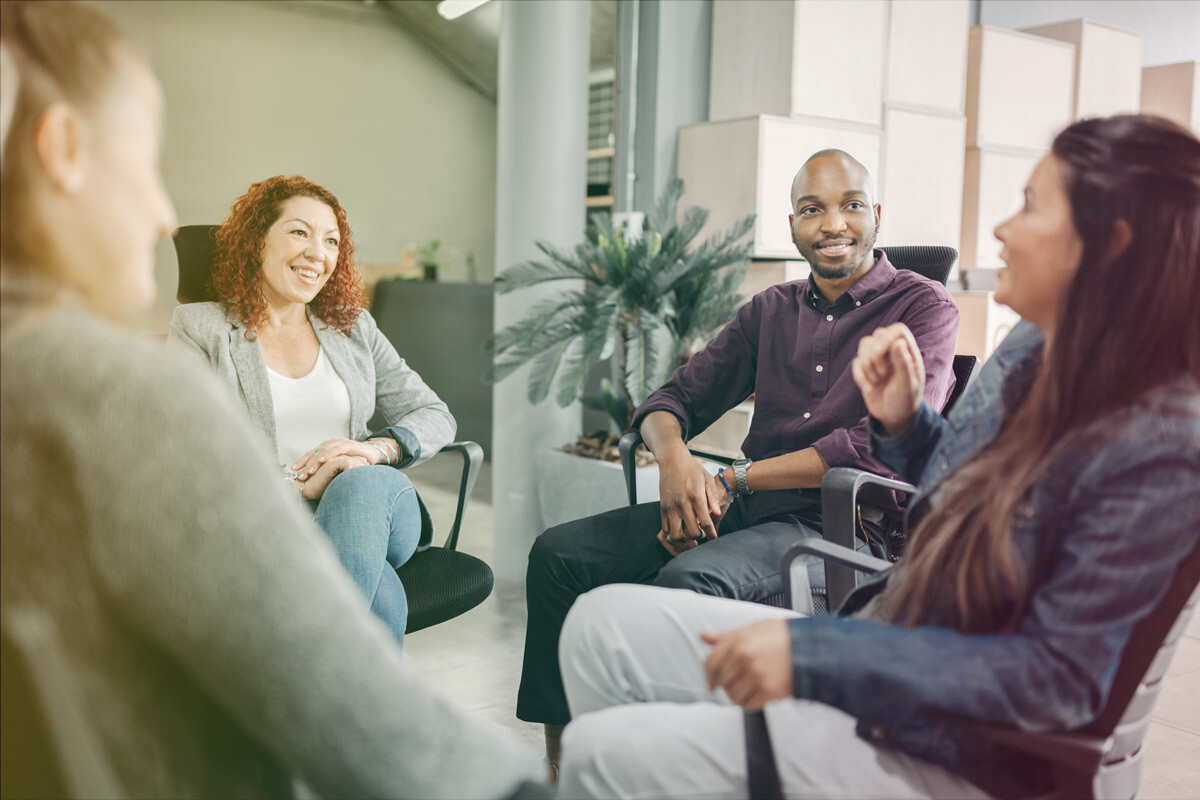
Mar 11, 2025 |
Innovation & Impact
How to Identify and Address Fear-Based Thinking in Coaching Sessions
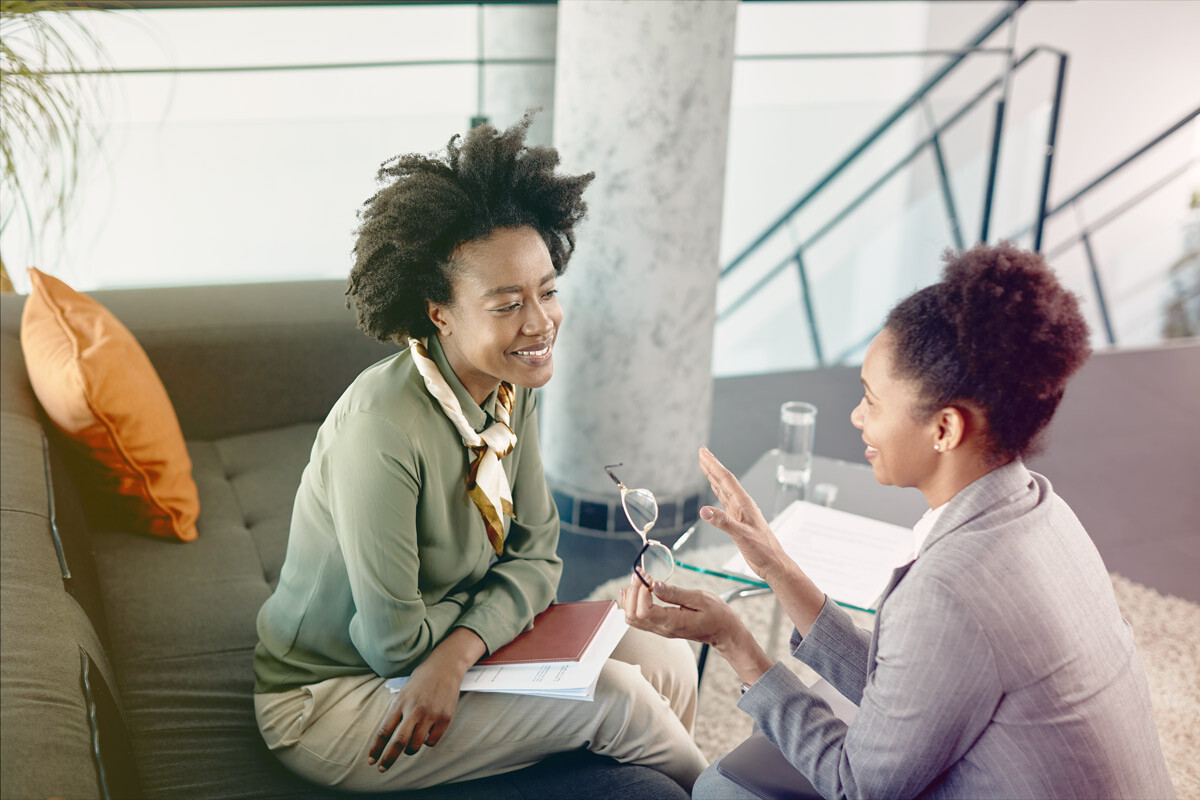
Mar 11, 2025 |
Systems & Structure
Imposter Syndrome Coaching: A Coach’s Guide for Struggling Clients
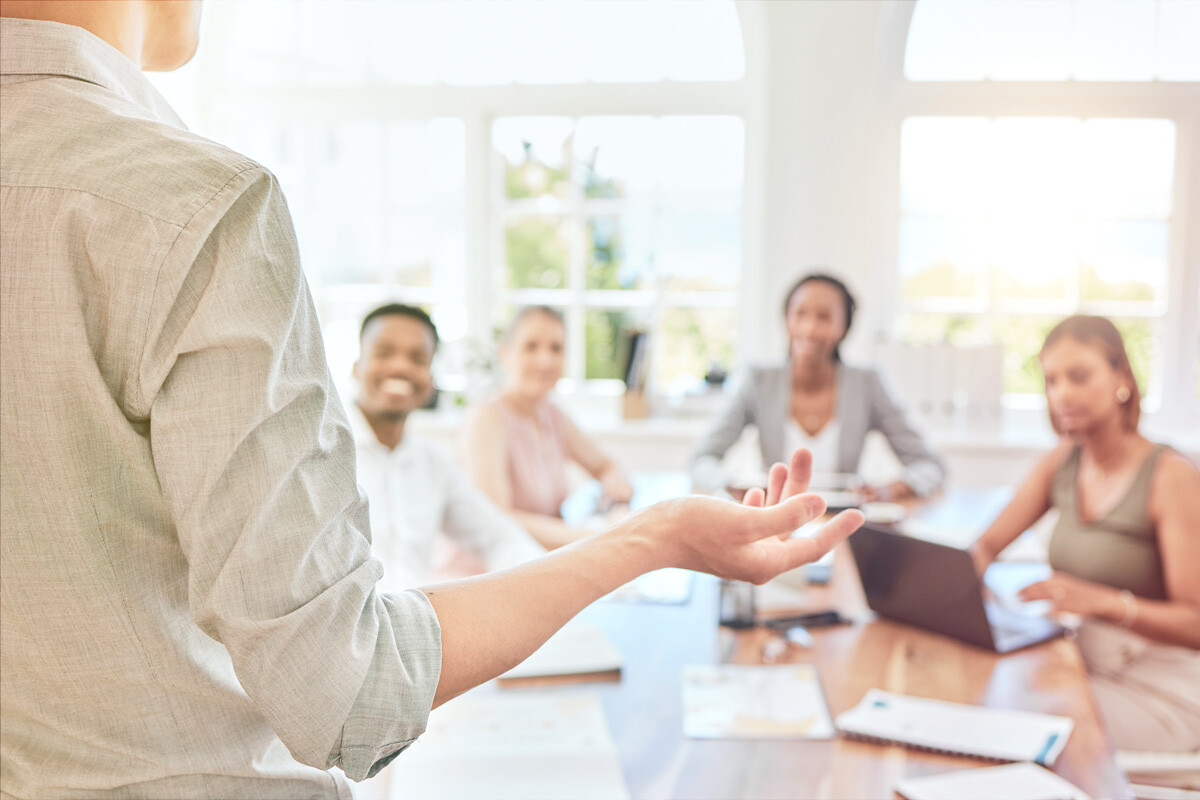
Mar 10, 2025 |
Innovation & Impact
How to Measure and Improve Your Coaching Quality: A Coach’s Guide
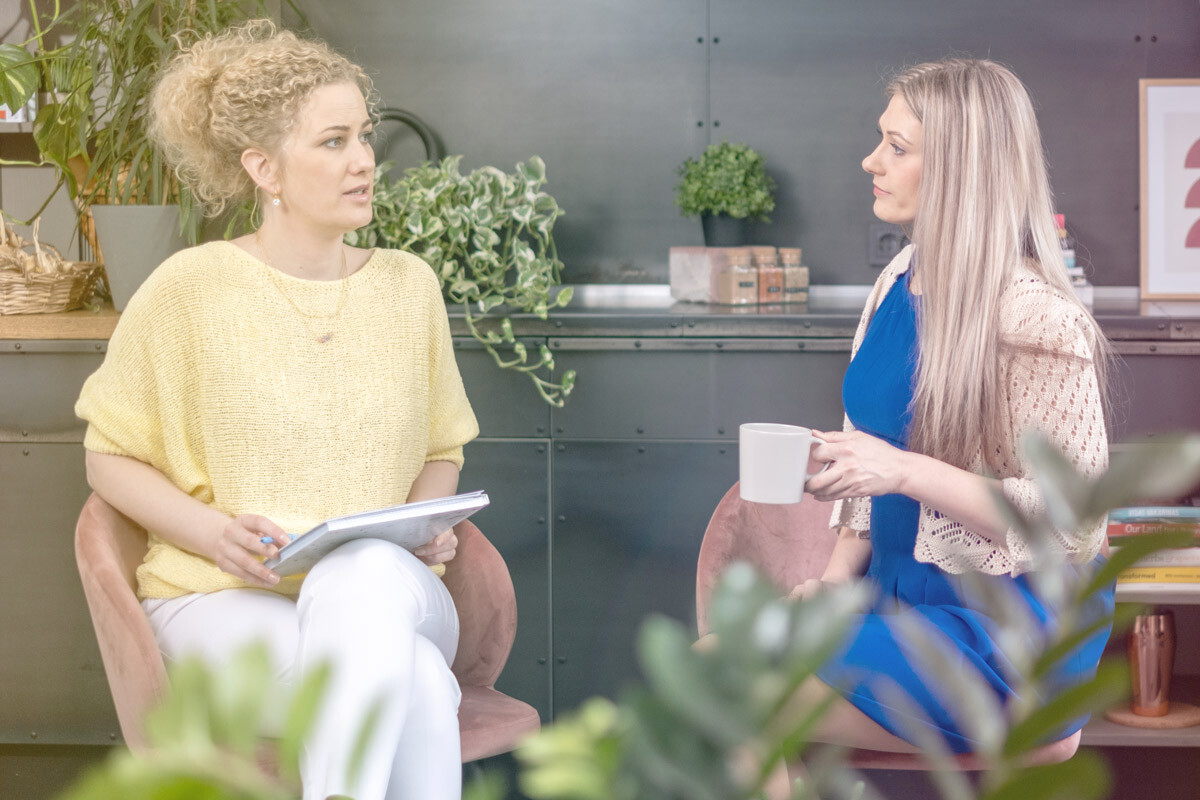
Mar 7, 2025 |
Systems & Structure
Should You Offer Group Coaching, 1:1 Coaching, or Both? A Strategic Approach
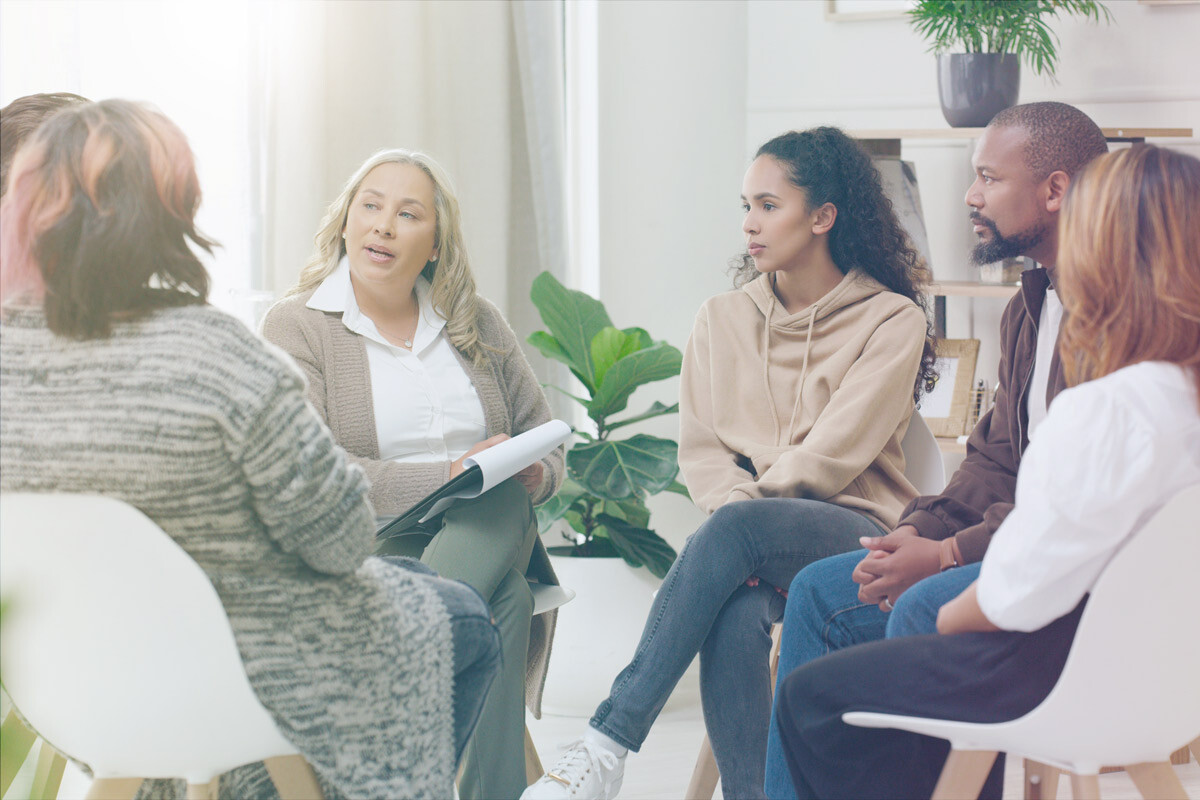
Feb 17, 2025 |
Innovation & Impact
Developing Your Coaching Philosophy | Practical Guide For Coaches
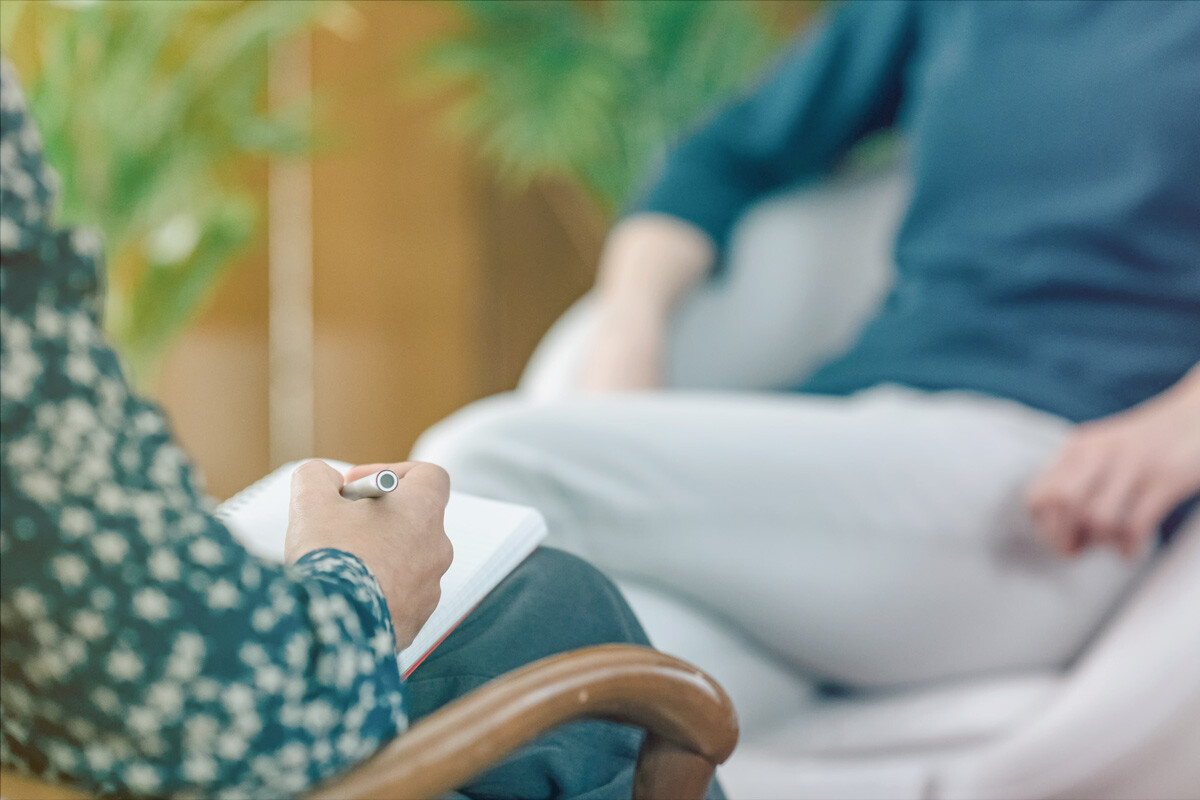
Jan 30, 2025 |
Innovation & Impact
How to Conduct a Powerful First Coaching Session: Tips for New Coaches
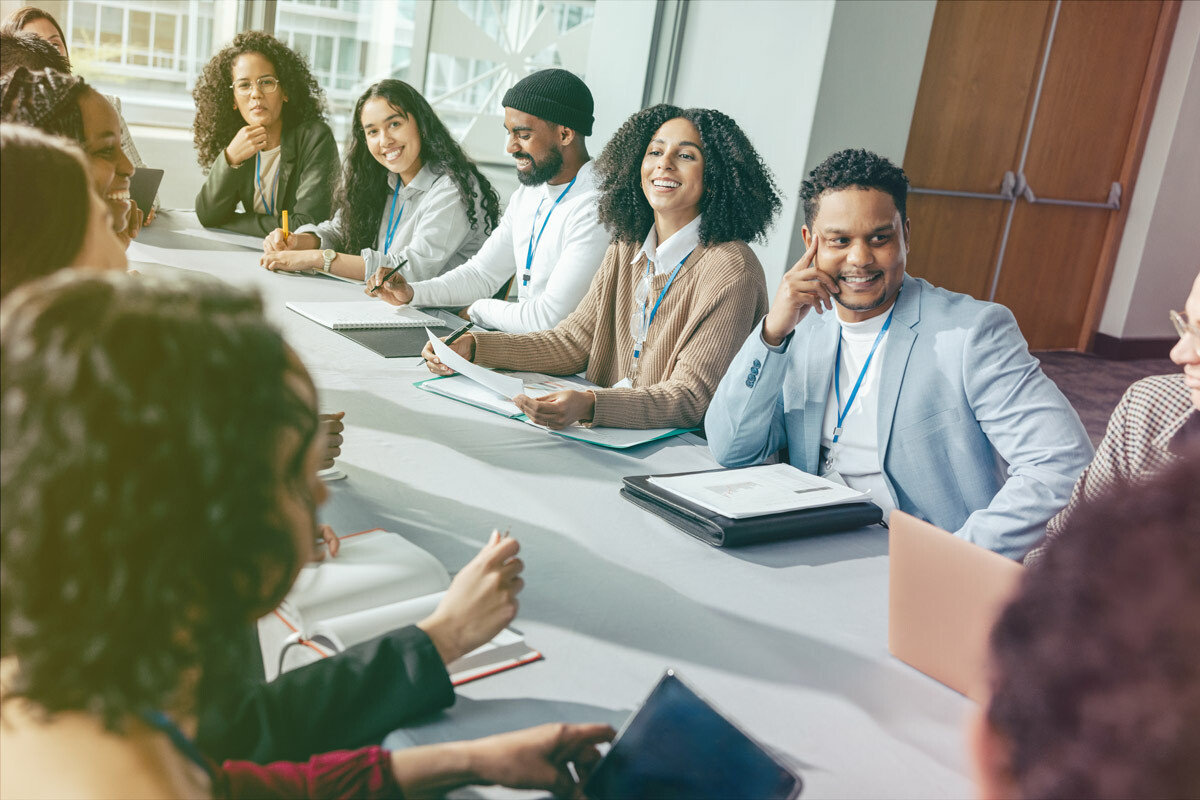
Jan 29, 2025 |
Systems & Structure
ICF Accreditation Vs. Non-Accredited Coaching Programs: What Matters?
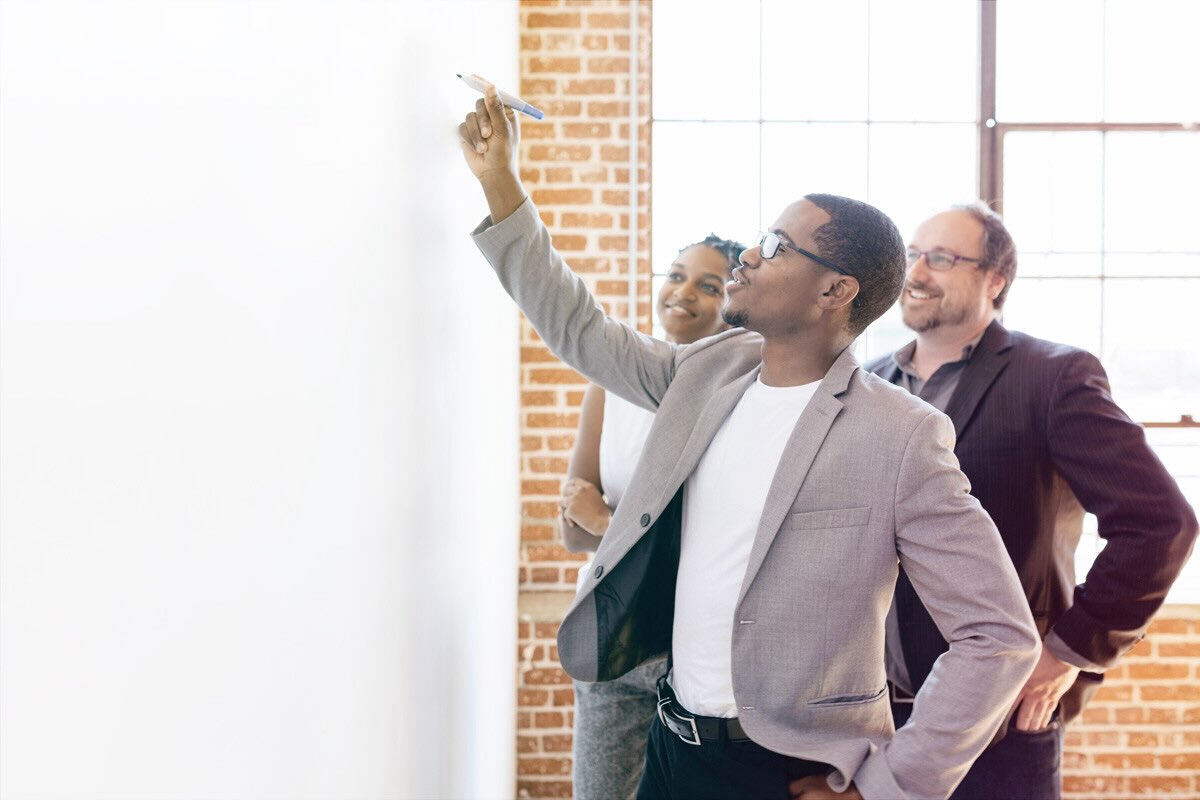
Dec 14, 2024 |
Systems & Structure
Executive Leadership Coaching vs. Business Coaching – The Differences
Prev
1
2
3
4
5
6
7
8
9
10
11
Next

Nov 20, 2025 |
Responsibility
Creating a Feedback Culture: How Co-Active Coaching Supports Honest Dialogue

Sep 30, 2025 |
Responsibility
The Inner Work of Coaching: Why Self-Awareness Is a Coach’s Most Powerful Tool

Oct 23, 2025 |
Innovation & Impact
Don’t Just Learn About Coaching. Become a Coach: The Power of Experiential Learning

Oct 7, 2025 |
Innovation & Impact
More Than Just Words: How Co-Active Foundations Transforms Your Conversations and Relationships

Sep 16, 2025 |
Innovation & Impact
Leadership Coaching ROI: 55% Better Results Than Traditional Training

Aug 13, 2025 |
Innovation & Impact
The Role of an Internal Coach: What to Expect and How to Get Started

Aug 12, 2025 |
Innovation & Impact
Debunking Common Coaching Myths: What Coaching Is (and What It Isn’t)

Jul 22, 2025 |
Innovation & Impact
Best Strategies for Developing Inclusive Leaders with Co-Active Training

Jul 22, 2025 |
Innovation & Impact
Best Ways to Improve Employee Engagement with Co-Active Leadership Practices

Jul 22, 2025 |
Innovation & Impact
Compassionate Coaching: How to Balance Empathy and Accountability

Jun 20, 2025 |
Innovation & Impact
How to Use Leadership Models in Business to Amplify Your Mid-Sized Impact

Mar 11, 2025 |
Innovation & Impact
How to Identify and Address Fear-Based Thinking in Coaching Sessions

Mar 10, 2025 |
Innovation & Impact
How to Measure and Improve Your Coaching Quality: A Coach’s Guide

Feb 17, 2025 |
Innovation & Impact
Developing Your Coaching Philosophy | Practical Guide For Coaches

Jan 30, 2025 |
Innovation & Impact
How to Conduct a Powerful First Coaching Session: Tips for New Coaches
Prev
1
2
3
4
5
6
7
Next

Dec 23, 2025 |
Systems & Structure
What to Expect in a Coaching Certification Program Before You Enroll

Oct 7, 2025 |
Systems & Structure
From Knowledge to Action: How Ignite the Practice Builds Coaching Confidence

Oct 2, 2025 |
Systems & Structure
The Co-Active Coach Training Pathway: A Roadmap to Coaching Mastery

Jun 24, 2025 |
Systems & Structure
Coaching Workshop Ideas That Attract Clients and Deliver Real Value

May 21, 2025 |
Systems & Structure
How to Conduct a Successful Coaching Discovery Call: A Guide for Coaches

Mar 26, 2025 |
Systems & Structure
What is Co-Coaching And How Does it Work? A Simple Guide for Coaches

Mar 11, 2025 |
Systems & Structure
Imposter Syndrome Coaching: A Coach’s Guide for Struggling Clients

Mar 7, 2025 |
Systems & Structure
Should You Offer Group Coaching, 1:1 Coaching, or Both? A Strategic Approach

Jan 29, 2025 |
Systems & Structure
ICF Accreditation Vs. Non-Accredited Coaching Programs: What Matters?

Dec 14, 2024 |
Systems & Structure
Executive Leadership Coaching vs. Business Coaching – The Differences
Prev
1
2
3
4
Next
What People Say About Co-Active Training Institute
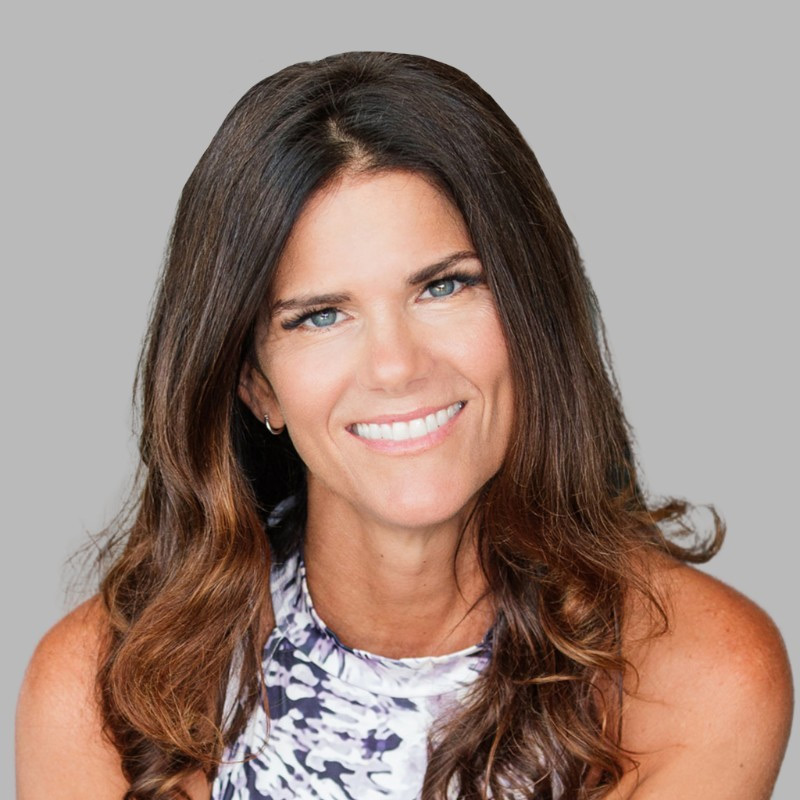
★★★★★
“The Co-Active Leadership Experience is a transformative program for anyone. We are all leaders, whether we are conscious of that or not. Each of us is having an impact on ourselves, each other, and the planet. This course teaches us awareness, ownership, AND a model that empowers us to make a difference.”
Darla Beam
★★★★★
“The Co-Active Leadership Experience is a transformative program for anyone. We are all leaders, whether we are conscious of that or not. Each of us is having an impact on ourselves, each other, and the planet. This course teaches us awareness, ownership, AND a model that empowers us to make a difference.”

Darla Beam
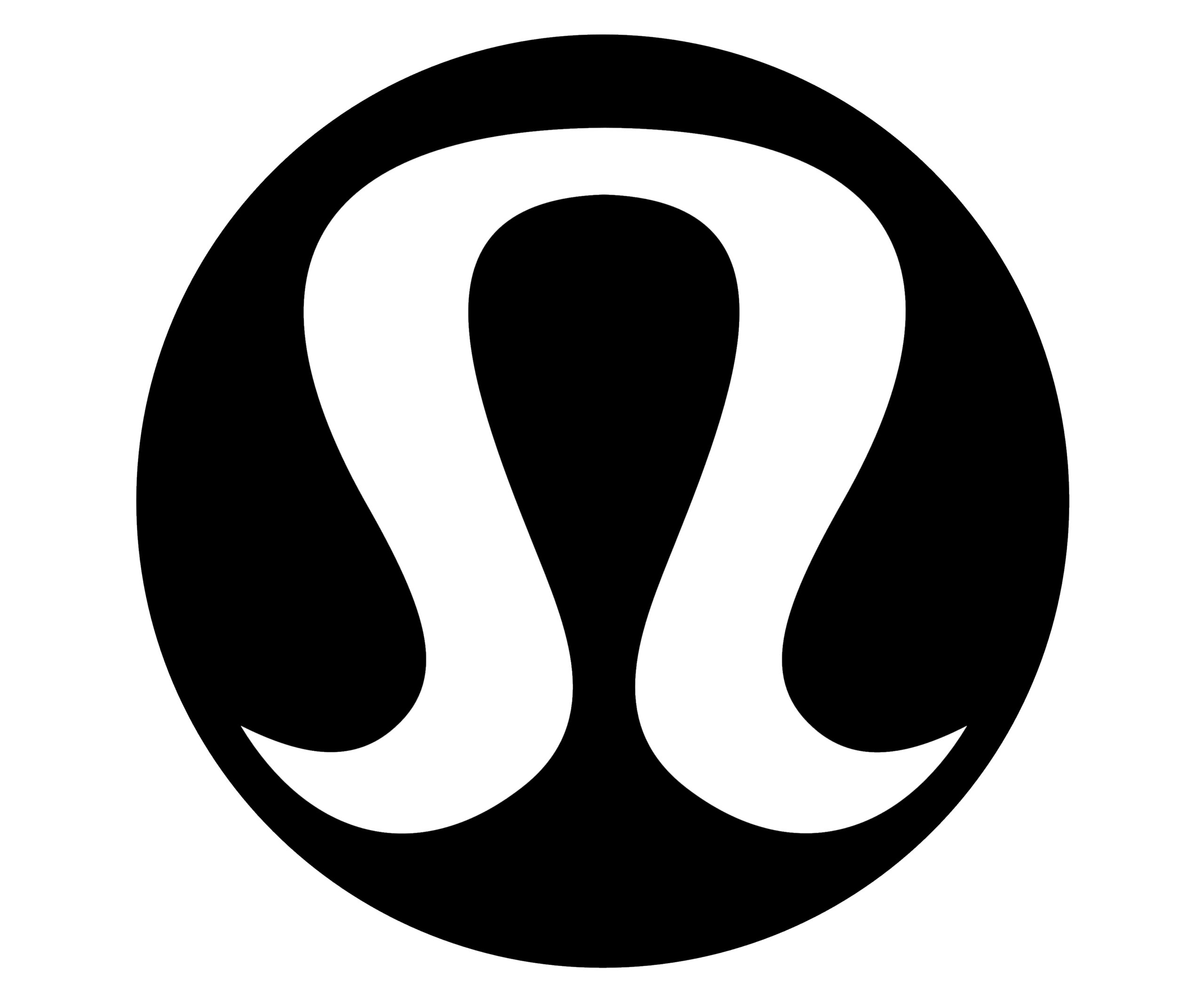
★★★★★
“The Co-Active Training Program has revolutionized how our teams operate and lead. The impact of the training has been profound, producing both clear financial ROI and a huge amount of deep-felt benefits.”
Leader at Lululemon
★★★★★
“The Co-Active Training Program has revolutionized how our teams operate and lead. The impact of the training has been profound, producing both clear financial ROI and a huge amount of deep-felt benefits.”

Leader at Lululemon
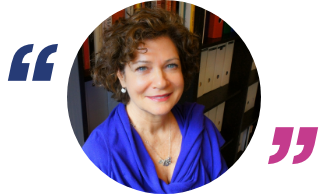
★★★★★
“What’s so extraordinary about the program is that it lifts you right out of your expected ways of doing things and lets you effectively be a different person. What got me here was this experiential program, where I was calling upon all parts of my soul — the values, the spiritual, the intellectual, the emotional.”
Celeste Schenck
President, American University of Paris
★★★★★
“What’s so extraordinary about the program is that it lifts you right out of your expected ways of doing things and lets you effectively be a different person. What got me here was this experiential program, where I was calling upon all parts of my soul — the values, the spiritual, the intellectual, the emotional.”

Celeste Schenck
President, American University of Paris

